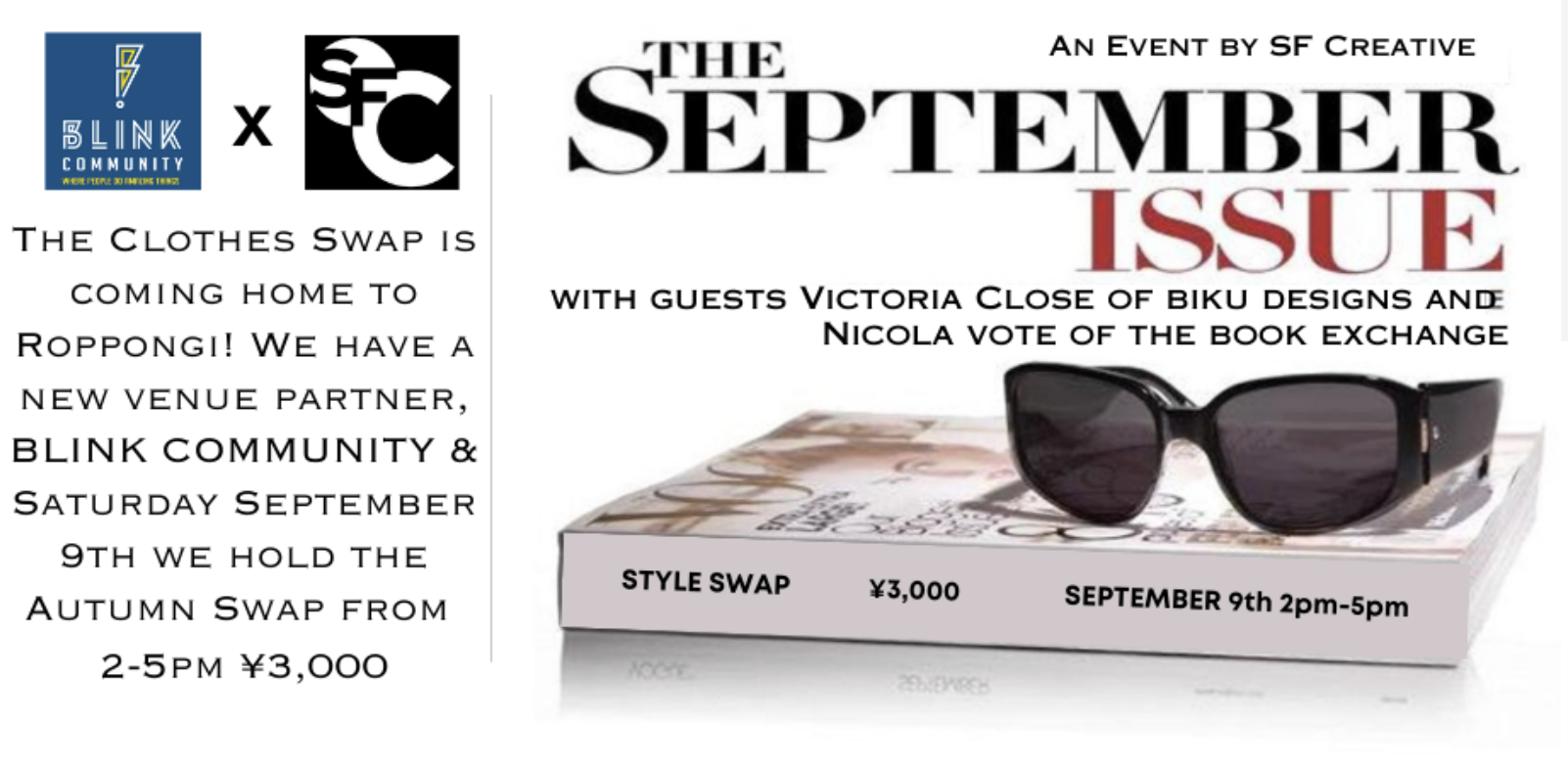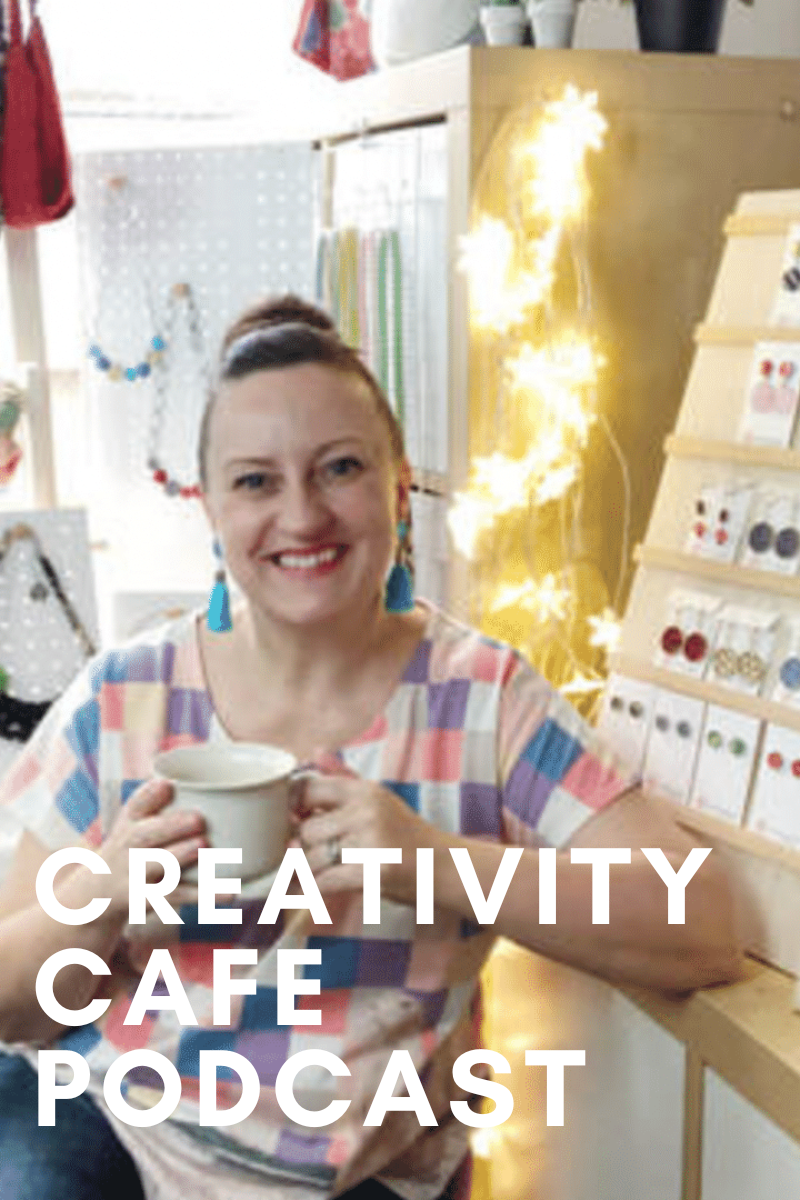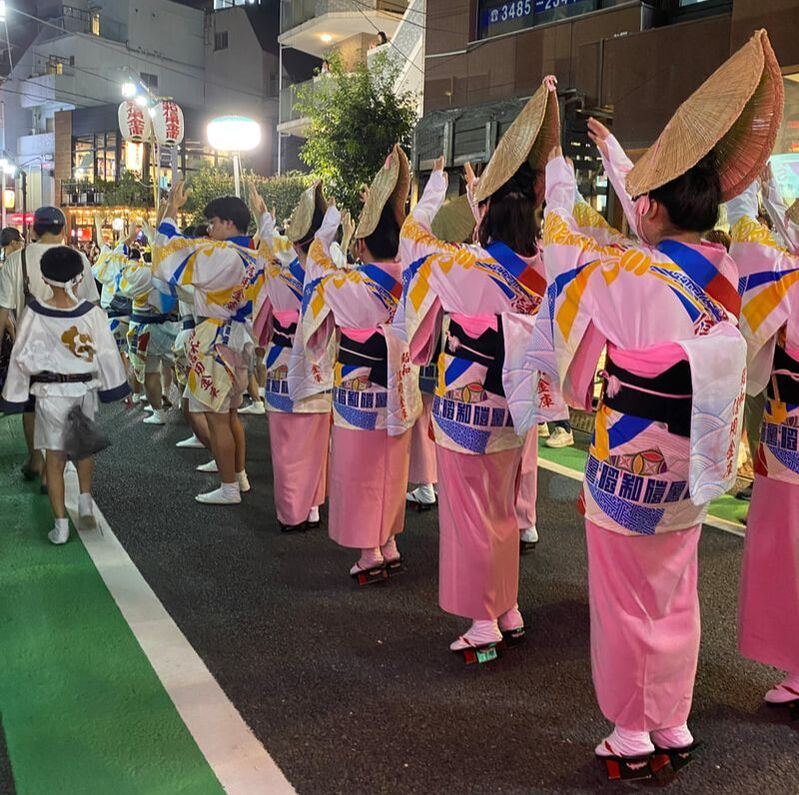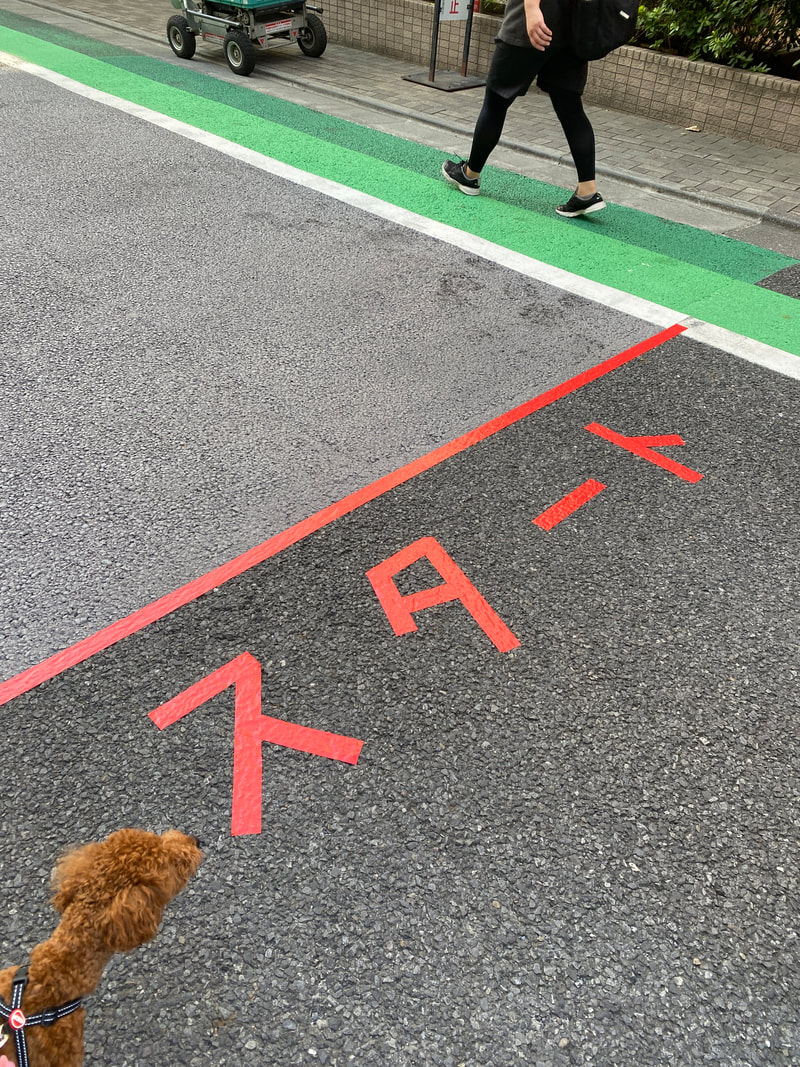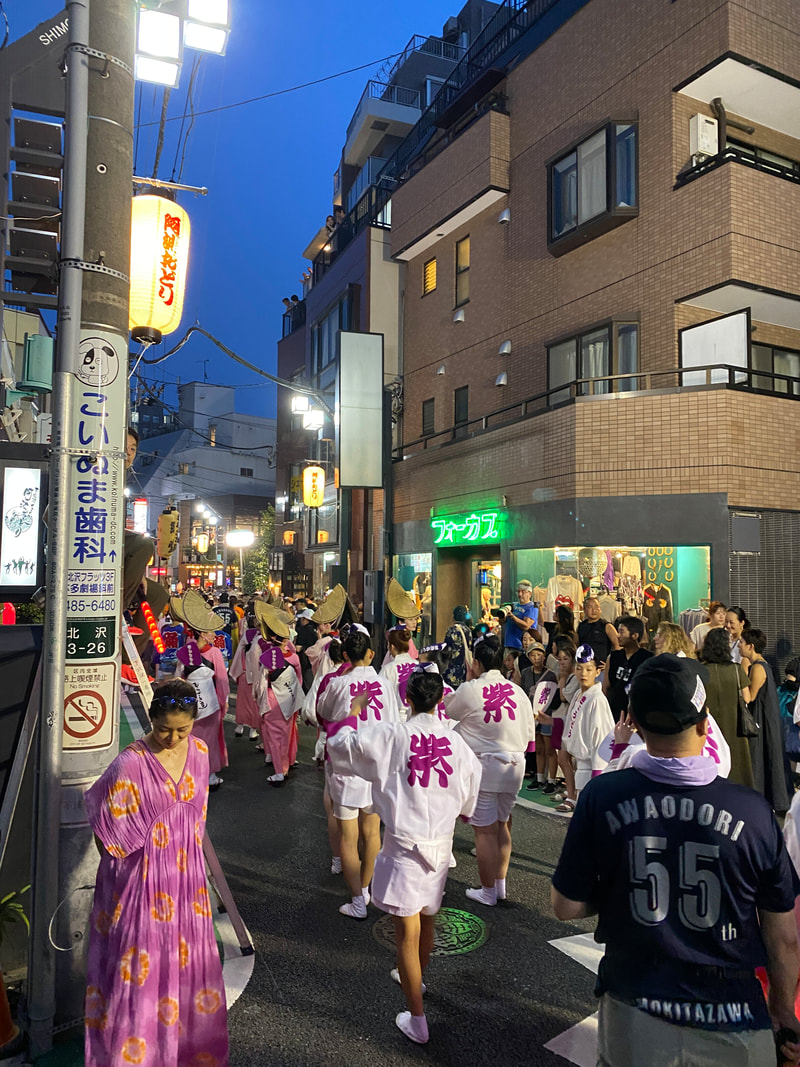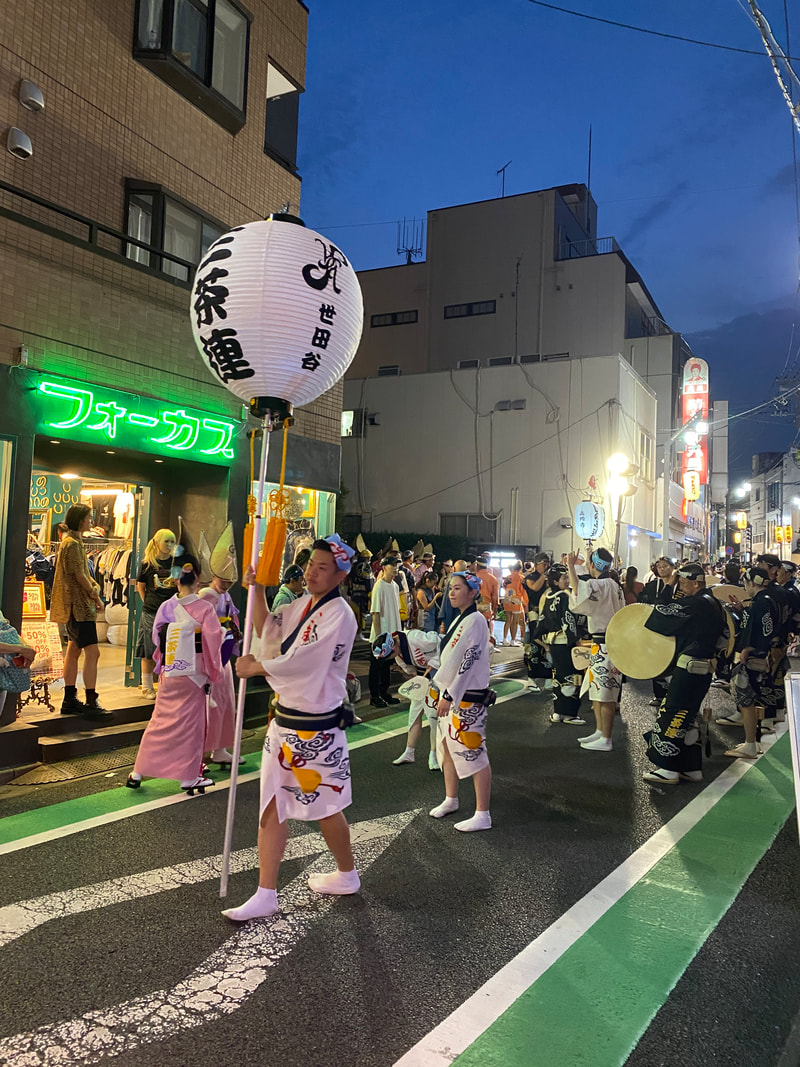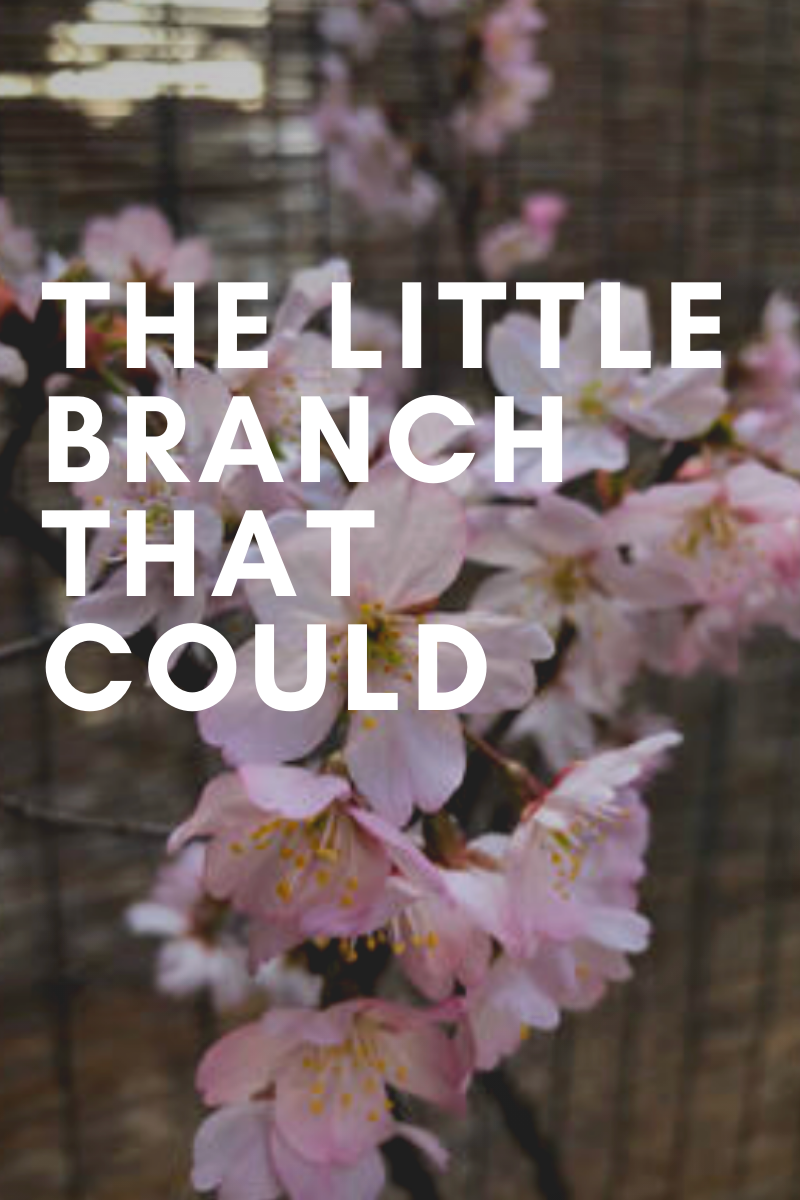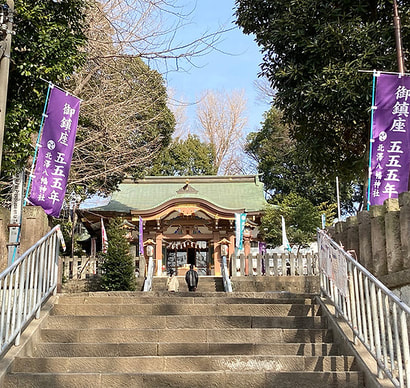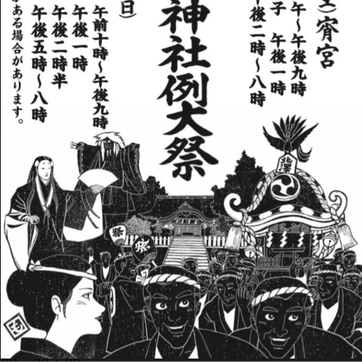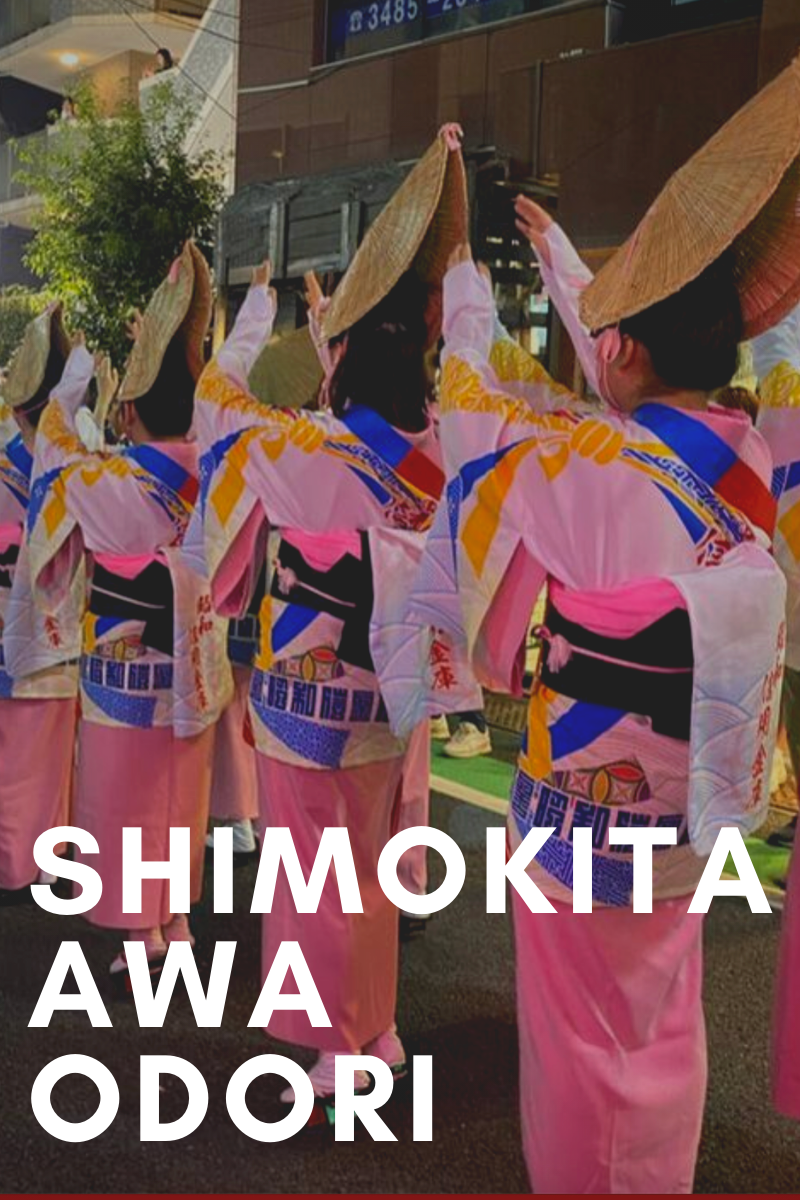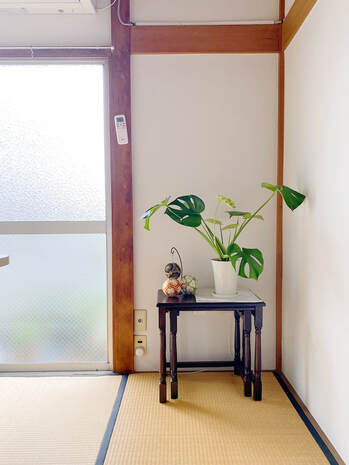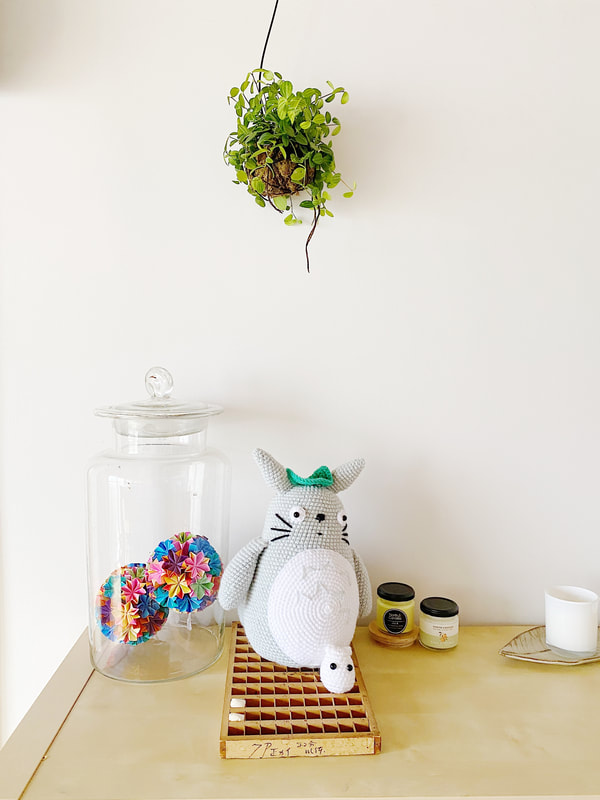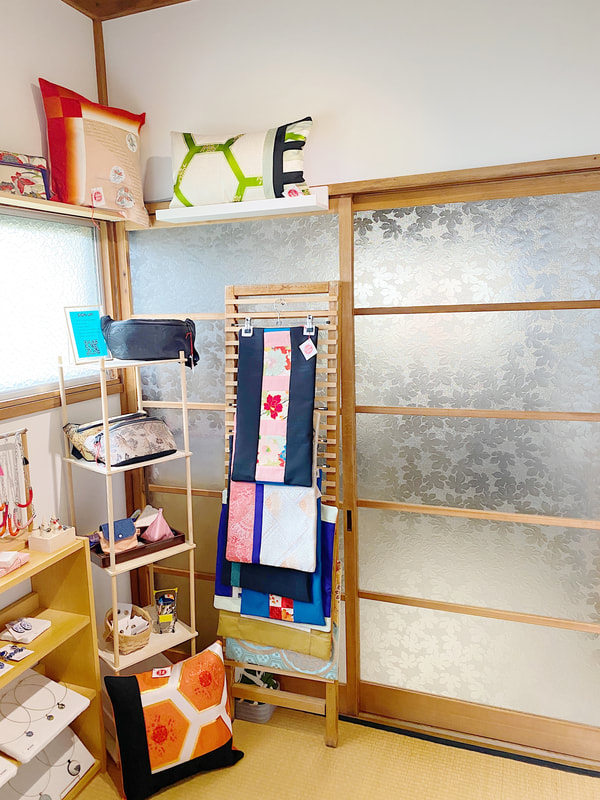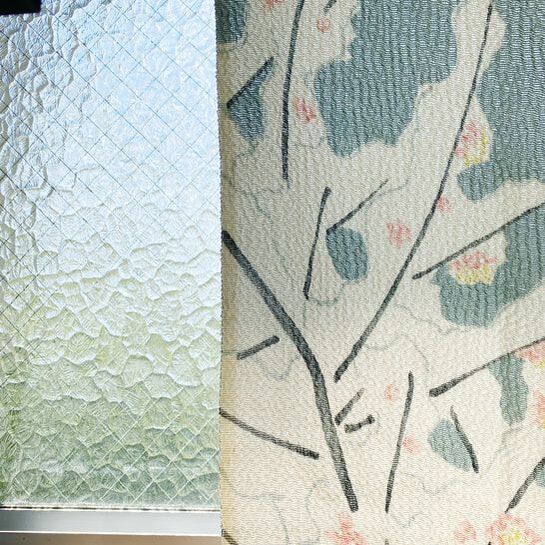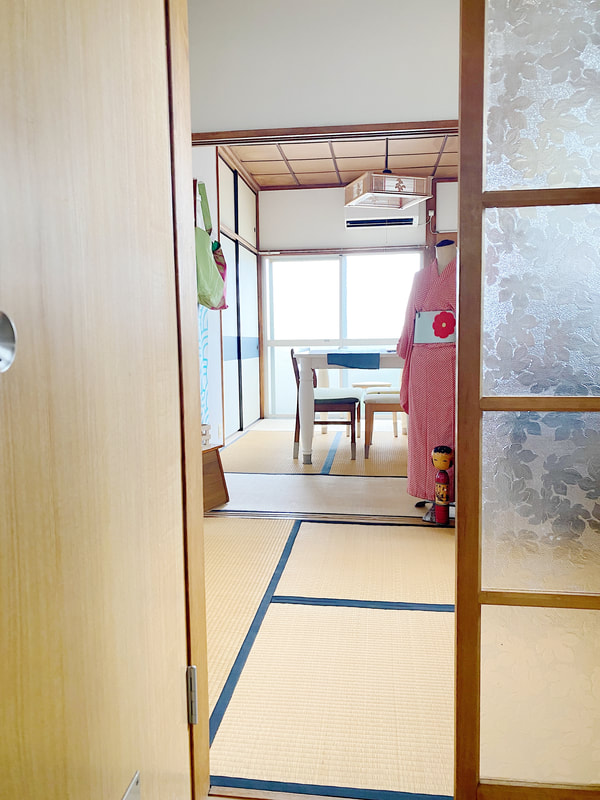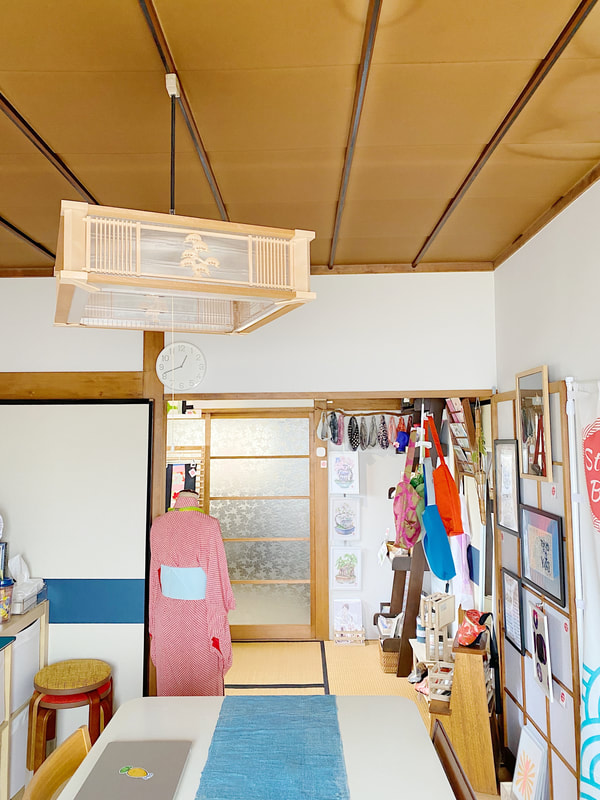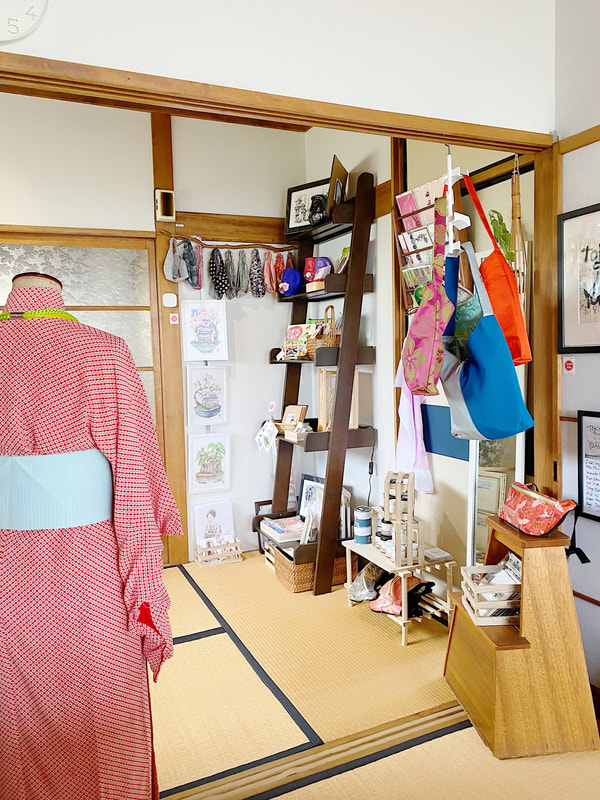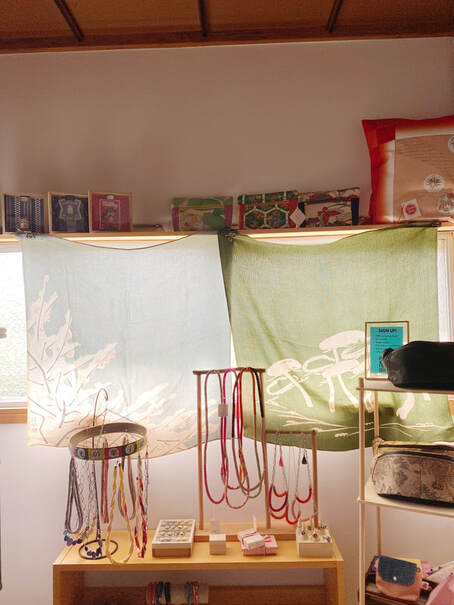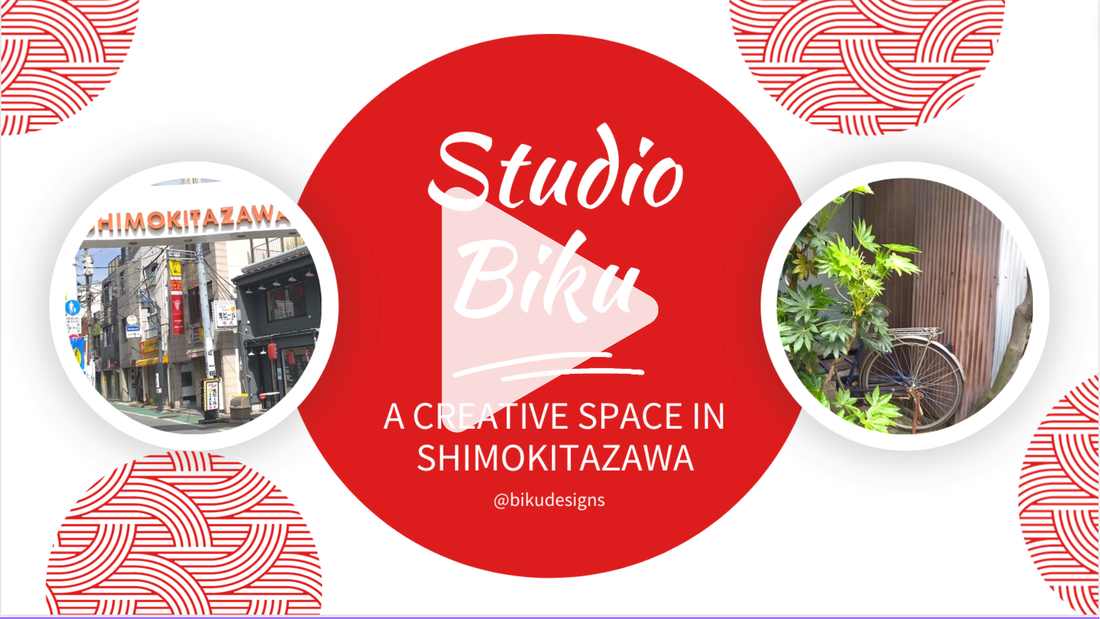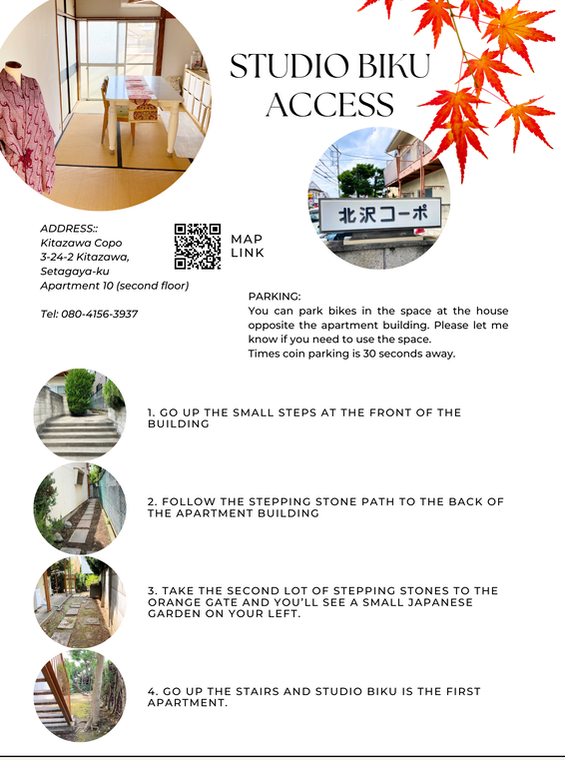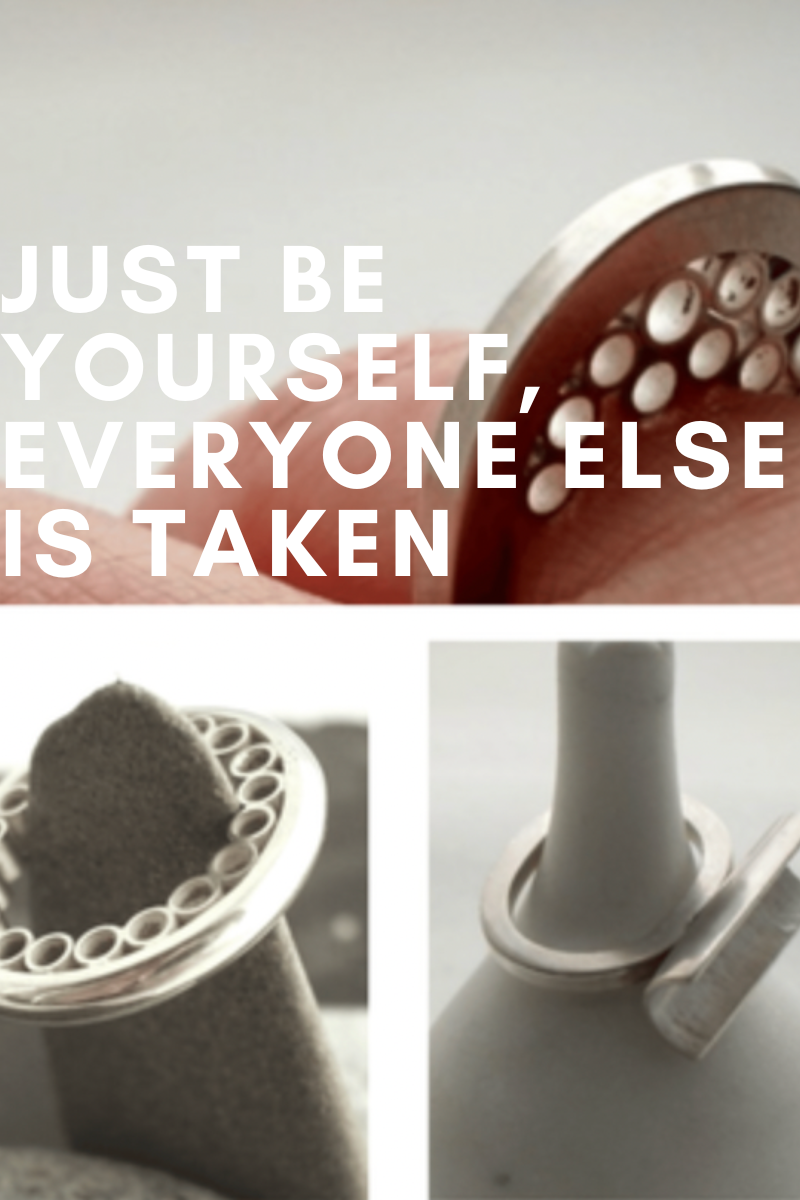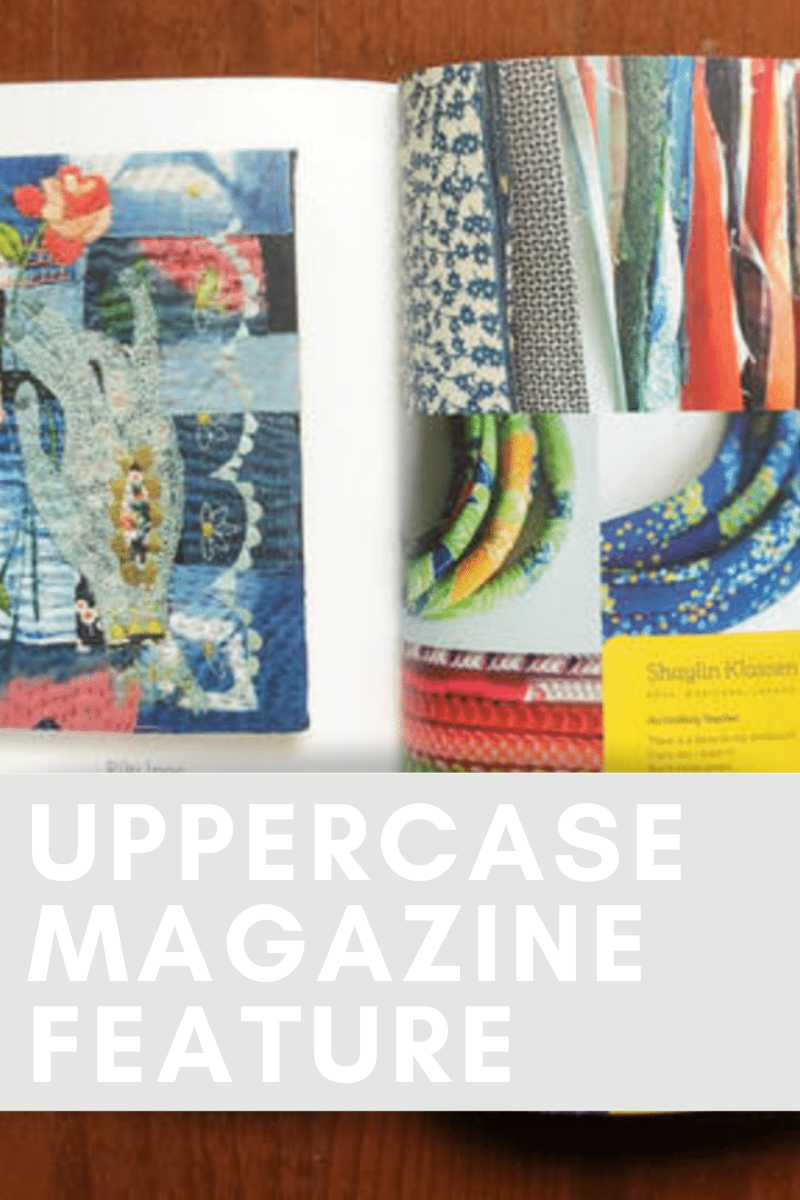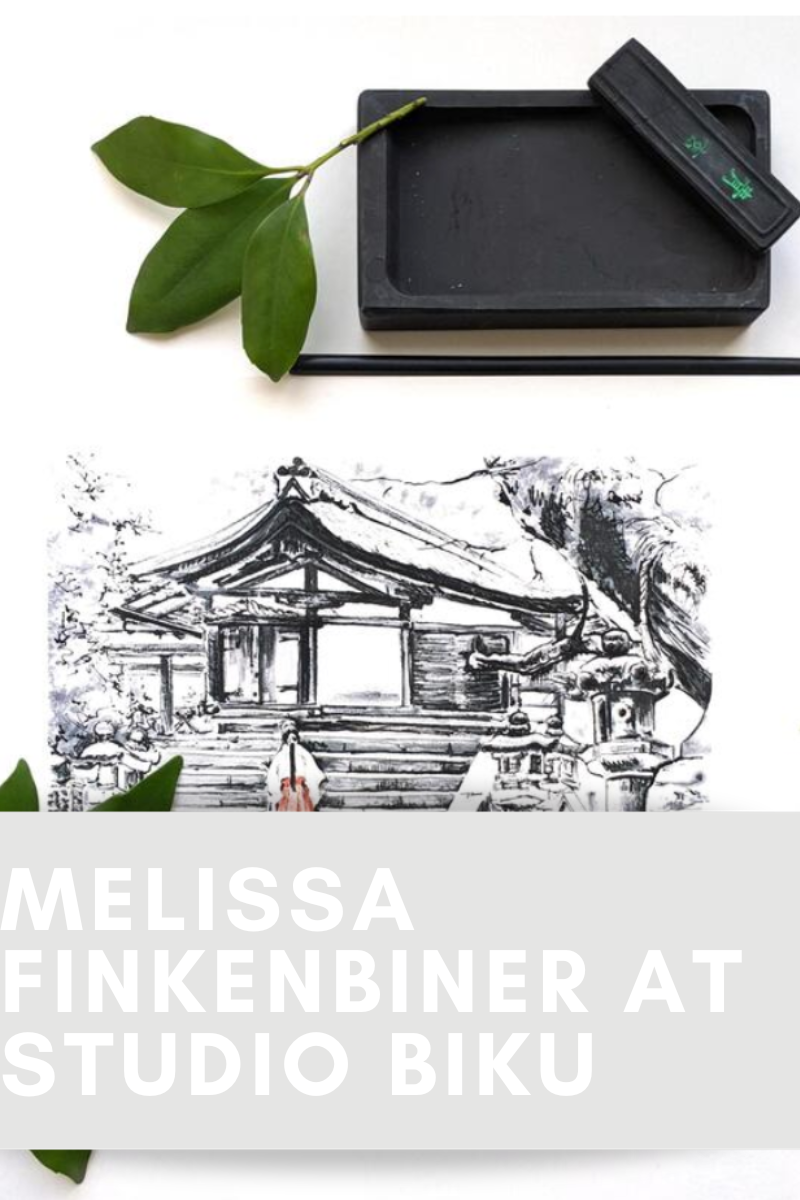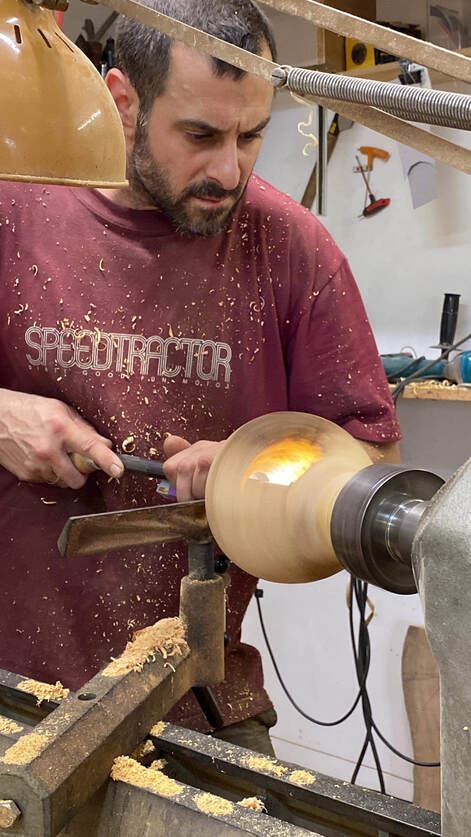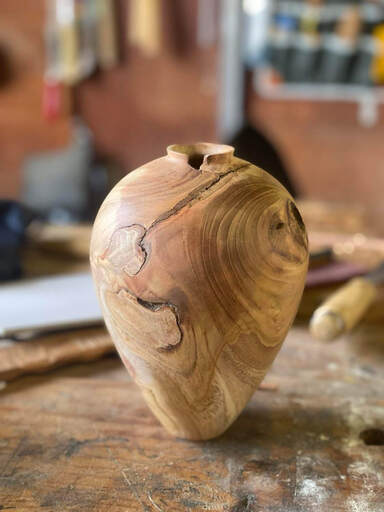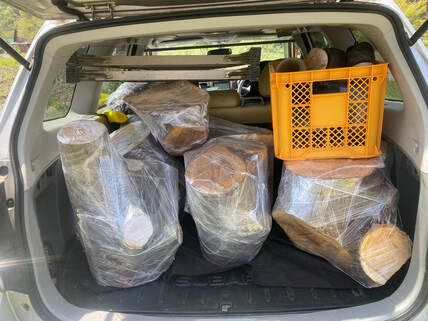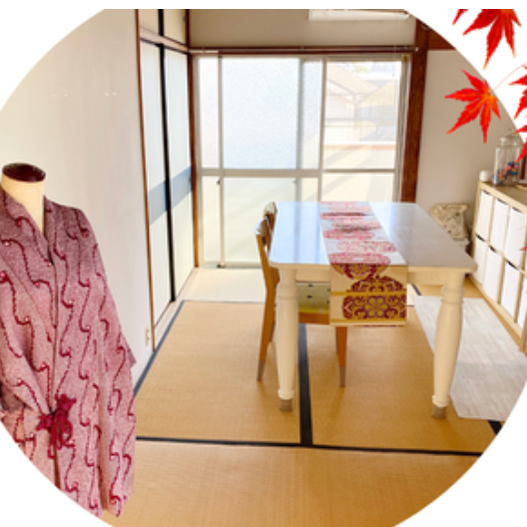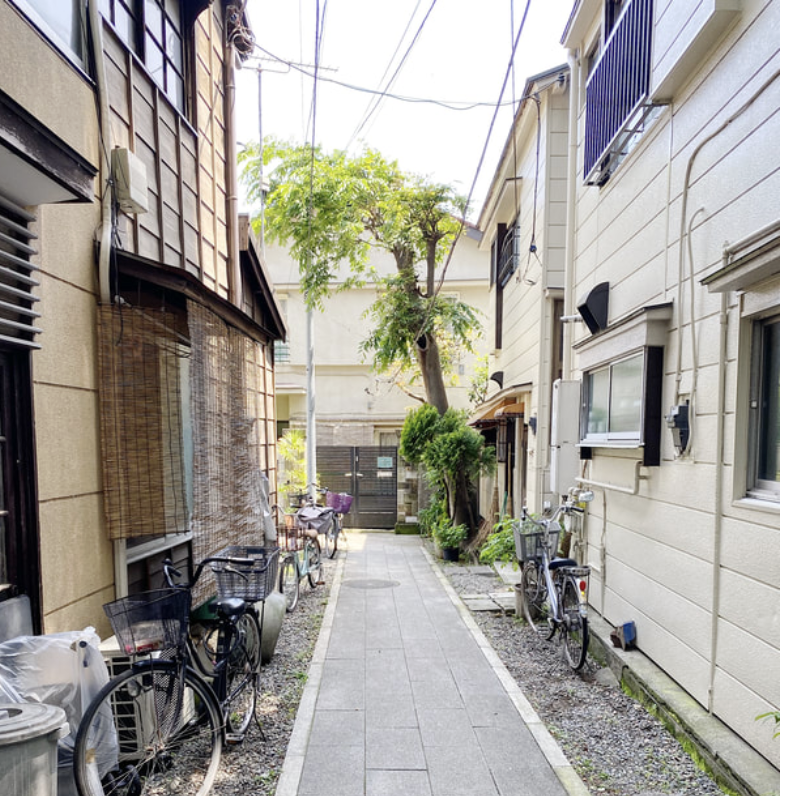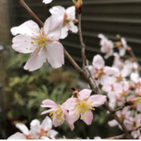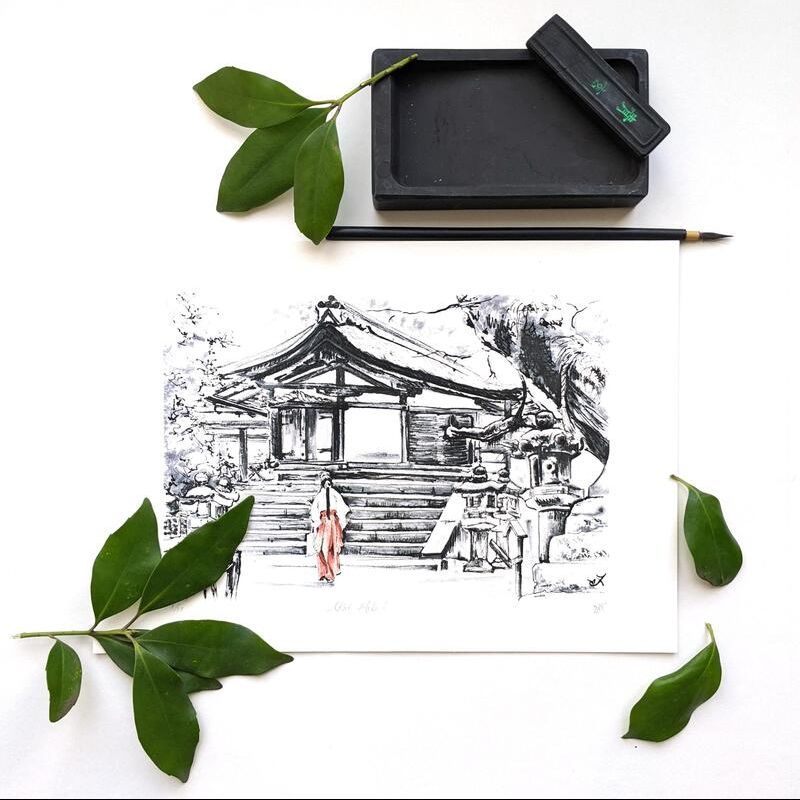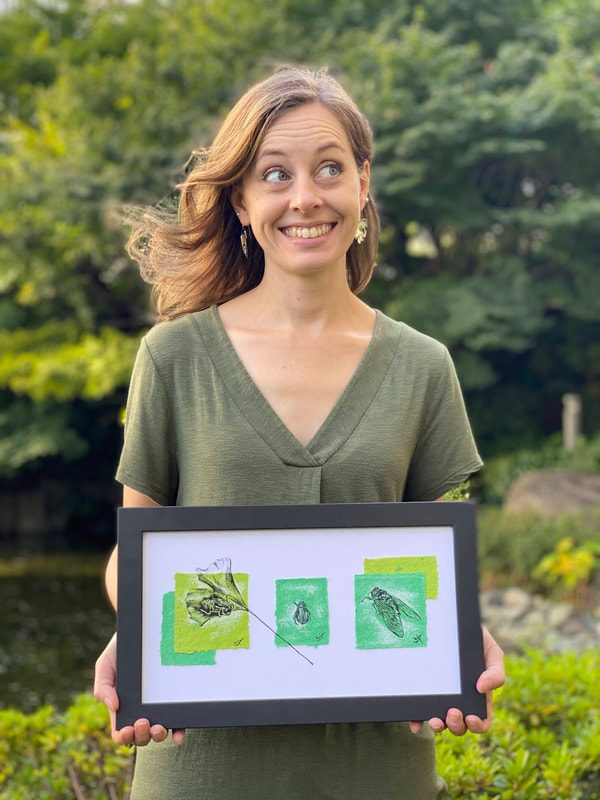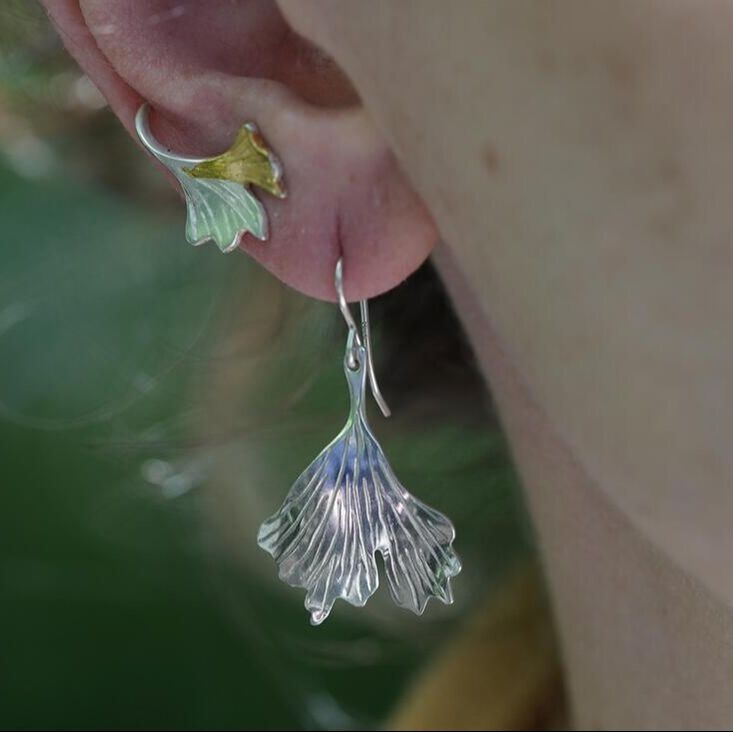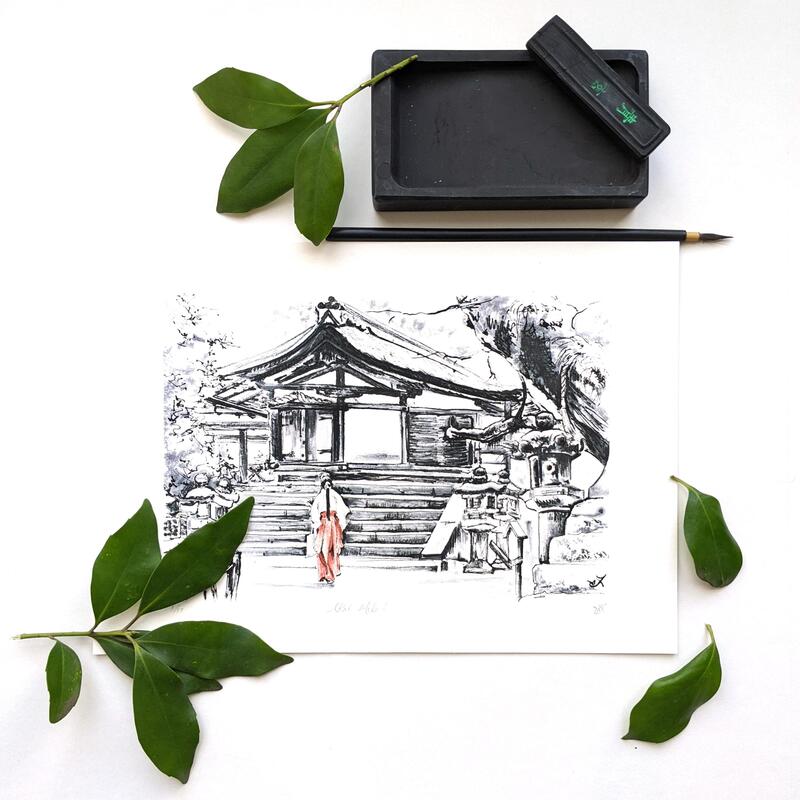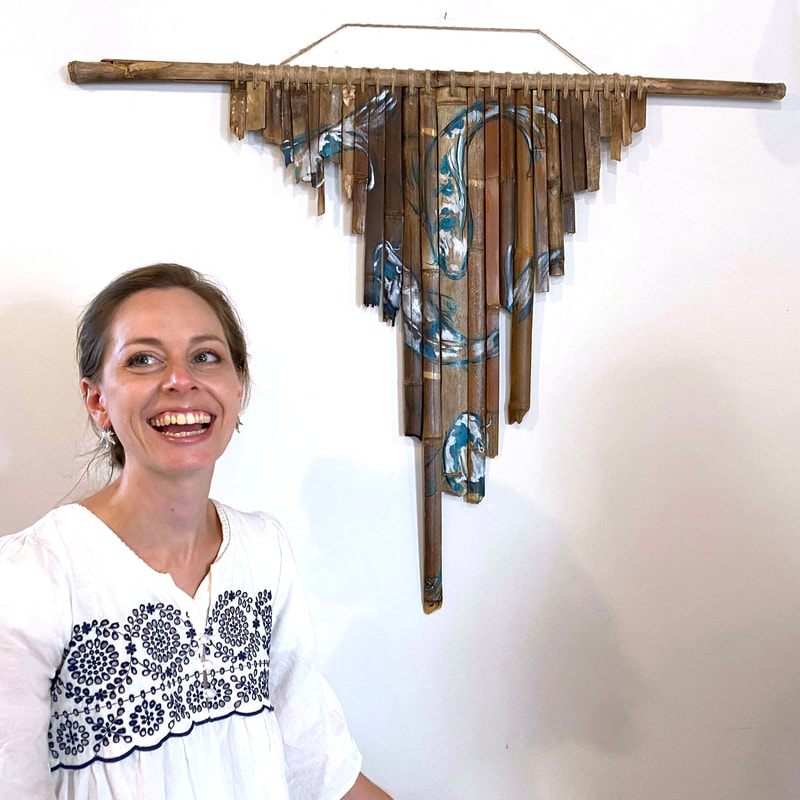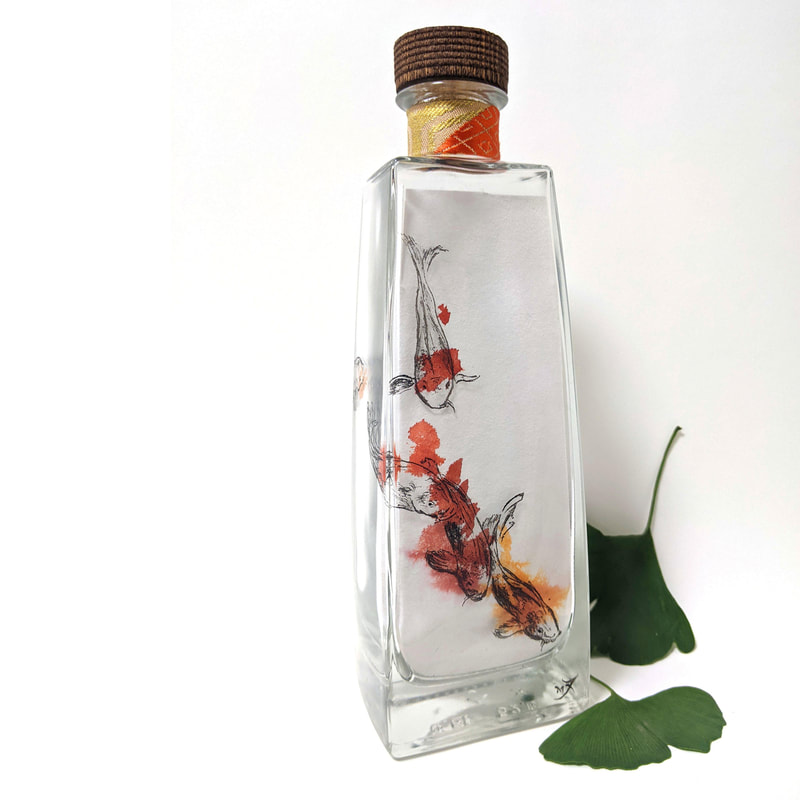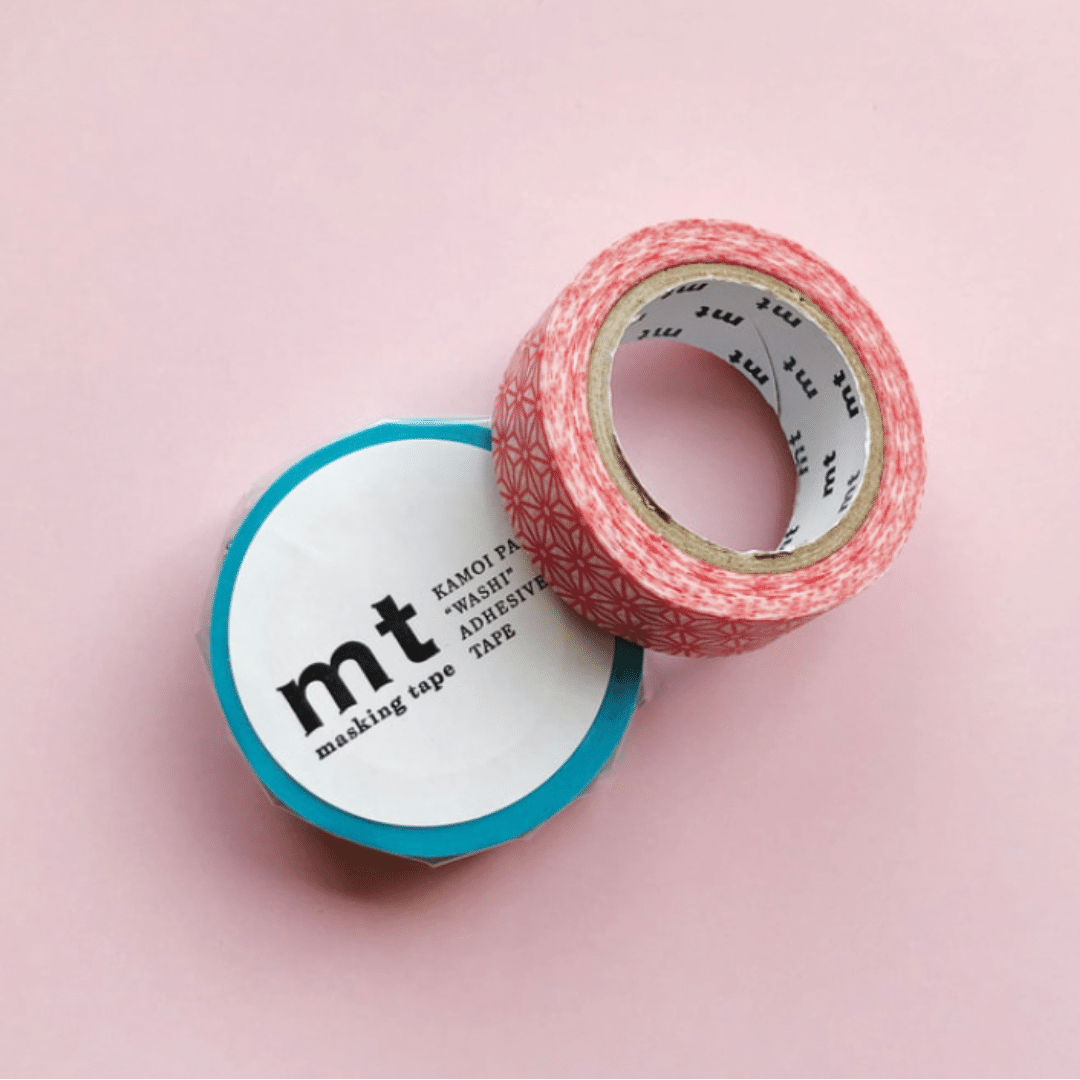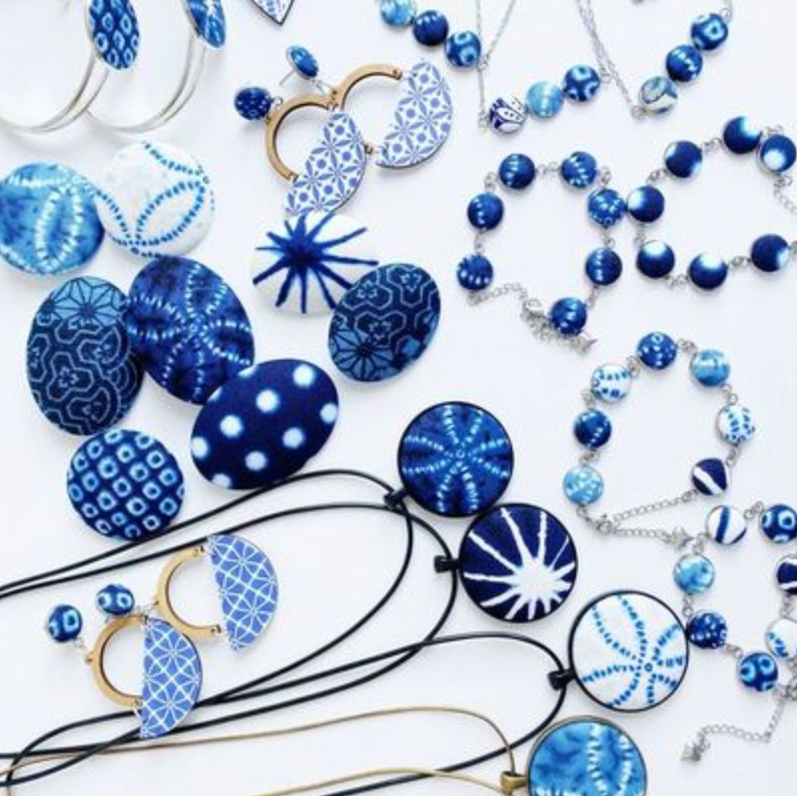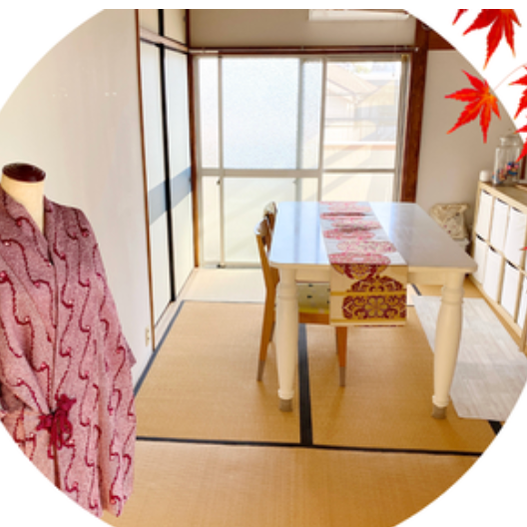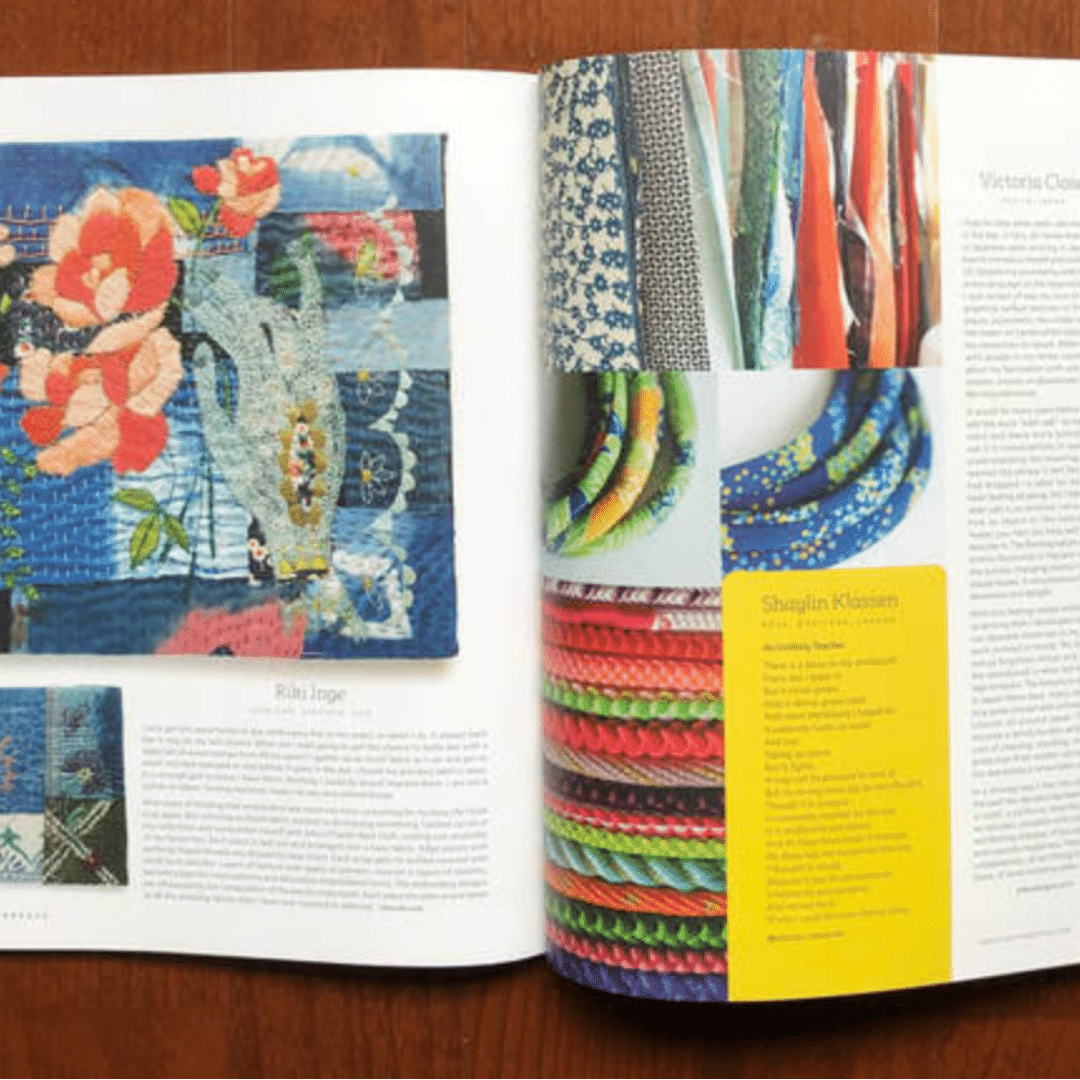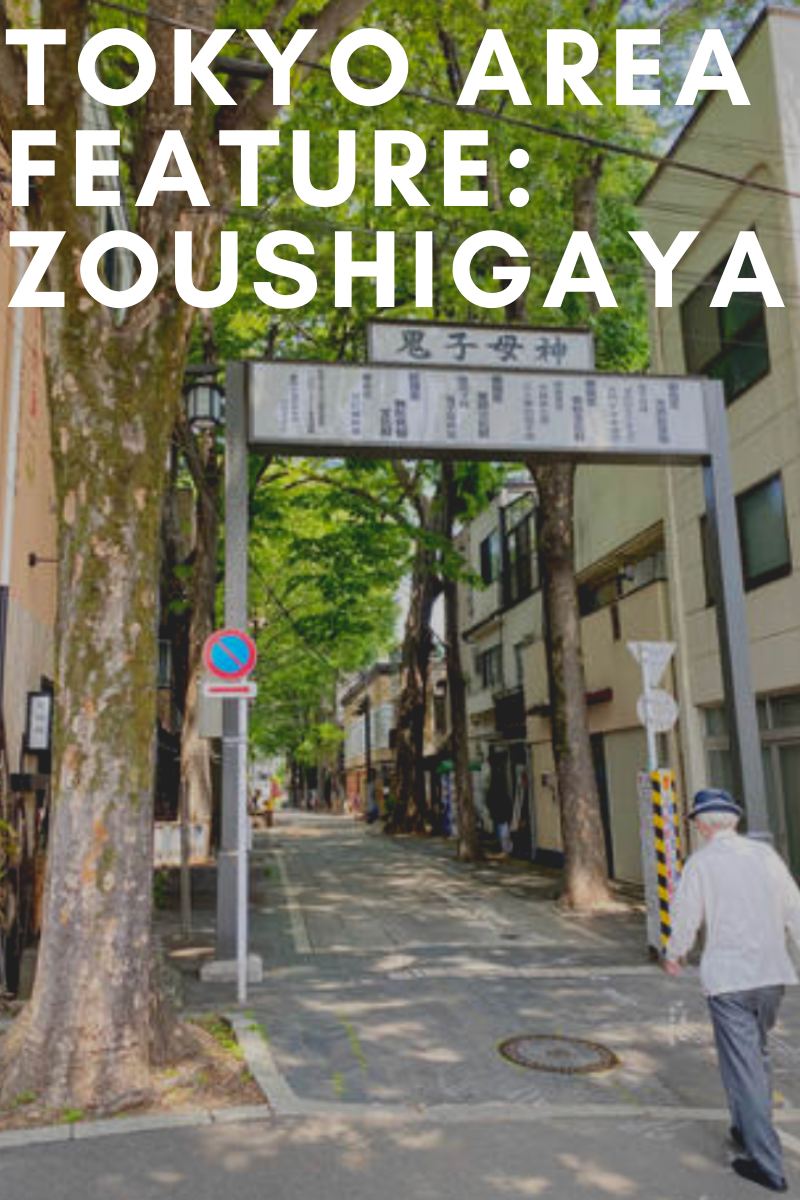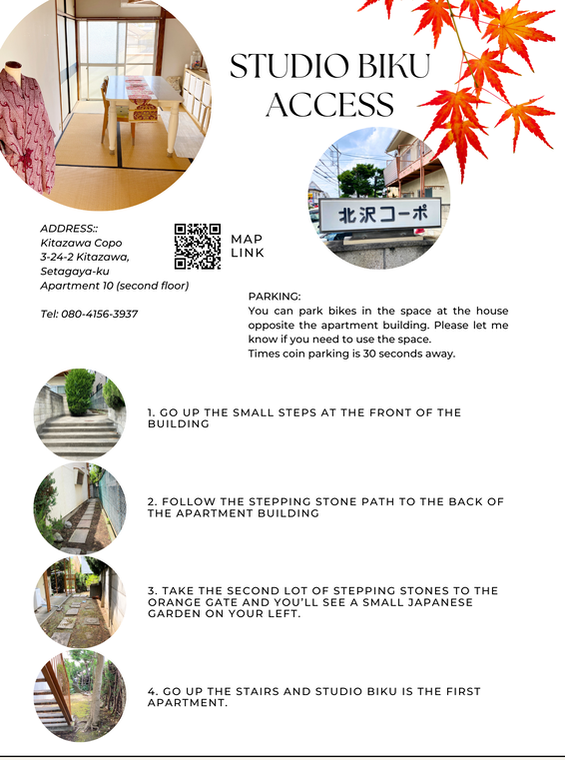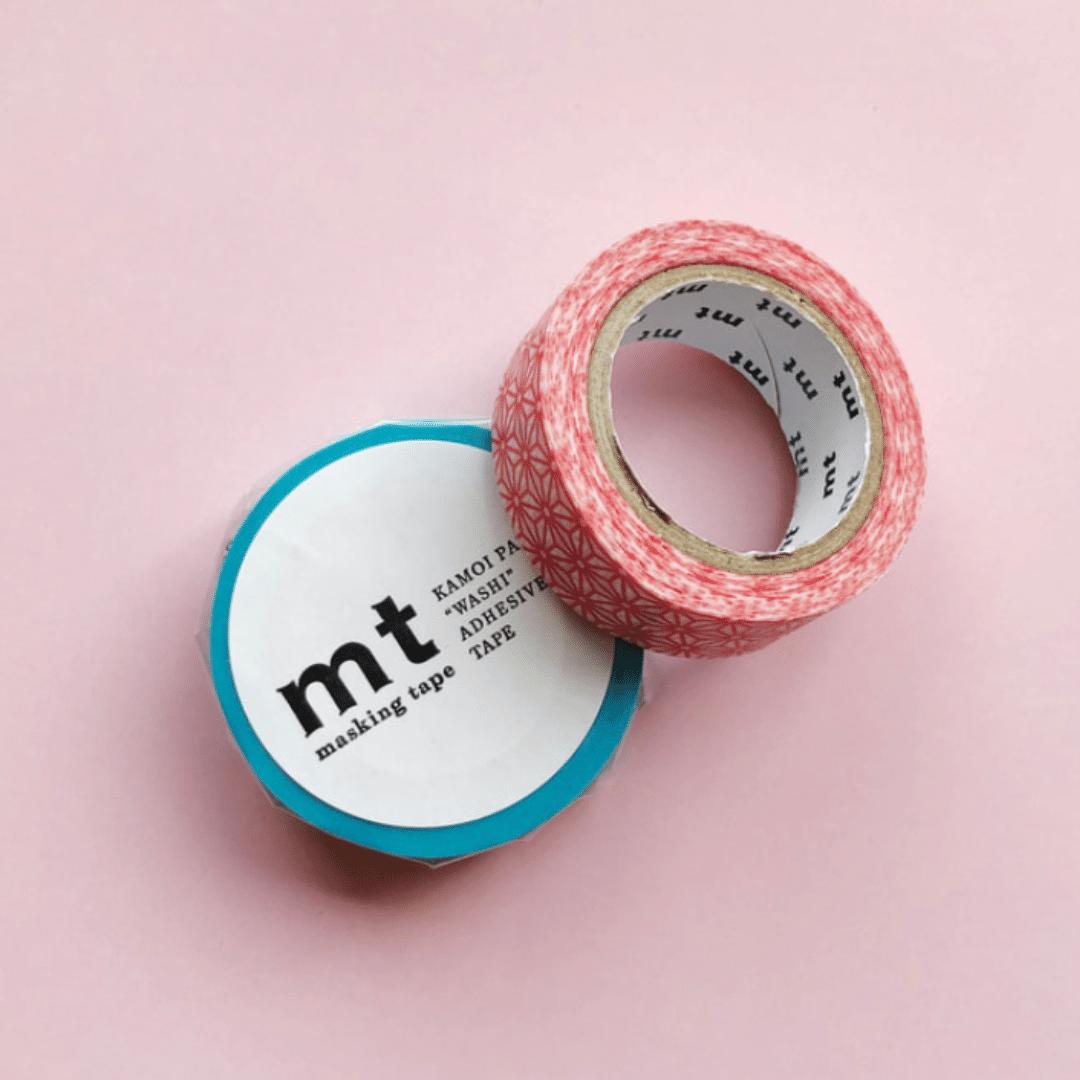|
Shimokitazawa is an area in central Tokyo that feels like a small town or even a village. In 2013, the Odakyu line was moved underground in an amazing feat of engineering with all the trains ceasing and moving to underground tunnels overnight. Join me as I walk along the new overground section of the track that is no more visiting all the new developments along the way. GET THE MAP HERE: https://www.bikudesigns.com/blog/odak... MUSTARD HOTEL: https://mustardhotel.com/shimokitazawa/ SIDEWALK COFFEE: https://sidewalk.jp/stores/shimokitaz... RELOAD: https://reload-shimokita.com/ RIPERY’S SUGAR: https://riperys-sugar.com/ PETIT GARDEN: http://www.petitgarden.net/ MIKAN SHIMOKITA: https://mikanshimokita.jp/ SHIMOKITA UE: https://www.odakyu.jp/guide/shopping/... TEFU: https://www.te-fu.jp/ BONUS TRACK: https://bonus-track.net/ TOLO COFFEE & BAKERY: https://www.tolotokyo.com/tolo-coffee... SHIROIHIGE CREAM PUFF FACTORY: http://www.shiro-hige.net/ FOR MOZZIE BITES (From May to October) Please check with a pharmacist that these ointments are safe for you to use! Una Kowa Kuru Mosquito ointment: https://amzn.to/4aSWY89 Mosquito Repellent Patches (kids): https://amzn.to/4aRgOAB Mosquito Repellent Bracelet: https://amzn.to/3RjgTWZ Skin Vape Repellent: https://amzn.to/3xhytni Ultrasonic Mosquito Repellant key ring: https://amzn.to/3Xf79AI Antihistamine Cream: https://amzn.to/4cdQZMd YOU MIGHT ALSO ENJOY...
0 Comments
Join me on a shopping trip to Daiso, Standard Products and IKEA in Shibuya. I'm shopping for things for my new studio space in Shimokitazawa, Tokyo. Stick with me as I renovate the genkan (entrance) area, lay a new kitchen floor, let you into the secret plans for the bathroom and show you the lovely retro finds my landlord keeps popping by to gift me. SHOUTOUTS Thanks to Lindsey at Setagaya Yoga Studio for the kettle and the cactus. https://www.setagayayogastudio.com/ ABOUT Online shop: https://www.bikudesigns.com/ Hi, I’m Victoria, the founder and creator at Bikudesigns. I rescue forgotten vintage Japanese textiles and breathe new life into them by transforming them into colourful accessories. See you on my other socials: INSTAGRAM @bikudesigns IG Link / bikudesigns BLOG https://www.bikudesigns.com/blog PINTEREST / bikudesigns Collaborations and wholesale catalogue: [email protected] YOU MIGHT ALSO ENJOY...
Grab your hammer and your flowers! What?! This project is a great way to collect botanical memories from your travels without the worry of getting caught up with customs for bringing back organic materials from overseas. Also a great way to capture memories from special event floral arrangements. I’d love to see you at a class at my studio in Shimokitazawa soon. CLASSES: https://www.bikudesigns.com/workshops.html SHOP IN PERSON: Visit the studio in Tokyo https://www.bikudesigns.com/welcome-to-studio-biku.html SHOP ONLINE https://www.bikudesigns.com/ WHAT YOU NEED Clothing item or fabric made from 100% natural materials (silk, cotton, linen) A hammer Kitchen towels A range of garden flowers/ flowers from a bouquet YOU MIGHT ALSO ENJOY...
More gel printing crafts to reduce your stack of 'failed' gel prints. Let me show you a few simple ideas of how to start using your prints so they don’t end up in the recycling. This week I'm making a room divider wall hanging mobile. Beginner level! There are more Gel Printing Project videos coming up in this series very soon, so make sure you’re subscribed to the newsletter and my YouTube channel to get the alerts when they go live. IN-PERSON CLASSES I’d love to see you at a class at my studio in Shimokitazawa soon. Gel printing classes HERE Visit the studio shop in Shimokitazawa, Tokyo Shop kimono jewellery online SUPPLIES LIST PLEASE NOTE: As an Amazon Associate I earn from qualifying purchases. Decoupage glue: https://amzn.to/3S1SPbC Large circle paper punch (similar): https://amzn.to/461BVPQ Sashiko thread: https://amzn.to/4bJG9x1 Silicone mat: https://amzn.to/3LkEbZd Wooden hoop: https://amzn.to/3WjRaQW Gel printing supplies list is HERE YOU MIGHT ALSO ENJOY...
Join me as I head off to the Japanese Home Centre to look for vinyl flooring for my studio kitchen. This is only the second time I've ever laid any kind of flooring and I'm bewildered by the process! In the video I talk about the tools I bought and watch as the vinyl salesperson satufyingly cuts the flooring to size. YOU MIGHT ALSO ENJOY...
Are you into gel printing and have a massive stack of ‘failed’ prints hanging around? Me too! Let me show you a few simple ideas of how to start using your prints so they don’t end up in the recycling. There are more Gel Printing Project videos coming up in this series very soon, so make sure to subscribe to get the alerts when they go live. I’d love to see you at a class at my studio in Shimokitazawa soon. Gel printing classes HERE Visit the studio shop in Tokyo HERE Shop kimono jewellery online HERE Here’s what I used during the projects. PLEASE NOTE: As an Amazon Associate I earn from qualifying purchases. Single hole punch https://amzn.to/4cexR0Z Sizzix Big Shot https://amzn.to/4cjDPhe Sizzix Brush https://amzn.to/4chA2kD Ginkgo Dies https://amzn.to/3L0cAfy https://amzn.to/3XzyaPD Envelope templates https://amzn.to/4eAh4XP Sticker paper https://amzn.to/3XBsEMf Yamato glue https://amzn.to/4eFVf9y Pit Glue https://amzn.to/3W8wDPz Rolling glue https://amzn.to/45HYw3L Gel printing supplies list is HERE YOU MIGHT ALSO ENJOY...
Join me while I unbox a delivery of 16 large kokeshi dolls that arrived at the studio in June. I'm busily researching all the maker's marks and will add these to my studio shop and webshop for sale soon. Sign up to be the first to know when they become available: HERE 10% off your first order VISIT THE SHOP IN SHIMOKITAZAWA HERE WEBSHOP HERE YOU MIGHT ALSO ENJOY...
Unbox two gifted mystery bundles of vintage kimono and other kimono bits and pieces as well as vintage Japanese furoshiki and fabrics. Textile lovers, you'll enjoy this one! Lots of surprises inside these bundles. YOU MIGHT ALSO ENJOY...
Shimokitazawa is an area in central Tokyo that feels like a small town or even a village. It’s situated around 7 mins by train from Shinjuku on the Odakyu line and about 4 minutes from Shibuya on the Inokashira Line. The station is an express and a local station and also is connected to the Chiyoda line making it very central indeed. In 2013, the Odakyu line was moved underground in an amazing feat of engineering with all the trains ceasing and moving to underground tunnels overnight. What was left was a track-sized space through the centre of Shimokitazawa. No more waiting for the crossings, no more crossing sounds, barriers or train spotting. What happened next was really cool. Small developments cropped up along the underground section of the track which went underground at Higashi Kitazawa and out the other side at Setagaya Daita. 1. HIGASHI KITAZAWA STATION 2. MUSTARD HOTEL: https://mustardhotel.com/shimokitazawa/ SIDEWALK COFFEE: https://sidewalk.jp/stores/shimokitazawa.php 3. RELOAD: https://reload-shimokita.com/ APFR: www.apothekefragrance.jp/en/store/ SEKAI CLASS: sekai-class.com/ 4. SENROGAI EVENT SPACE: senrogai.com/space-rental/ 5. RIPERY’S SUGAR: https://riperys-sugar.com/ 6. PETIT GARDEN: http://www.petitgarden.net/ 7. MIKAN SHIMOKITA: https://mikanshimokita.jp/ 8. SHIMOKITA UE: https://www.odakyu.jp/guide/shopping/shimokitaekiue/index.html 9. TEFU: https://www.te-fu.jp/ 11. BONUS TRACK: https://bonus-track.net/ 12. TOLO COFFEE & BAKERY: https://www.tolotokyo.com/tolo-coffee-bakery-pasta SHIROIHIGE CREAM PUFF FACTORY: http://www.shiro-hige.net/ BE PREPARED FOR MOSQUITOS MAY- OCTOBER You should carry insect repellent and ointment from May To October in Shimokitazawa. There are lots of green areas where the mozzies like to gather. Please check with a pharmacist that these ointments are safe for you! PLEASE NOTE: As an Amazon Associate I earn from qualifying purchases. SHOPPING LIST Una Kowa Kuru Mosquito ointment: https://amzn.to/4aSWY89 Mosquito Repellent Patches (kids): https://amzn.to/4aRgOAB Mosquito Repellent Bracelet: https://amzn.to/3RjgTWZ Skin Vape Repellent: https://amzn.to/3xhytni Ultrasonic Mosquito Repellent key ring: https://amzn.to/3Xf79AI Antihistamine Cream: https://amzn.to/4cdQZMd YOU MIGHT ALSO ENJOY... You probably arrived at this blog as you recently took a Gel Printing workshop with me, or if you've stumbled across it and haven't been to a workshop yet, I'd love to welcome you into my Tokyo studio soon. Details of upcoming classes are at the end of this post. To help you on your gel printing journey, I created a basic list of the things you will need to continue your printing at home, based on the materials and tools we use in the workshops. Gel printing is not the cheapest hobby to start, but once you're up and running you will only need paint and paper to create your original art. In the long run, this is probably the cheapest craft/ art you will ever do! PLEASE NOTE: As an Amazon Associate I earn from qualifying purchases.
4. BAREN
5. ACRYLIC PAINT & MEDIUM
6. ALCOHOL INKS
7. OTHER THINGS YOU DON'T REALLY NEED (BUT ARE NICE)
7. FREE OR CHEAP While I won't skimp on quality materials such as paint, drawing pencils and chalk pastels, there are some things I've found at the ¥100 store or even for free around my home. FROM ¥100 Store Crayons for transfer prints Plastic table protector Non-slip mat Wet wipes, tissues and paper towels for clean up Textural items (lunch mats, silicone mats, sponges) FOR FREE Textural items from food packaging Cardboard Bubble wrap Anything you are about to throw away that is broken may have a potential use Glossy magazines, flyers Other free papers for printing on top or for roll-off UPCOMING GEL PRINTING CLASSES IN SPRING 2024
Before I began my career as a makeup & hair artist and worked with actors like Laura Dern, America Ferrera, Annette Bening, Alicia Silverstone, Viggo Mortensen, Michael J. Fox, to name a few, I was just a young girl whose favorite subject in school was Art and had fun playing around and painting on my friends’ faces and teaching them how to use eyeliner for the very first time. I saw a spark in my friends’ eyes when they looked in the mirror after I was done. These early experiences shaped my views of Beauty. To me, wearing makeup or taking care of one’s appearance is not vain, and it is certainly not to conform to society or anyone else’s beauty standards. Instead, makeup is a tool that can: help you bring your inner beauty outward, a tool for self-expression, a vehicle to enhance confidence, and help you feel good in your own skin. I wanted to introduce myself this way because I want to convey my firm belief that - nobody needs to wear makeup - but sometimes, we may want to! And I’m here to help. In my 15-year career, I’ve taught brand new makeup users, from tweens to adults, to workshops for my team of professional artists already working in the industry, and trained assistants from novices to full-fledged makeup and hair professionals with successful careers. Whether you are brand new/intimidated by makeup and products, or a seasoned makeup wearer, all levels are welcome for this workshop as I will cover what you want to learn. This intimate makeup workshop (4 attendees capacity) is intended for all levels and I will tailor the class to your needs. I will collect your requests via a Google Form, and design the flow around your interests and current skill level. Where & When Saturday 16th March 2:30-5:00 pm Studio Biku, 6-minute walk from Shimo-Kitazawa station. Cost 22,000 yen per person (Cash or wire transfer) To reserve your spot, email Liz at [email protected] What to bring Your current skin care & makeup tools (brushes, current makeup routine, or any supplies you would like to learn how to use), a note-taking device (a notebook, phone, etc), a small standing mirror if you have one, and readiness to dive in! What will be provided Tea or coffee, tissues, wipes, disposables, alcohol gels, and table space. I will provide 2 standing lighted mirrors, and 2 handheld lighted mirrors to be shared amongst attendees. I will have my kit for demos and can loan out some items to use in class, but cannot loan out other items for sanitation reasons. General Flow Introductions, Demos, & hands-on practice on yourself. During this time, I will also come around and look through your makeup tools and makeup kit to see if there are things that are working for you, and what may not be working, and maybe suggest a few items if applicable to help you achieve your goals. This is an experience customized for the 4 attendees, but I’m listing some of the things my past clients have wanted to learn below:
You can check out my bio, resume and portfolios here: http://elizabethchangmakeup.com (my advertising and celebrity makeup portfolio and resume) http://skyla-arts.com/liz Special Events Makeup & Hair Agency portfolio- where you can see makeup/hairstyle on past clients You can also see how my makeup looked on-screen on Netflix “Chelsea Peretti: One of the Greats” I look forward to working with you! YOU MIGHT ALSO ENJOY...
I feel like I've tried it all at this point. Journalling felt more stressful than helpful, visual journalling a burden and Morning Pages felt like a chore. Even though my job is very creative, the creative itch is still there. In Japanese 'Uzu uzu' (the onomatopaeic way of explaining the anticipatory itch of wanting to do something) best describes how I feel when I get stuck in the day-to-day of my business or take a holiday with no creative outlets. I've been this way since forever, and I now recognise the signs. This year I'm going to do something about it... Join me? What is The Creative Calm Challenge? Creativity for creativity's sake is what I've been missing lately, allowing myself the time to try new things, experiment and get into the creative flow to see where it goes. The Creative Calm Challenge is a way to unleash your own creativity by taking a few minutes to create something new, unexpected and have FUN! Something outside of what you regularly do or create. Why did you start the challenge? My whole job relies on finding the next creative idea. I have lots of those...so many in fact that sometimes it's hard to know which direction to go in! This challenge will help my brain slow down, make sense of the day ahead and will serve as a transition from home to work life. It will also be so much fun getting my hands dirty and thinking about nothing other than the work in front of me. Who's the challenge for? You don't have to be a 'Creative' to be creative. Anyone can pick up a pen and doodle, write some meaningful words to express your feelings or take a photograph. Anyone can join in this challenge, regardless of your chosen media or job. You could create paintings, prints, drawings, illustrations, lithographs, film, music, sculptures, short stories, poems, wearable art, clothing, embroidery...anything you want to have a go at that is a bit of a departure from what you usually do. How often do I need to create? In this challenge there's no prompt for each day...that can get overwhelming fast (and we don't want anyone feeling left behind). Create as often as you want, for as long as you want...your rules. Buuuuut, setting aside a time and space to create will have more impact on how you feel in the long run. The more often you take a few creative moments, the more calm and relaxed you'll feel. Pinky promise.
Join me over on Instagram @bikudesigns and share your creative activities by tagging #CreativeCalmChallenge Some ideas of things to share:
Victoria x YOU MIGHT ALSO ENJOY...
From snuggly nights in to sparkly nights out, from art lovers to crafters, we've got your unique holiday gifts covered in this Japan-based gift guide. By purchasing from a small business this holiday season, you are supporting individual artists and artisans to continue creating beautiful and meaningful work to put out into the world. And we appreciate you. Small business, big heart. Victoria x FOR ART & INTERIORS LOVERSArt Prints by Erica Ward Erica Ward is a traditional-media artist and illustrator born in California and residing in Tokyo. As well as selling her original art, Erica creates prints, postcards, stickers and posters from her art work. Her prints make very affordable gifts and fantastic souvenirs of Japan. Prints start at ¥1000. Available online with selected prints and postcard packs at Studio Biku Washi Paper Wall Art by Mapponica Mapponica was born from a desire to highlight traditional Japanese paper-making processes, which are slowly being lost in Japan. Each mat board is carefully cut into a patchwork-like map pattern, hand-printed and dyed washi is selected which is then painstakingly adhered to the frame. Mapponica works with 100% Japanese products. Prices from ¥12,000. Japan Maps available at Studio Biku and a wider variety of maps online. Daruma by From Juju with Love From merchandiser at Chanel, Paris to small business owner in Tokyo, Juliette creates one-of-a-kind art pieces with a nod to Japanese pop culture. Her sleeping/ resting Daruma are a fantastic way to bring peace and tranquility to a room, as well as giving you a wonderful talking point. A selection of Daruma and dioramas are available at Studio Biku. 'Plastic Water' Eco-Conscious Art by Melissa Finkenbiner Melissa Finkenbiner is a cross-disciplined fine artist and metalsmith. Each element of her work is linked by the use of recycled and sustainable materials combined with earthy elements. She creates for eco-conscious art lovers and for people who want to connect to the global cultures and landscapes she has lived in. Plastic Water is made from paper molded in the shape of taiyaki fish. Melissa carved her own mold, used paper from scraps from previous art pieces, and combined them with clear plastic waste she saved over the last year and a half. Melissa wanted to give this one time use plastic a second purpose while also bringing awareness of the shear quantity we consume and leave on this planet. Taiyaki are vailable online with four different colours at Studio Biku. Reclaimed Wood Objects by Turning Tokyo The call comes in from a friend in the construction business... Friend: Cutting down a tree, do you want some wood? TT: I really don’t have space or time for more wood. Friend: It’s cherry. TT: I’ll be there in 10 mins. This is how the pieces by Matt at Turning Tokyo begin. Everything he creates is made from reclaimed wood from the construction industry, giving the tree a chance at new life. Price start at ¥6000 A selection of pieces are available at Studio Biku. Organic Cotton Tea Towels from Japan Design Collective Enhance the look of your kitchen with Japanese flair by indulging in one of Japan Design Collective's exquisite tea towels. This newly launched collection is crafted exclusively from 100% organic cotton and other sustainable materials, ensuring ethical production with fair trade practices and fair wages for those involved in the production. Each tea towel is ready to gift in gorgeous packaging, making it an ideal choice for gifting or self-indulgence. Brighten your kitchen with a pop of color and the essence of Japan through these meticulously crafted, eco-friendly kitchen essentials. ¥2000 per towel including the presentation box. Available online and at Studio Biku FOR CRAFT LOVERSEmbroidery Kits from Three Houses Designs Perfect projects for holiday quiet time or to kick-start your creativity into the new year. Japanese-themed embroidery kits featuring traditional Japanese designs created by Dominique at Three Houses Designs. Each kit contains everything you need to get started with your project (printed cloth design, hoop, needle, floss and a stitching guide and instructions). Kits start at ¥2000 Available online as PDF patterns or in kit form at Studio Biku Kimekomi Kits by Bikudesigns Kimekomi Bauble Kits come in two different colour-ways with everything included to make two baubles. Also included are the tools you need to make more baubles (craft knife, scissors, craft pick, glue) as well as a detailed instruction sheet. This is a perfect holiday project for your family and friends. ¥4000 per kit. Available at Studio Biku while stocks last. Vintage Paper Collage Cards & Sketchbook Kits by Christina Lopp Personally collected and curated vintage paper ephemera by Christina Lopp are included in these one-of-a-kind craft kits. For the creatively crafty people in your life, especially the ones with a strong sense of sustainabilty, these card and sketchbook kits make the perfect gift. Christina has also thoughtfully included her favourite pens (mine too!) and her favourite glue sticks in the kits. All you need to do to get creative is open the packet. ¥3000 per kit. Available at Studio Biku Creative Workshop Experience at Studio Biku In the Autumn season Studio Biku hosted lots of workshops for the very first time:
Sign up here. Book a workshop. FOR SNUGGLY NIGHTS INWoven Shawls by Ito Maki Maki Studio Ito Maki Maki Studio is a freestyle, fiber arts business located in a small town in Nara, Japan founded by Elizabeth O'Brien. All of their beuatiful pieces are woven in their home studio, and as much as possible, use natural, non-synthetic materials. The core belief of Ito Maki Maki is to embrace imperfections and take things slowly. Often, Elizabeth's two children, who have Down Syndrome, join in the crafting and weaving, in order to equip them with skills and an art expression. Prices start at ¥12,500 Available online at Ito Maki Maki Studio Soy Wax Candles from Hokkaido from North Candles North Candles was founded in Hokkaido by husband and wife team, Alex and Mami. All candles are hand-poured and use vegan-friendly soy wax. You have to smell these in person to get the full imapact of how accurately the scents have been captured. The coffee candle smells like a high-end coffee roaster and the vanilla, like a custard pudding! Prices start at ¥1500 for small candles. Available online with seasonal selections available at Studio Biku. Patchwork Kimono Cushion Covers by Tabi Tabi Ya Get your living space ready for the winter by adding a touch of colour and texture to a favourite snuggly reading chair or your sofa. Patricia from Tabi Tabi Ya creates beautiful pieces from personally-sourced vintage kimono, combining different textiles in patchwork. Each piece is a work of art. Prices start at ¥5800. Available online and a small selection at Studio Biku. Kumiko Lamp by Night Owl Creative When the nights draw in, pop on a beautiful Kumiko lamp creating a beautiful glow through the authentic Japanese washi paper. Daniel creates each piece by painstakingly cutting wood strips and assembling them in an intricate traditional pattern. Pieces start at ¥10,000 with a small selection available at Studio Biku. FOR LOOKING & FEELING GREAT Neckpieces by Bikudesigns Blending the old and the new in this fun collection, modern acrylic chain and vintage kimono . Perfect for people with metal allergies and for the colour lovers in your life. Ultra-light with absolutely no fiddly fasteners make these the perfect 'pop-on' for those jeans and tee days or when popping out for lunch or coffee. Each neckpiece arrives boxed in a branded Bikudesigns box and is completely one-of-a-kind. Prices start at ¥4000. Available online and at Studio Biku. Vintage Obi Phone Bags from Mikan Bags in Kyoto Perfect for day-to-day phone and wallet storage but also ideal for travelling (these fit a passport perfectly!) Made from authentic vintage obi, personally selected by Clementine, and created into a useful bag with a fully modern twist, incorporating a mesh backing and an adjustable cord strap. Priced at ¥11,800 with a small selection available at Studio Biku. FOR ORGANISERSLimited Edition Desk Calendar from Nozo Kat After 8 years in Tokyo, Nozomi returned to her hometown of Fukuoka in March 2020. She had lost her job in Tokyo due to COVID-19, and it was a challenging time for her, as she had really come to enjoy her work as an inhouse hospitality trainer and English instructor at one of Tokyo’s most prestigious sukiyaki restaurants. Although she didn’t know it at the time, going back to Fukuoka would be the chance she needed to take a step back from fast-paced city life and reconnect with herself as an artist. It all started with curiosity, picking up her brush one day and making the choice to create a piece of art, then learning one new little thing at a time-- a new medium, a new technique, and then one day getting her first commission, and then hosting her first exhibit in October 2021. Living in coastal Itoshima on the western edge of Fukuoka, Nozomi is surrounded by beautiful mountains and a majestic sea. She is especially drawn to vibrant skies, sunsets, seascapes, and landscapes "I hope that when you look at my art, it will give you energy and a sense of calm, taking you away to beautiful memories." Nozo Kat Priced at ¥4000. Available online and a very limited number at Studio Biku Kimono Zipper Pouches from Tabi Tabi Ya A perfect way to organise your personal ephemera in your tote bag. One for your makeup, one for personal items (think painkillers, Band Aids, lip balm, hand sanitiser), one for life admin (bank books, credit cards, bills). Beautifully made, gorgeously vibrant and all one-of-a-kind made from vintage kimono and all lined with contrasting fabric. Prices start at ¥4500. This collection is available exclusively at Studio Biku Upcycled Zipper Pouches by Chou Chou San Japan is known for its speciality Kitkats in a host of flavours, many of which are seasonal. How about matcha, match latte, chocolate orange or cheese cake? Melon, sweet potato, strawberry, mint, sake, soy sauce or sakura? Or even the grillable, Caramel Pudding?! The packaging in Japan is on another level, but is also over-plentiful (something many peiple despair of). Enter Julie from Chou Chou San who is solving packaging waste one pouch at a time. Choose your favouraite chocolate memory, cookies or even dog and cat treats- she covers all bases.Sustainability can be fun! Prices start at ¥1700 (small). Available online and at Studio Biku ABOUT STUDIO BIKU
FOLLOW THE BRANDS You might also enjoy...
 Feeling a little low on your SEWJO lately? We've got some BIG news that's going to have you jumping for joy (and bursting with sewjo)! 🪡 Imagine a weekend all about sparking your creativity, brimming with inspiration, surrounded by fellow sewists just like you… Just the boost your sewjo needs! Get ready for a weekend filled with creativity, skill-building, and endless inspiration! I’m excited to announce I am collaborating with Indy Bindy Fabrics to bring you: The Sew Inspired Summit (21-22 October) I’ll be sharing a class on Kimekomi Patchwork (my latest craft addiction). And there is an exceptional lineup of instructors, all ready to share a whole variety of classes with you!  But that's not where the party ends!🎈Because for us, sewing is about more than just the act; it's about community, and connection. That's why we've got TWO Live Sewcial calls lined up, ready to connect you with like-minded sewists 🤗 NOW.. Drumroll, please... 🥁 You can join the Sewing Inspired Summit for FREE for the entire weekend! We’re making this accessible to all so mark your calendars and don’t forget to tell your sewing buddies! 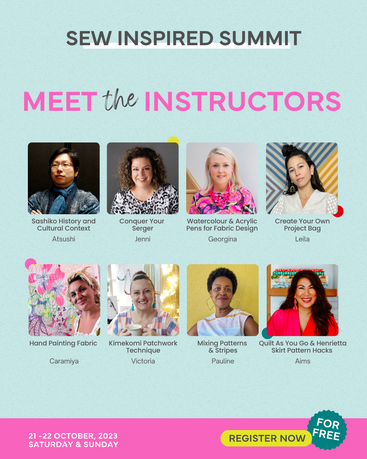 Meet the fabulous lineup of instructors who are itching to share all their sewing tips and tricks with you during the Sew Inspired Summit! Each presentation will be available for the weekend for FREE. So there's nothing to lose by joining in. Invite your friends, your family, or your neighbor's cousin's sewing buddy. The more the merrier! Let's dive into the incredible lineup of instructors who are itching to share all their sewing tips and tricks with you.. 🧵 Atsushi from Sashiko Story will be kicking us off with a live talk on Sashiko history and cultural context. There will be dedicated time for him to answer all your questions too! 🧵 Aims from Indy Bindy will be your guide to using the Quilt-as-you-go method for garment making. If you’ve ever made a quilted garment the traditional way this will blow your mind and save you SO much time. 🧵 Jenni from Let’s Get Sewing will have you making friends with your overlocker with her class Conquer Your Serger. No more fear of changing those tension settings!! 🧵 Georgie, Aussie artist aka Lordy Dordie, will take you on a colourful journey into using watercolour and acrylic pens for fabric design. 🧵 Leila of Leila Makes will lead you step by step through a how to your own fabulous project bag. 🧵 Caramiya will awaken your inner artist and take you inside her signature hand painted fabric creation process. 🧵 Pauline, of Sewuthinkucan is the queen of pattern and stripes. She will unlock the secrets to mixing them like a pro. 🧵 Victoria of Bikudesigns (that's me!) specialises in recycling kimono fabric in her art. She will open up the world of Kimekomi Patchwork and have you creating your very own piece. 🧵 And to close off the weekend, host Aims, is collaborating with Spaghetti Western Sewing to bring you two hacks of the Henrietta Skirt pattern.  And If 48 hours of sewing goodness isn't enough for you (we totally get it), we've got some news about how you can elevate your experience with a VIP Pass ( and they come with some awesome perks 😍). I know, I know, the summit doesn't kick off yet but why wait when you can start diving into fun right away? With the VIP Pass, you'll not only secure lifetime access to the incredible workshops lined up for the summit, AND one month access to the Live Sashiko lecture recording… you'll also gain instant access to them. No more countdowns – you can start crafting and sewing to your heart's content right now! 💖 I can't wait to witness all the amazing projects you'll craft! In fact, I’d really love to see. Please tag me and the other instructors and spread the love on socials using the hashtag #SewInspiredSummit so we can cheer you on! We can hardly contain our excitement and can't wait to sew, learn, and have an absolute ball with you at the summit! YOU MIGHT ALSO ENJOY...
Kaminoge....have you ever been? The area is an unassuming one, probably known in the expat community as the station where there's of a multi-lingual eye doctor and a stone's throw from the Todoroki Gorge. But one day, Kaminoge became a quite remarkable place for a stationery addict like me. On one of our regular eye doctor visits we decided to have a wander around and stumbled upon a fabulous mom and pop thrift store. And that is where I found the holy grail of stationery items (all Japanese brands) for a whopping ¥500 a bag. The first bag I found was stuffed with Sarasa pens, Frixion erasable markers, notepads and Rollbahn journal stencils. A haul indeed. Inside the bag, I found only 5 pens that weren't working, everything else was in perfect working order. And my fave items too. Here's exactly what was inside: Rollbahn stencil x 3 Penco wooden Peanuts baseball pen Peanuts Sarasa x 7 Sarasa black x1 (my go-to pen) Sarasa Vintage x 7 Delfonics mini pad Deflonics donut sticky notes Animal sticky notes Ink and pen memo Snoopy sticky notes Frixion markers x 12 Cherry paper clips Snoopy pen insert All in all, my ¥500 had saved me around ¥16,000. The second bag was stuffed FULL of washi tapes and a special item that made me grab it straight away. More on that in the next post. Watch the video below to see what was inside! YOU MIGHT ALSO ENJOY... Tsukimi, Japan's 'Moon Viewing' festival, celebrates the autumn moon, rooted in the nation's agricultural history. It signifies gratitude and hope for a successful harvest, given the moon's perceived influence on crops. Families gather to appreciate the moon, displaying 'susuki' (pampas grass) as a symbol of the rice harvest. They also prepare and offer 'odango', sweet rice dumplings, echoing the moon's roundness and unity. While modern Japan may be more urban, the essence of Tsukimi, emphasizing gratitude and family ties, remains timeless, bridging old traditions with present-day values.
YOU MIGHT ALSO ENJOY...
Sexy, Stylish, Savvy, Sustainable Style for all shapes and sizes Date: Saturday, September 9th, 2023 Time: 14:00-17:00 Place: Blink Roppongi - 3 Chome-1-6 Motoazabu, Minato City, Tokyo 106-0046 Cost per swapper: ¥3,000 - we will not be accepting payment at the door. You must purchase and pay for your ticket in advance before swap starts (Teens/tweens welcome, ¥2000 at door, kids free) INCLUDES SNACKS AND A BAR that takes all digital payments Let's get together and celebrate the seasons - well and truly into Autumn. Be in community, make new connections hear from people who have something important to say. Sign up and pay on Peatix. *************************************** Up to 40 people (Please text to let us know if you are bringing a teen/tween)
Join Sarah at the new location in Roppongi - Thank you Blink Roppongi. Event Schedule 13:45 - registration open PLEASE DO NOT ARRIVE EARLIER 14:15 - welcome from Sarah Please welcome conscious creator and queen of Biku Designs atelier, jewelry and gatherer of conscious creators and Nicola Vote the organisor of the newly minted Book exchange! Swap starts 16:30 - pack up, clean up - clothes go the H&M recycling station in Shibuya - thanks for their special provision for our leftovers 17:00 - Style swap closes Pre-registration and payment required. “Waste is a resource in the wrong place”. AND let's keep it classy lovelies.
All Shapes and Sizes are welcome! The more diversity the better the swapping! WE LOVE BODIES - ALL BODIES - YOUR BODY We encourage questioning stereotyping around what is good and bad and naughty and nice.
Style Swaps are run and sponsored by SF Creative & Sarah Furuya Coaching and with the contribution and support of participating venues, speakers, recycle companies and the swap community itself. Thank you to each and every person who shows up, participates and donates. ******************************************************************************************************* Please note: We will not be receiving takyubin packages ahead of the Style Swap, thank you. Please follow all precautions on your way in and out and to and from the venue. YOU MIGHT ALSO ENJOY...
This August the Awa Odori came back in Shimokitazawa after a break of 4 years. It felt amazing to have the energy back in the streets with locals and visitors alike soaking in the atmosphere. It was hot, sweaty, loud and lively with the local area troupes gathering together to try to outdo each other. My personal favourites were the Sancha Ren (troupe) from Sangenjyaya just up the road from us and Takarabune, the crowd-pleasing, high-octane professional troupe. TAKARBUNE As you would expect from Japan, the organisation of the event was impeccable. No trouble, no pushing or shoving just people having fun. It was lovely to see the local businesses benefiting from the event too by adding kaki-gori (shaved ice) stands, beer coolers, festival toys and snacks to their usual wares. The Awa Odori spans the whole weekend from Friday night until Sunday night. It was especially lovely to be able to hear the drums from my house and Studio Biku. For me, this festival marks the end of summer (even though it's still 33-35°C most days) and there's a little one week break before we welcome in the Autumn with the next festival Kitazawa Hachimangu Festival next weekend. SANCHA REN YOU MIGHT ALSO ENJOY...
A 12-minute walk from Shimokitazawa Station and an 8-minute walk from Ikenoue Station, Kitazawa Hachiman Shrine's annual festival "Kitazawa Hachiman Autumn Festival" will be held from September 2nd (Sat) to 3rd (Sun) 2023. To celebrate the coming of the Autumn season, More than twenty portable shrines (mikoshi) will be carried through the streets of Shimokitazawa over the course of the weekend.
YOU MIGHT ALSO ENJOY...
Studio Biku is evolving every month. I'm now in the 5th month in the studio and things are slowly but surely getting settled and organised. I've been tweaking the flow of the space, trying my best to keep things minimal (apart from the shop which is definitely a tiny Aladdin's cave of wonder!) and sorting out lots of things I no longer need or want. So what changes have been going on this summer?
Looking from the kitchen area through the shop and into the studio, gives you a good sense of the size of the space.. I can't wait for Autumn so I can fling open the balcony doors for a splash of greenery if the harsh sun doesn't kill my plant collection this summer! There's more to see of the space in the next installment (the studio grounds, the genkan (it's looking cute!), the front door and balcony). If you want to see a quick walk through, check out the YouTube video below. I'd love to know what you think of the studio so far. And of course, you're welcome to pop in any time. MORE INFO ABOUT THE STUDIO...
Welcome to Studio Biku, a tiny shop within the Bikudesigns atelier space in Shimokitazawa, Tokyo. Representing 14 designers, creators and artists in a small Showa-era tatami gallery, our mission is to showcase Japan-based international creatives to locals and visitors alike. We hope you can stop by for a browse and a chat some time. YOU MIGHT ALSO LIKE...
WHAT DOES AN ORDINARY DAY LOOK LIKE FOR YOU? There are no normal days for me, but the perfect days are spent in the workshop making things. WHAT'S THE BEST PART OF YOUR JOB? Taking one person’s trash and making it into another person’s treasure. WHO OR WHAT INSPIRES YOU THE MOST? I am a big fan of John Jordan, definitely worth looking up on Instagram. DO YOU HAVE AN EXCITING PROJECT IN THE WORKS? Finishing up my workshop. Hopefully adding some permanent stairs rather than the current ladders. I still haven’t hooked up the dust collection. And better shelves and storage would be amazing. THE FINAL WORD... In my spare time I love eating and trying new ramen restaurants. WEBSITE https://turningtokyo.com/turningtokyo.com/ INSTAGRAM www.instagram.com/turningtokyo/ YOU MIGHT ALSO ENJOY...
TELL US A BIT ABOUT YOURSELF As a child in rural Ohio America, I always liked to draw. In 2008 I received a Bachelor of Arts in Art Education and in 2022 I completed my MBA. Though I occasionally teach workshops, I primarily create and show my own work. My husband and I have lived as expats since 2011, moving from Myanmar to Armenia, Zimbabwe, and now Japan in 2020. Moving our home to a new country every few years has greatly inspired the art I create. Over the last 12 years, I have had 20 gallery exhibitions, including Balance for Better with the Zimbabwe National Gallery and eight solo exhibitions. I was honored when the U.S. State Department’s Art in Embassies purchased three of my mixed media portraits for U.S. Embassy Harare. I have art in the collections of two Myanmar galleries and in private collections in 11 countries. Since 2012 I have created and sold over 150 pieces of art and over 1000 pieces of jewelry. My most recent solo exhibition was with Moshimo Cafe and Art Space in Hayama.
THE FINAL WORD... Running a profitable small creative business is a lot of work that is not always creative or fun. However, all this other work enables me to regularly do that exciting creative work. WEBSITE https://www.melissafinkenbiner.com/ INSTAGRAM https://www.instagram.com/melissafinkenbiner/ FACEBOOK https://www.facebook.com/MelissaFinkenbinerArt YOU MIGHT ALSO ENJOY... Shimokitazawa is an area of Tokyo famous for vintage fashion, live music and great food and drink. Being only 5 minutes from Shibuya (Inokashira Line) and 7 minutes from Shinjuku (Odakyu Line), the area is easily accessible, yet somehow feels like stepping into a different world. Make a day of it in the village-like atmosphere, slowly taking in the retro ambiance of the area and experiencing the many fabulous spots Shimokita has to offer. A small sidenote, Shimokita is a sleepy little town with most independent shops not opening until 11am (and some at 1pm). Mondays and Tuesday are often holidays for many businesses and the weekends tend to be packed full of people due to the many, MANY events happening around town. COFFEE, CAKE & BAKERIES Sidewalk Coffee, Mustard Hotel On-site roastery, great coffee, toasted bagels in lots of flavours, delicious sandwiches,friendly staff and a huge deck to sit and watch the world go by. Dog friendly on the terrace. VISIT SIDEWALK Brooklyn Roasting Company A fab place to people-watch while sipping on great coffee. Lots of outdoor table seating under the shade of the Inokashira tracks. Perfect for too sunny or rainy days. Dog-friendly on the terrace. VISIT BROOKLYN ROASTING Daizawa 5 Chome Starbucks One of the original cool coffee shops in Shimokita. Interesting interior design. Dog-friendly at the back entrance. VISIT 5 CHOME Sunday Brunch A classic afternoon tea experience in the middle of central Shimokita. SB is famous for their seasonal flower-adorned fluffy buttercream cakes and seasonal drinks. VISIT SUNDAY BRUNCH Nuku Muku Take out only bakery but well worth the visit to try their amazing baked goods but also to experience the retro interior. VISIT NUKU MUKU Shirohige Cream Puff Factory The cutest and probably most famous cafe in the whole of Shimokita. COme and grab the cutest chou creams around, in the shape of Totoro from Studio Ghibli's 'My Neighbour Totoro'. VISIT SHIROHIGE Salon Matsuo Great coffee in a central location, just at the end of Ichibangai. MATSUO ON INSTAGRAM LUNCH SPOTS Egyptian: Deli Shop Uchimura Egyptian Cuisine Curries, felafel, lamb/ chicken kebab, houmous. Lunch set is a great deal. Eat in or at the park nearby. VISIT UCHIMURA La Befana An old-timer but still going strong. Lovely wood-oven pizza. More value for money at lunch time rather than evening. VISIT LA BEFANA Bahn Mi Ba Ba Vietnamese sandwiches and pho noodles. VISIT BMBB Sama Soup Curry Yummy and hearty soup curry with a plethora of different toppings. VISIT SAMA Burgers Tokyo For the meat lovers, enjoy a burger and fries at this central spot with both indoor and outdoor seating. VISIT BT DINNER & DRINKS Good Heavens British Pub Fish and chips and real ale. Go and say hello to my lovely friends Paul & Hisako and soak in the Brit pub atmosphere. The fish and chips is great...with Sarson's vinegar too! Lots of fun events here including Space Night, comedy nights, live sessions and movie screenings. VISIT GOOD HEAVENS Shirube Lively Japanese izakaya with a fun and loud atmosphere. Be ready to be blasted by energetic serving staff, try some great dishes (a stand out for me is the simmered daikon in a dashi broth and the flaming mackerel) and feel a bit of the old Japan. VISIT SHIRUBE Thai Food Laboratory Yum curries, noodle and rice dishes in a street-market style setting. Friendly staff and quick service. Centrally located in ShimokitaUe VISIT THAI FOOD LAB SHOPPING Studio Biku Shimokita is home to Studio Biku, a tiny shopping experience in the Bikudesigns atelier. 12 international makers are represented in the space, each artist/ artisan displaying their unique take on the Japanese design aesthetic. We are ready to welcome you for a drop-in during opening times or for a private shopping experience. YOU MIGHT ALSO ENJOY...
Opening times will be advertised on Instagram, Facebook and in the weekly newsletter. Sign up to get up-to-date info on what's new, special workshops, offers, first dibs and vendor profiles. Need a private shopping session, send me a quick email and we'll set one up. You might also enjoy...
|
HI THERE
I'm Victoria, the founder, designer and creator at Bikudesigns, a vintage kimono accessories brand in Tokyo, Japan. Categories
All
Archives
July 2024
|
ABOUT
|
POLICIES
|
GET IN TOUCH
|
|
Proudly powered by Weebly










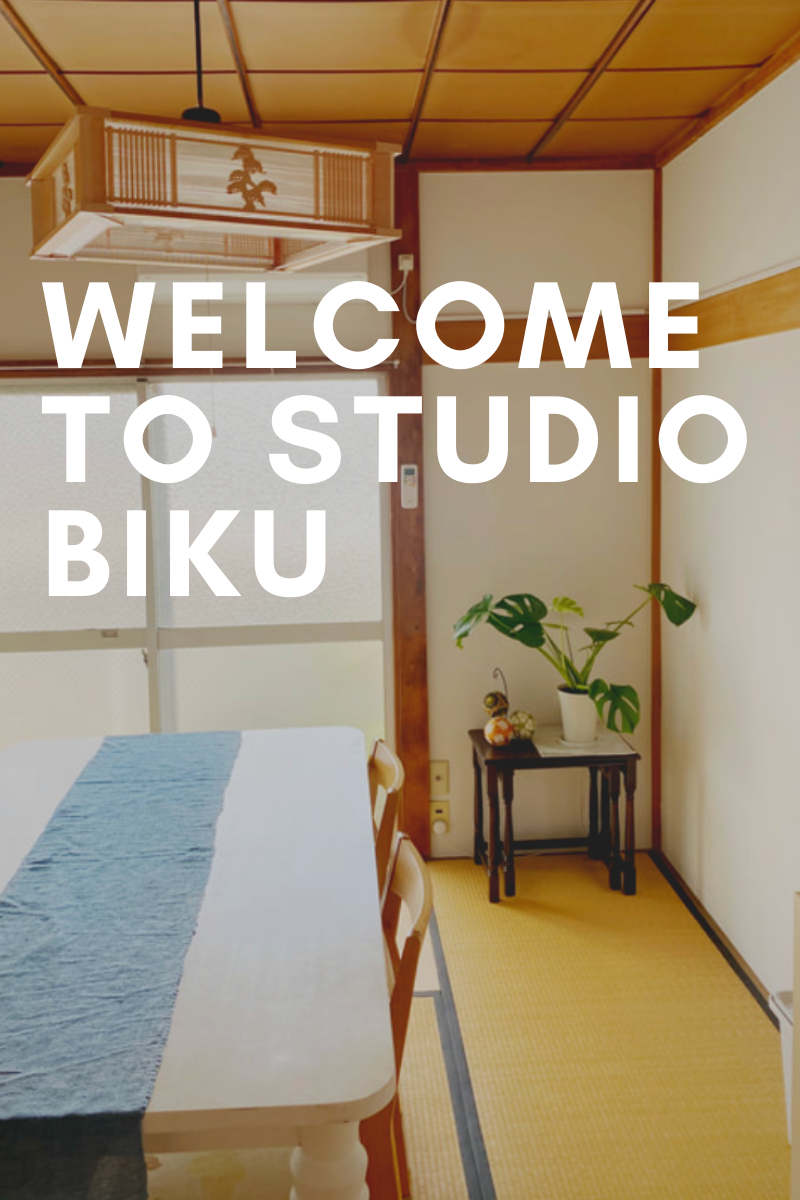
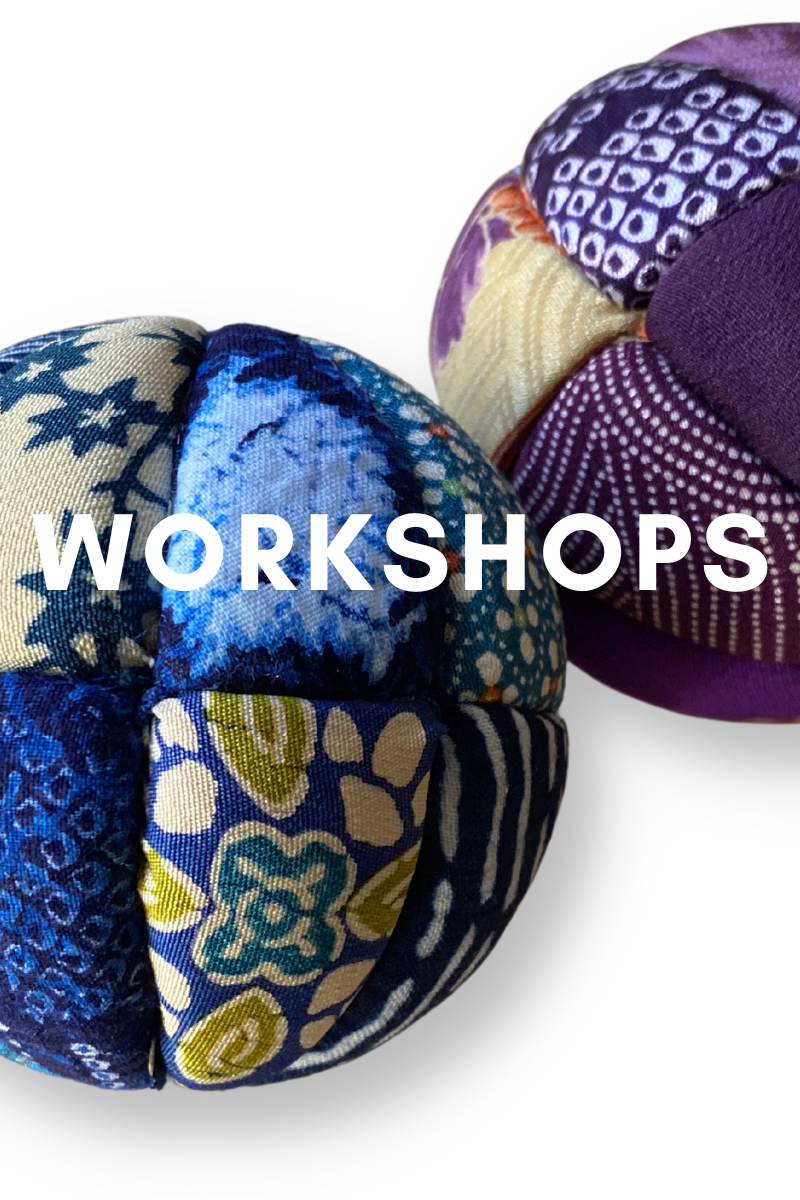
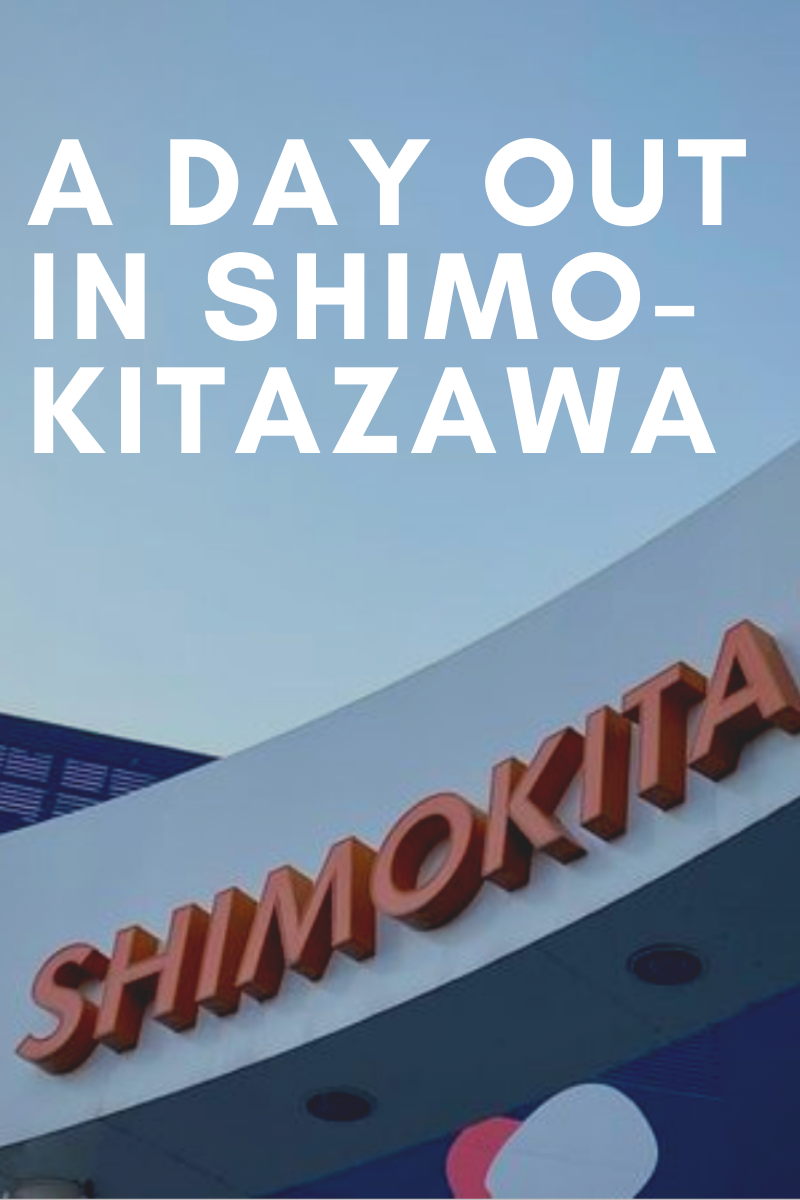

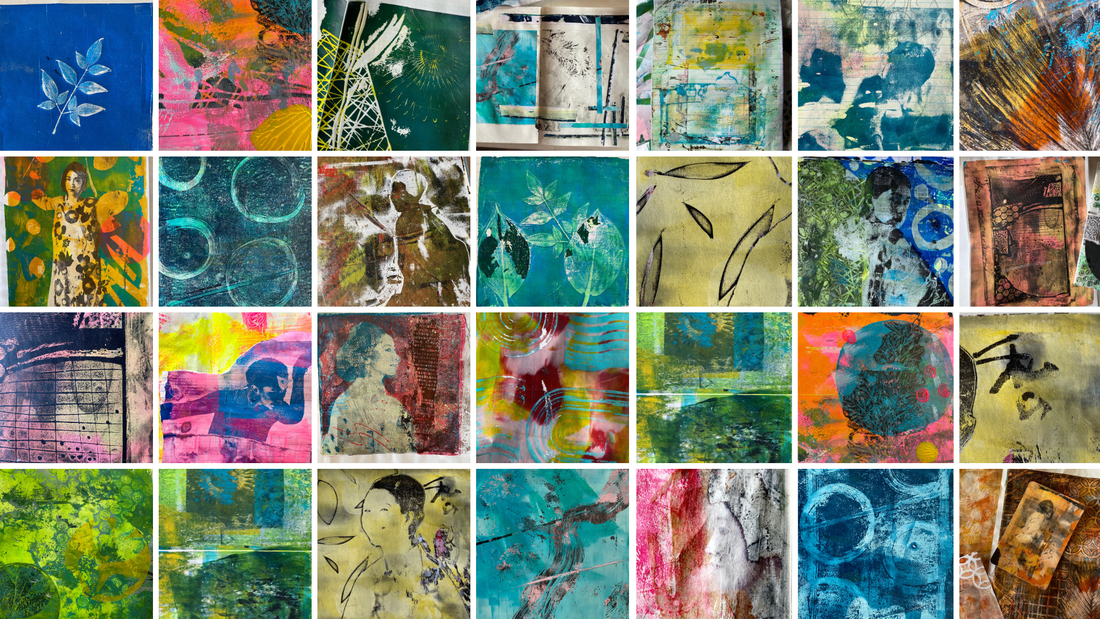

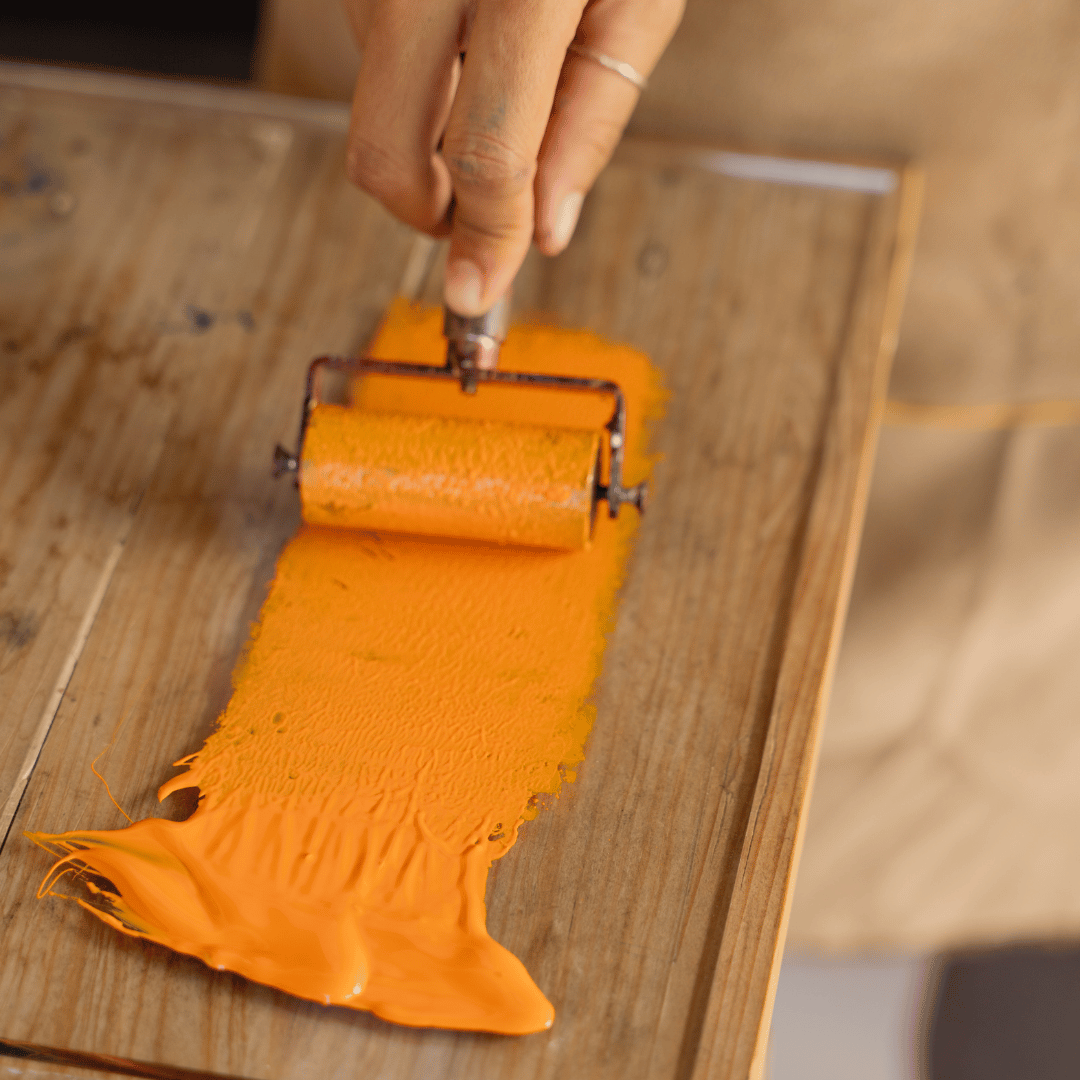

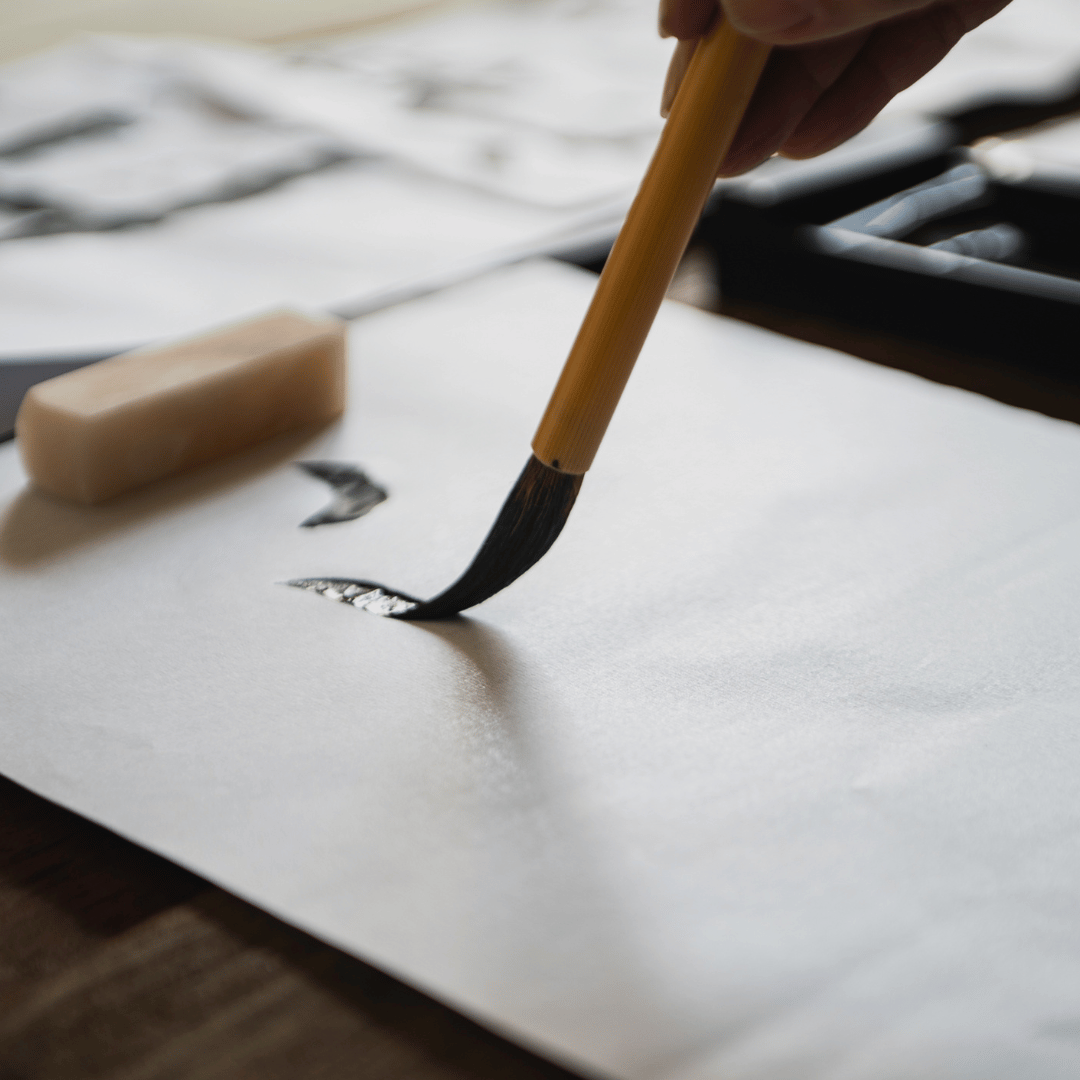
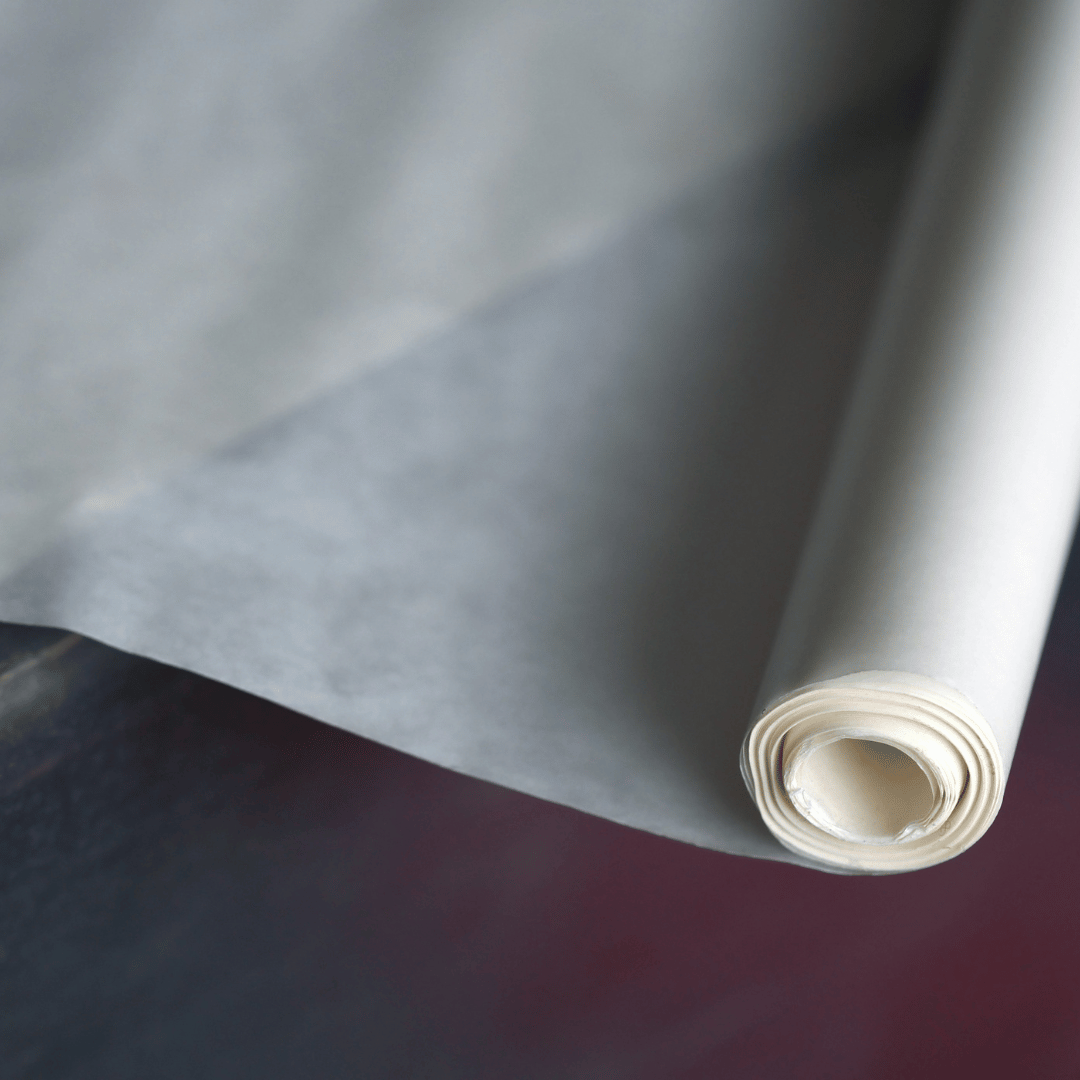
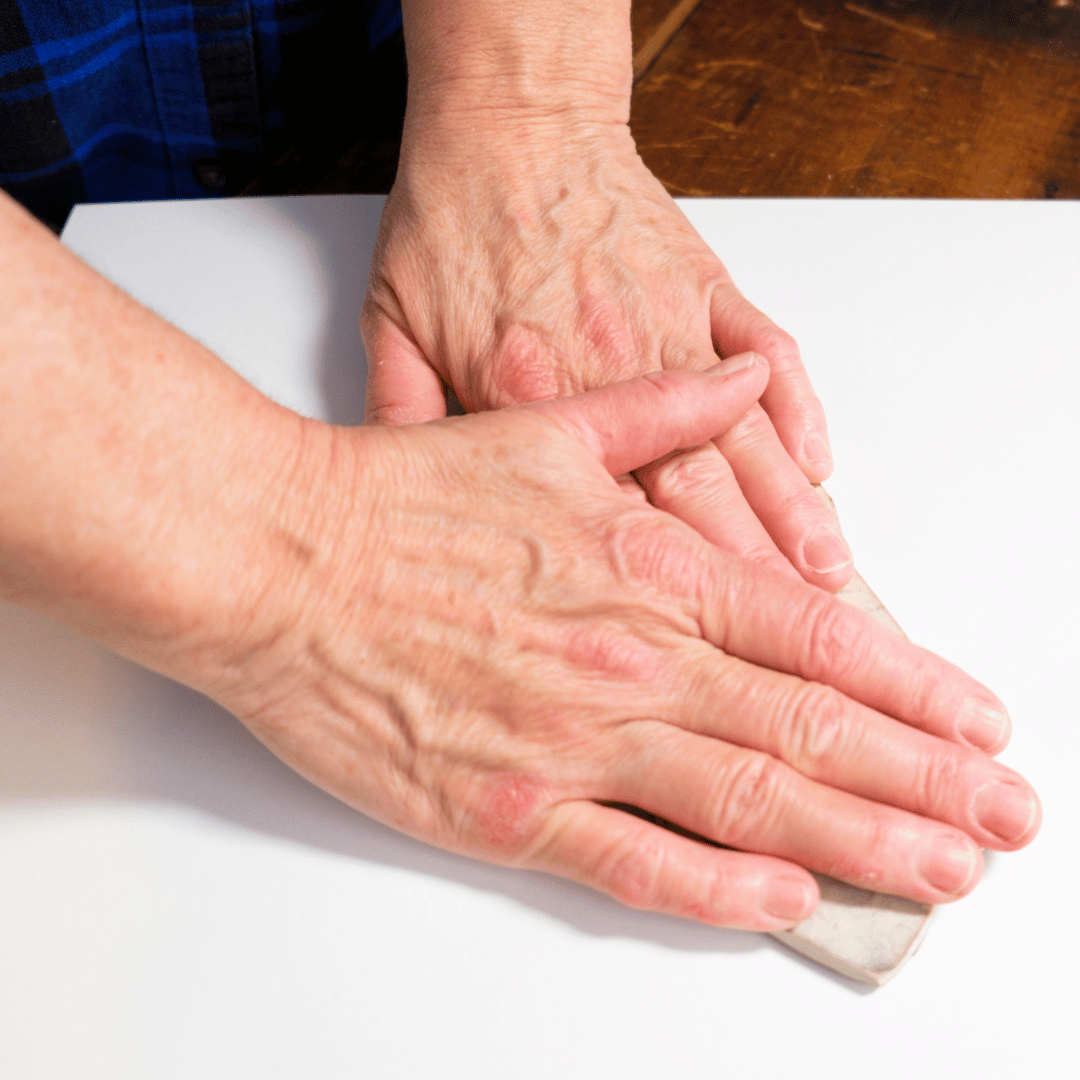



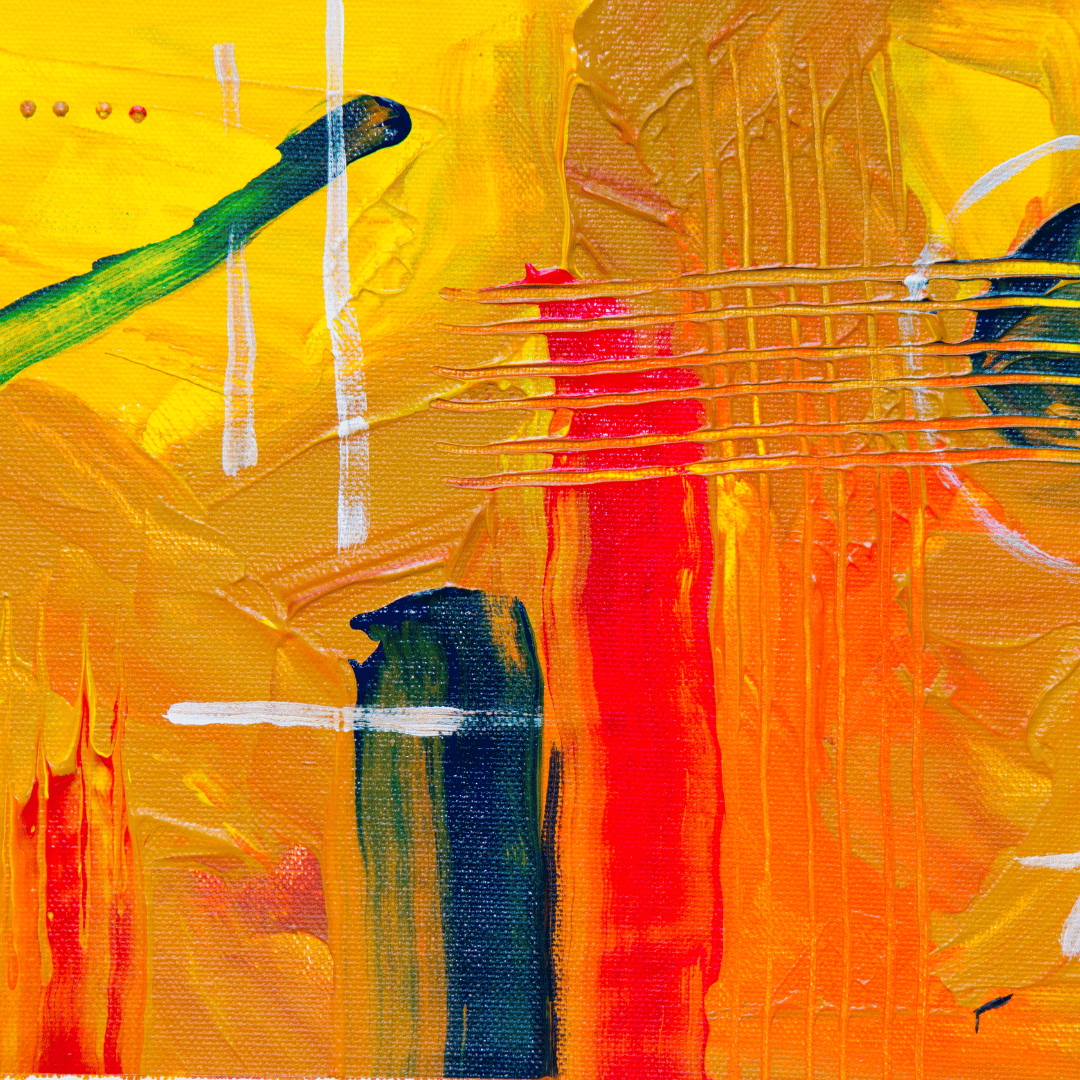
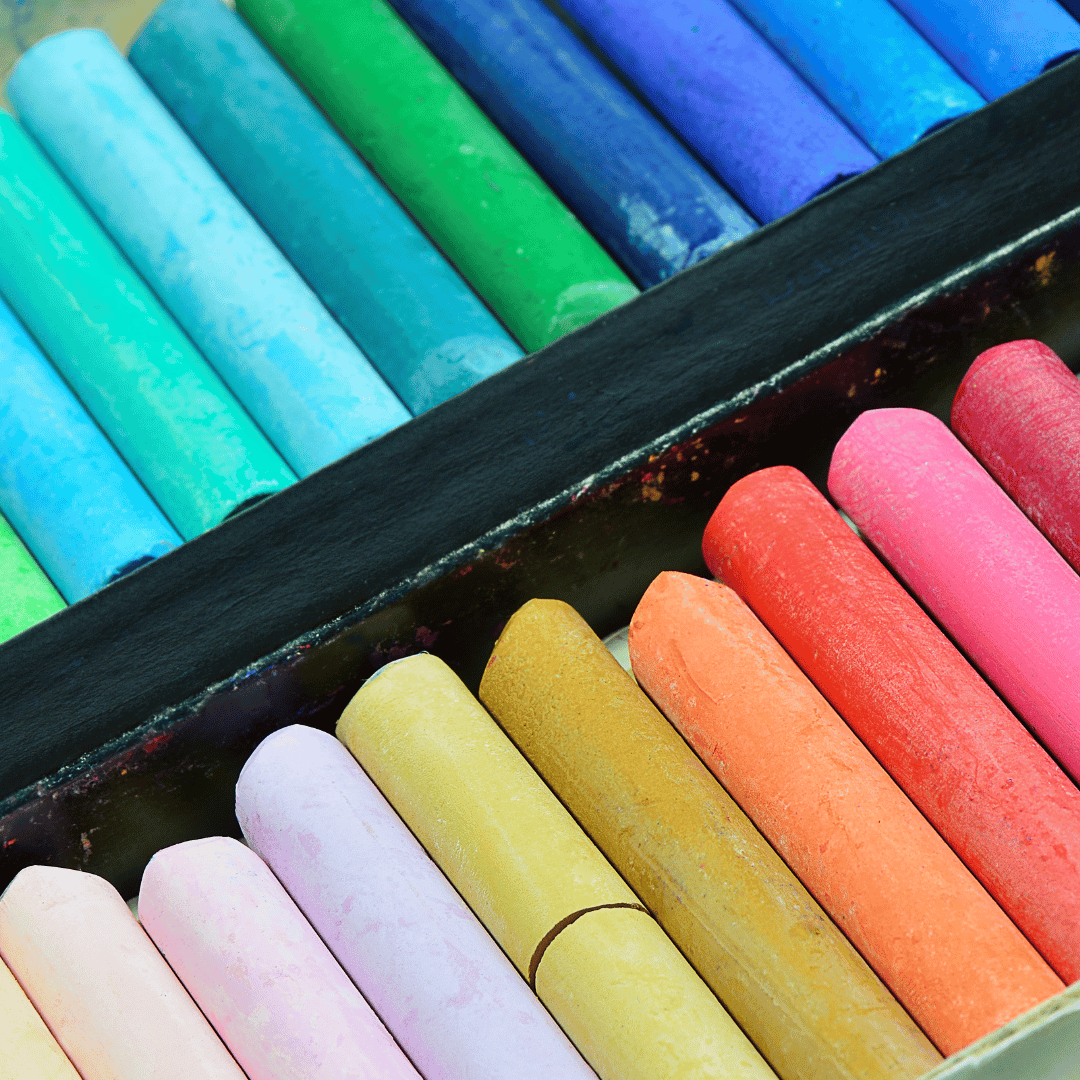
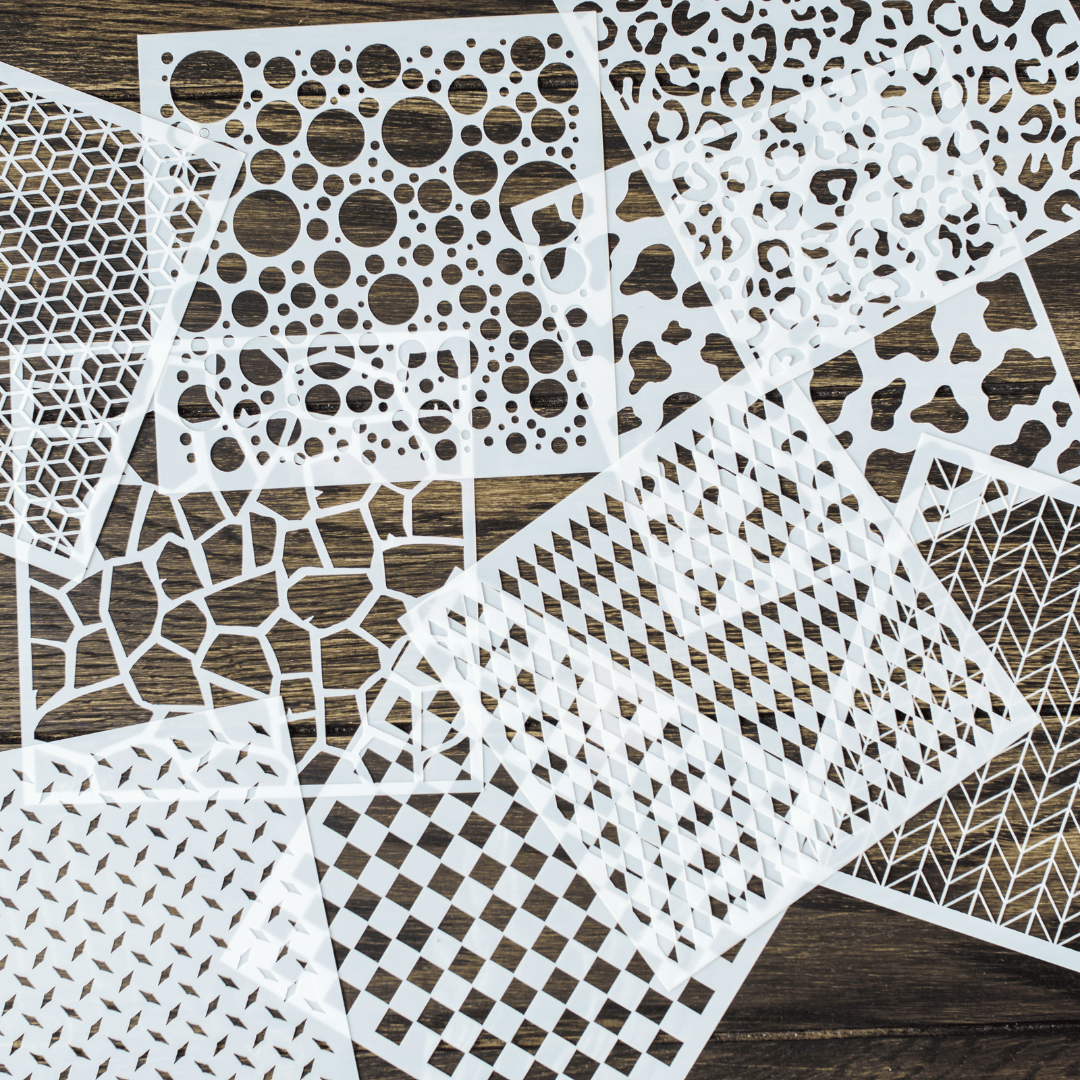



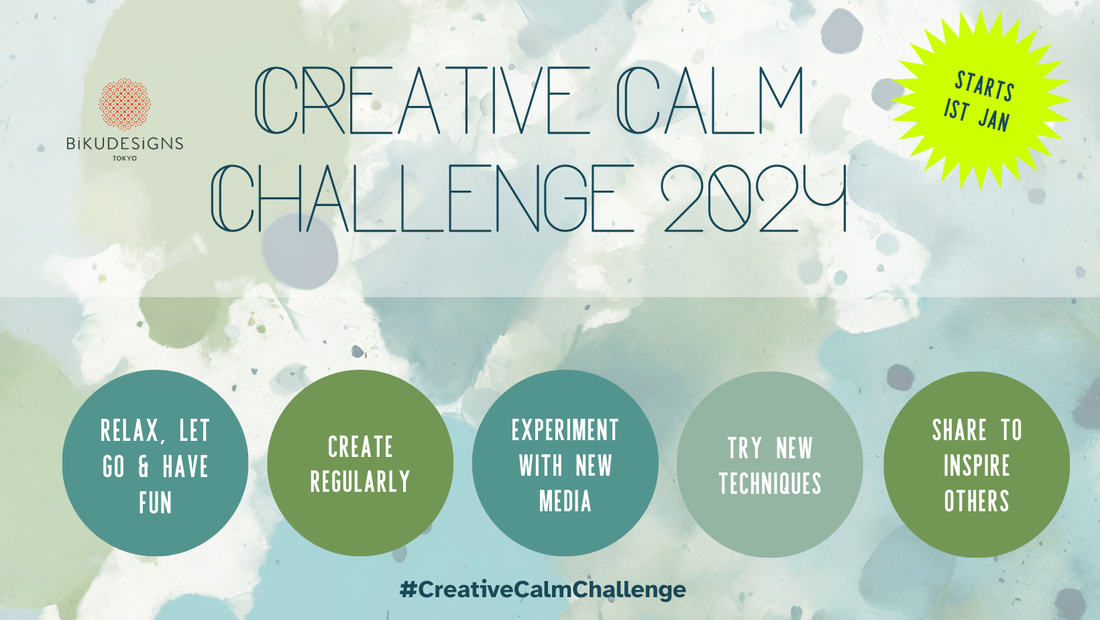

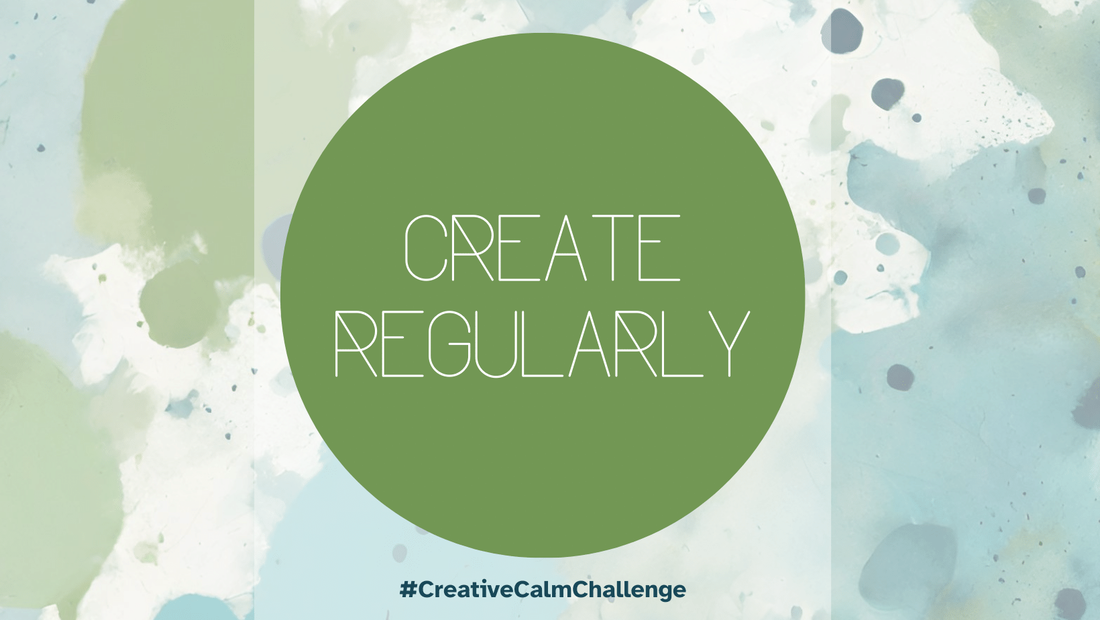
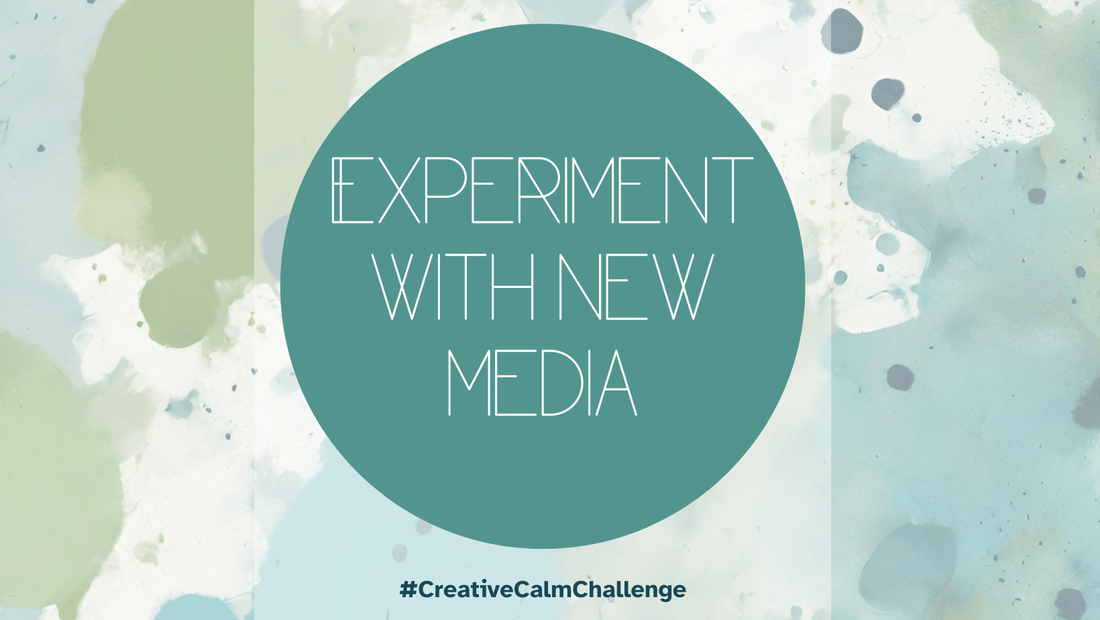
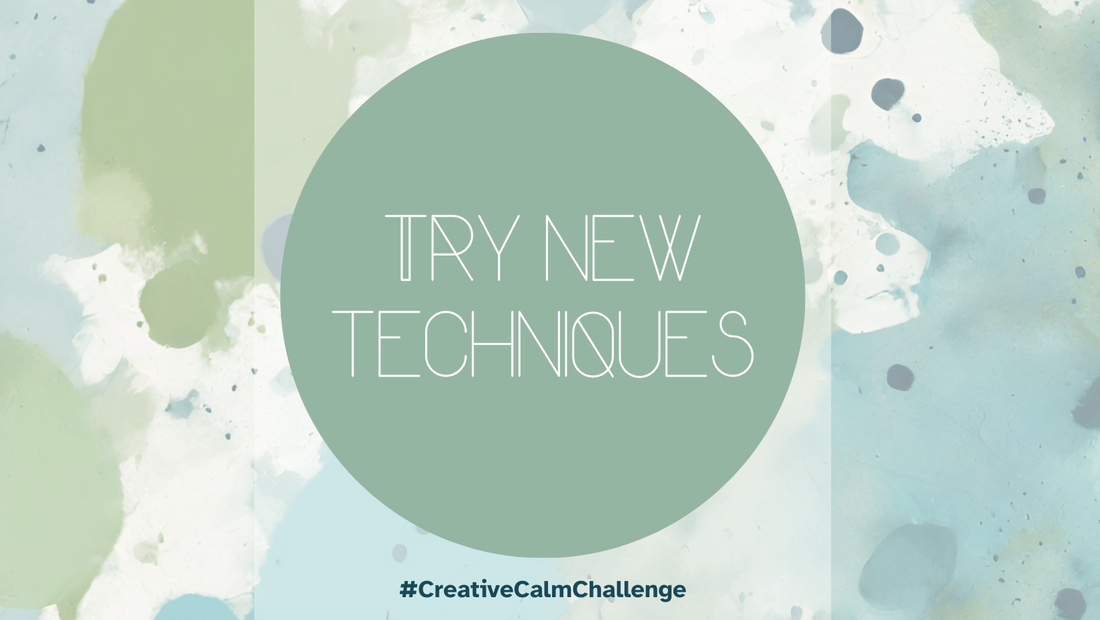
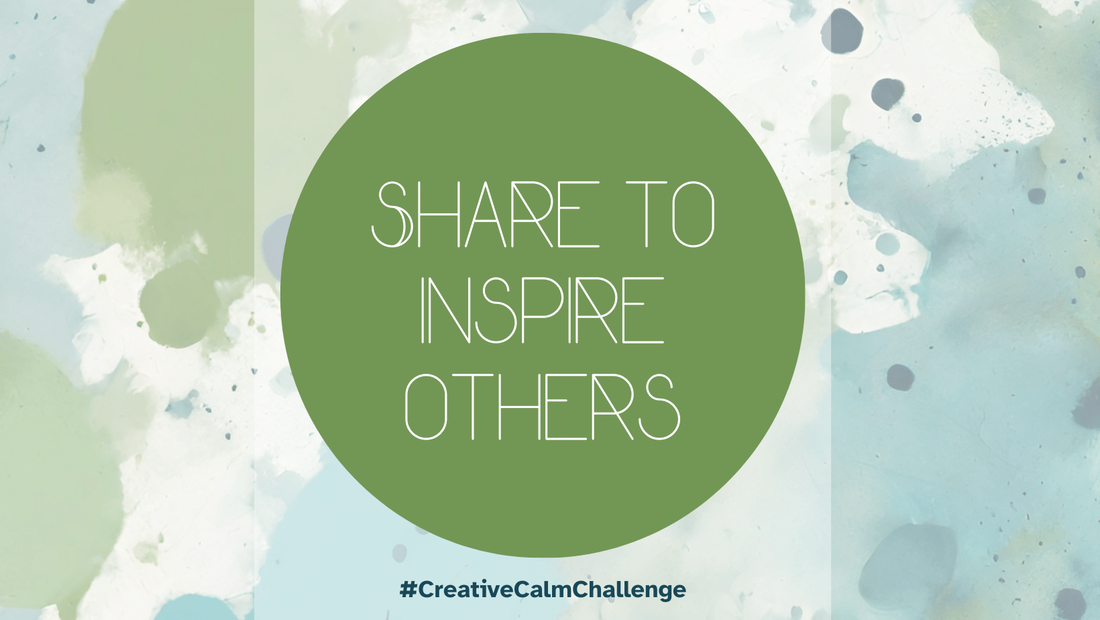
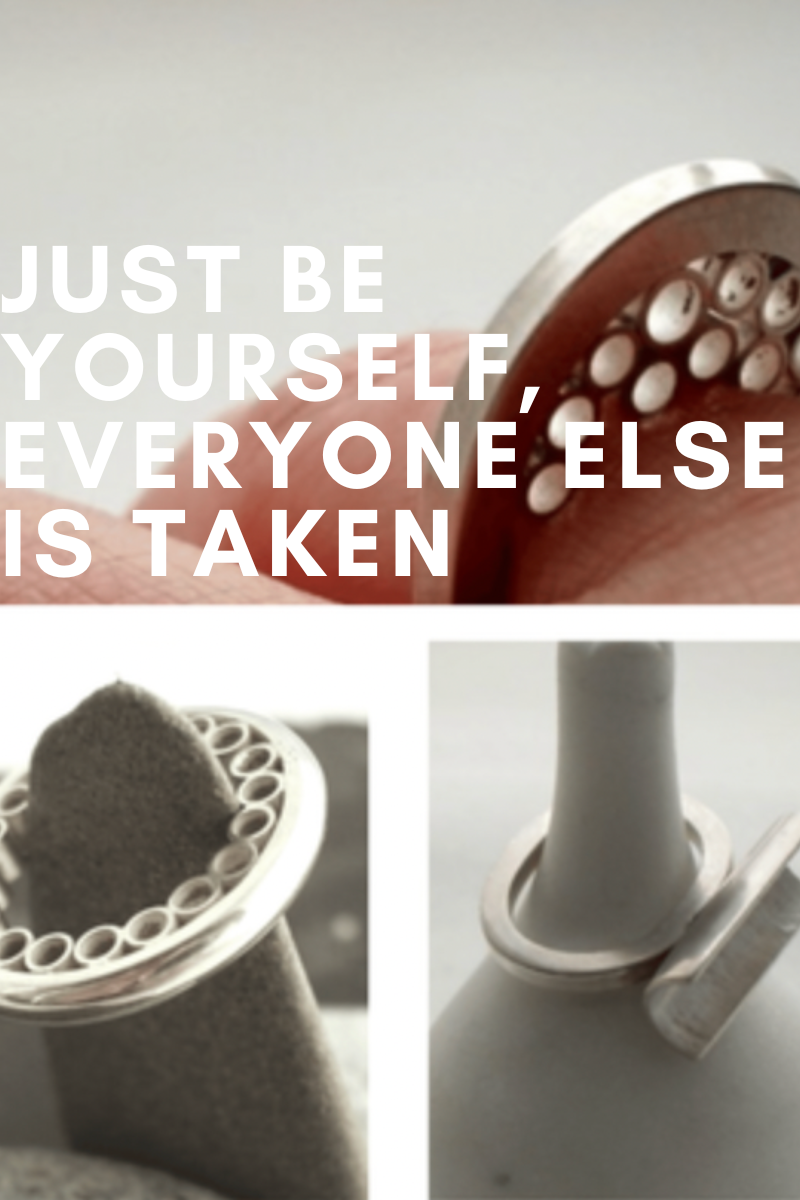

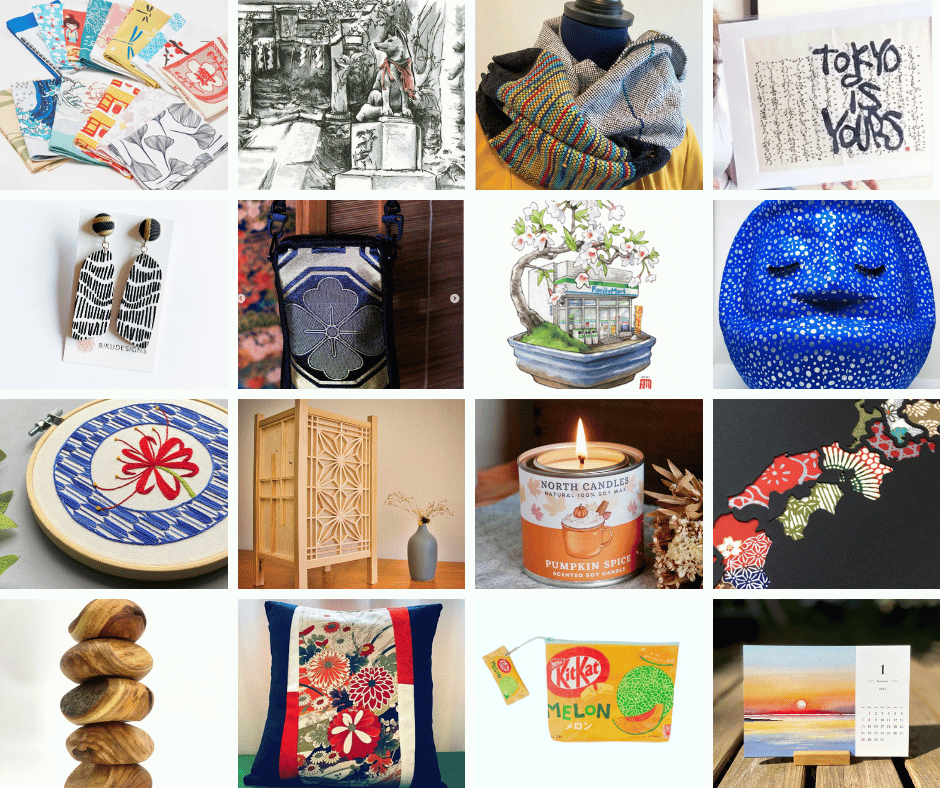
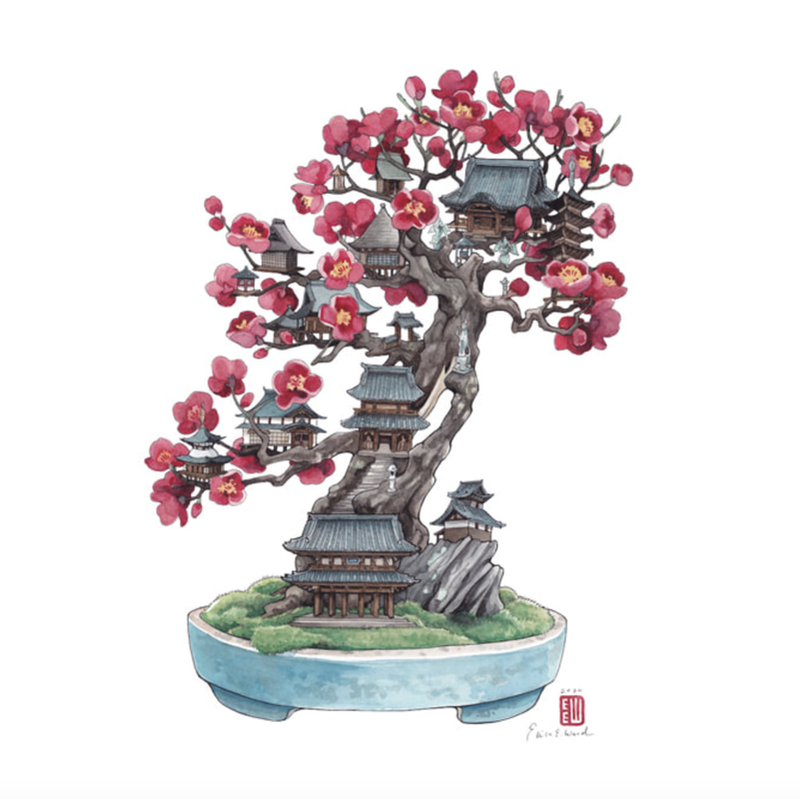
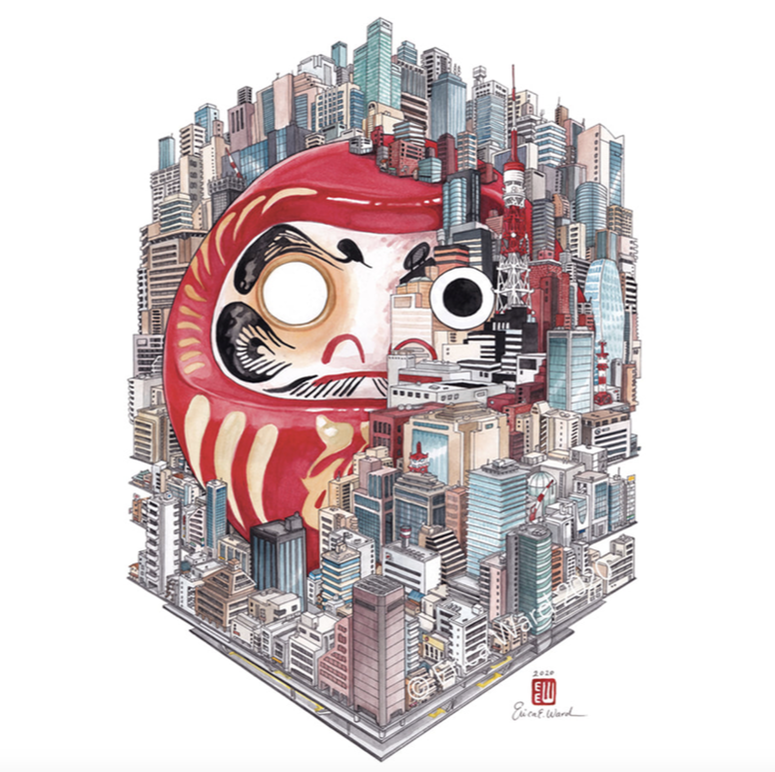
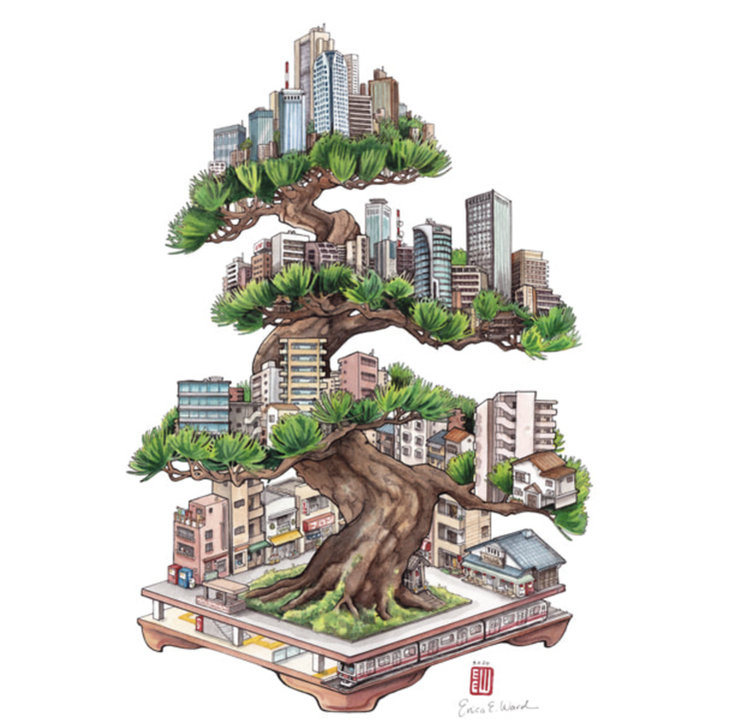
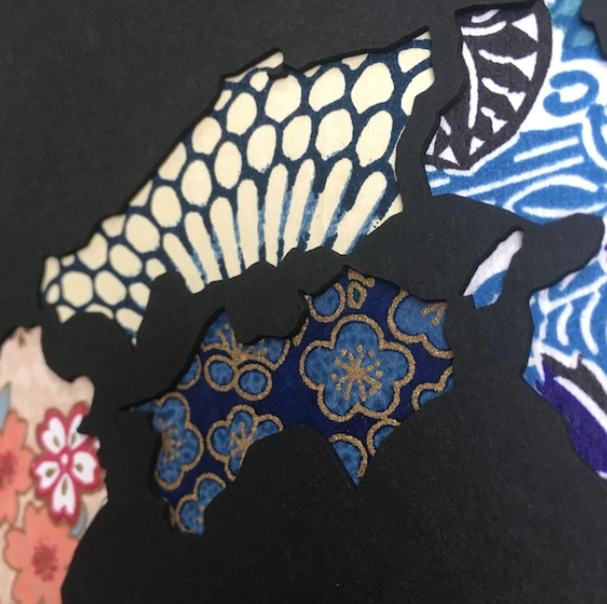
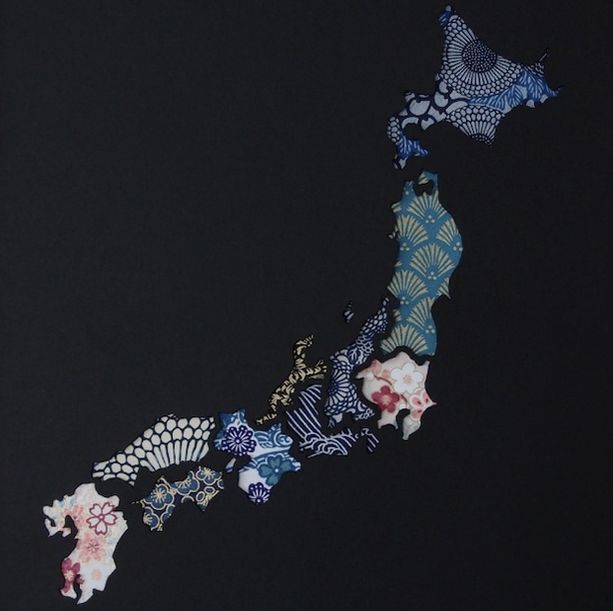
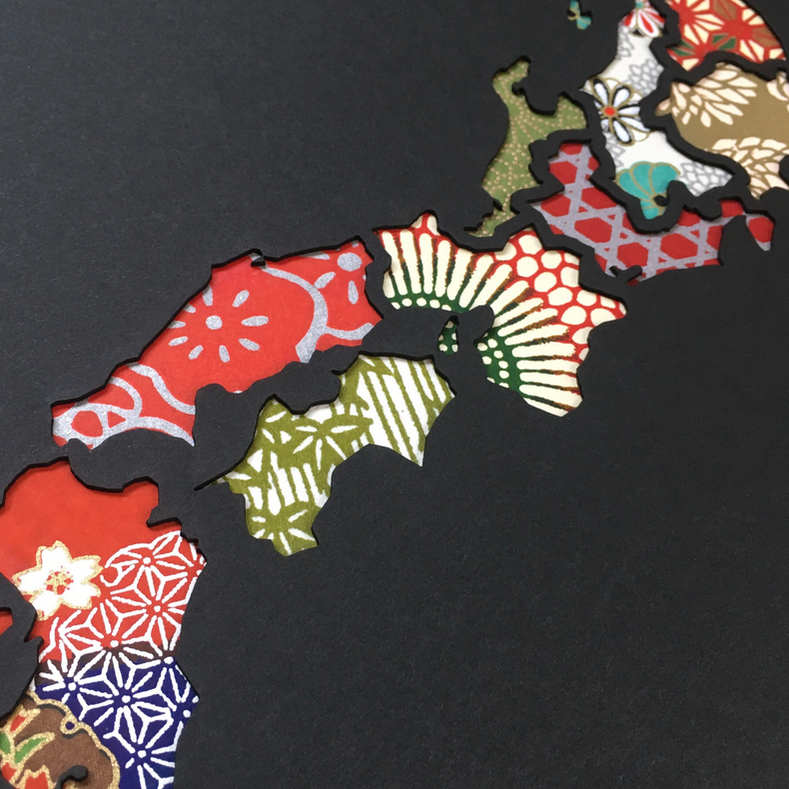
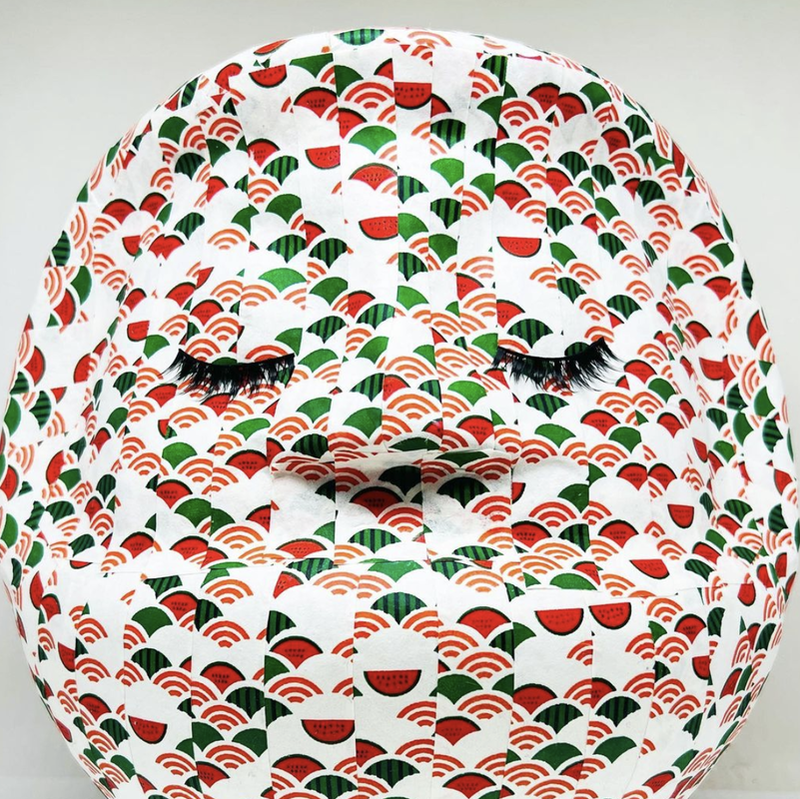
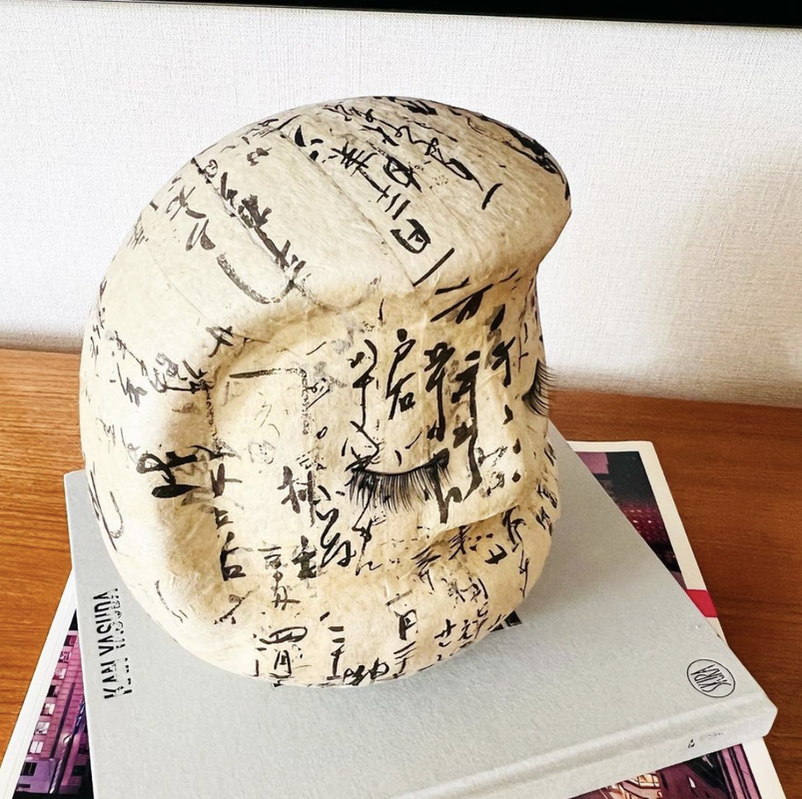
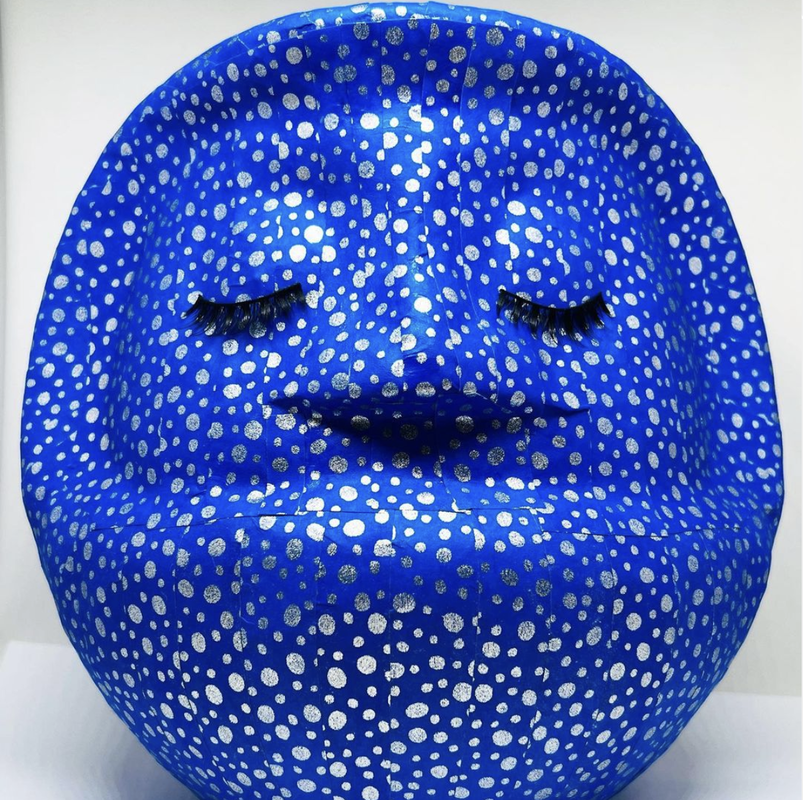
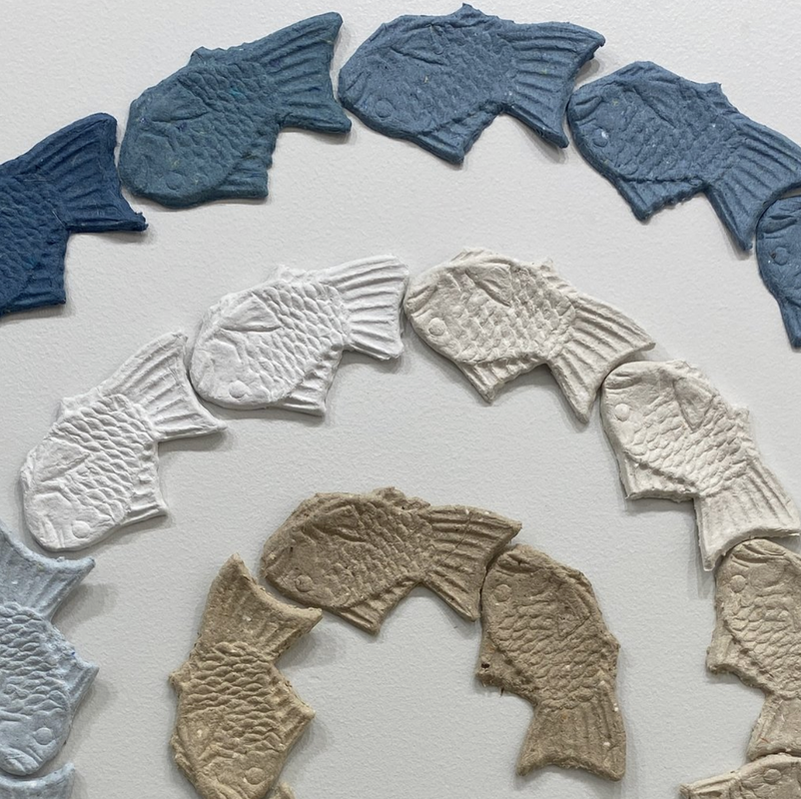
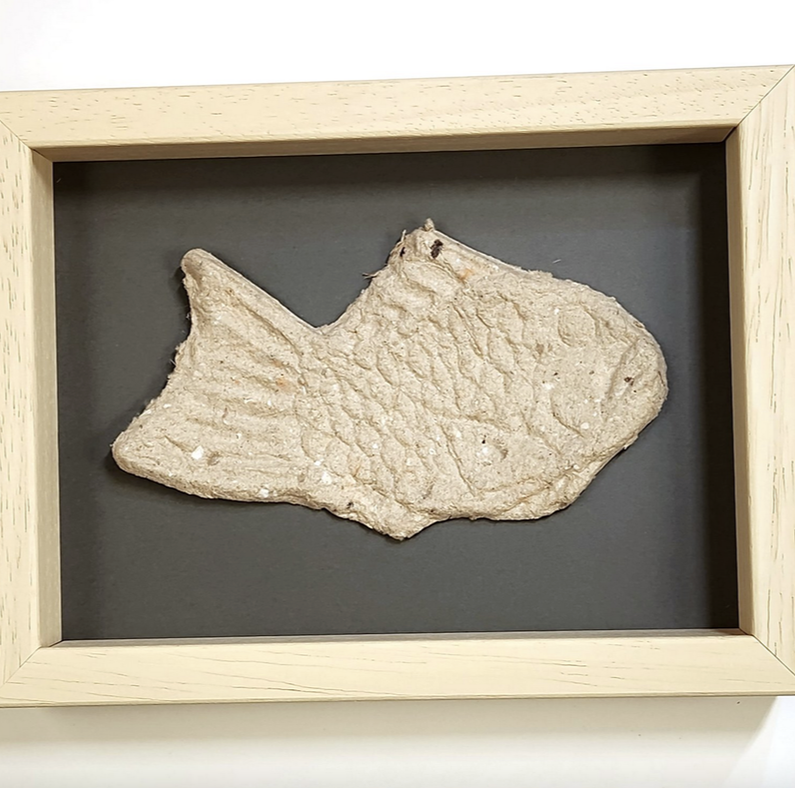
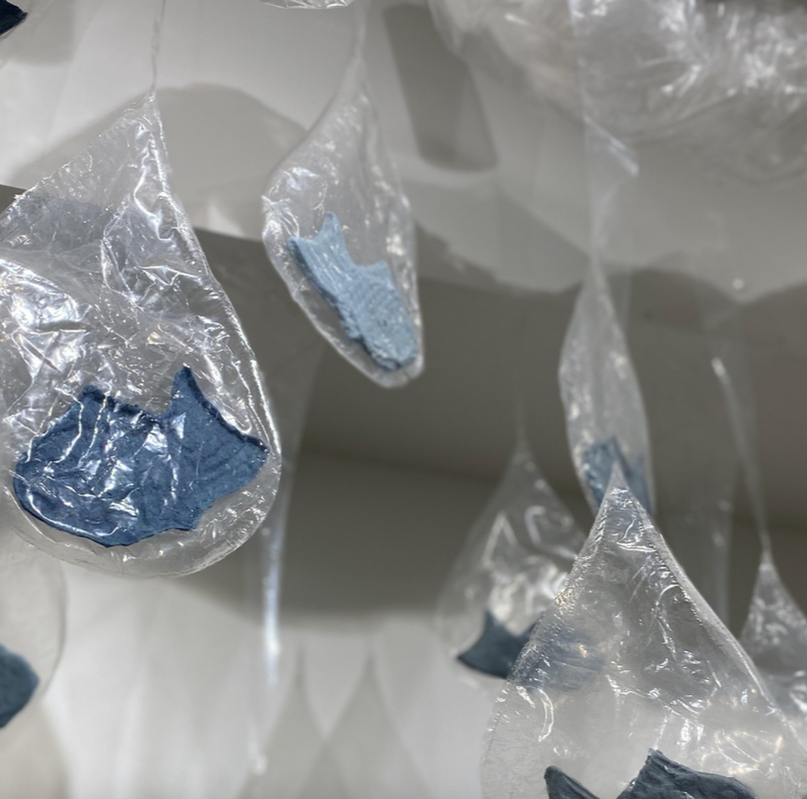
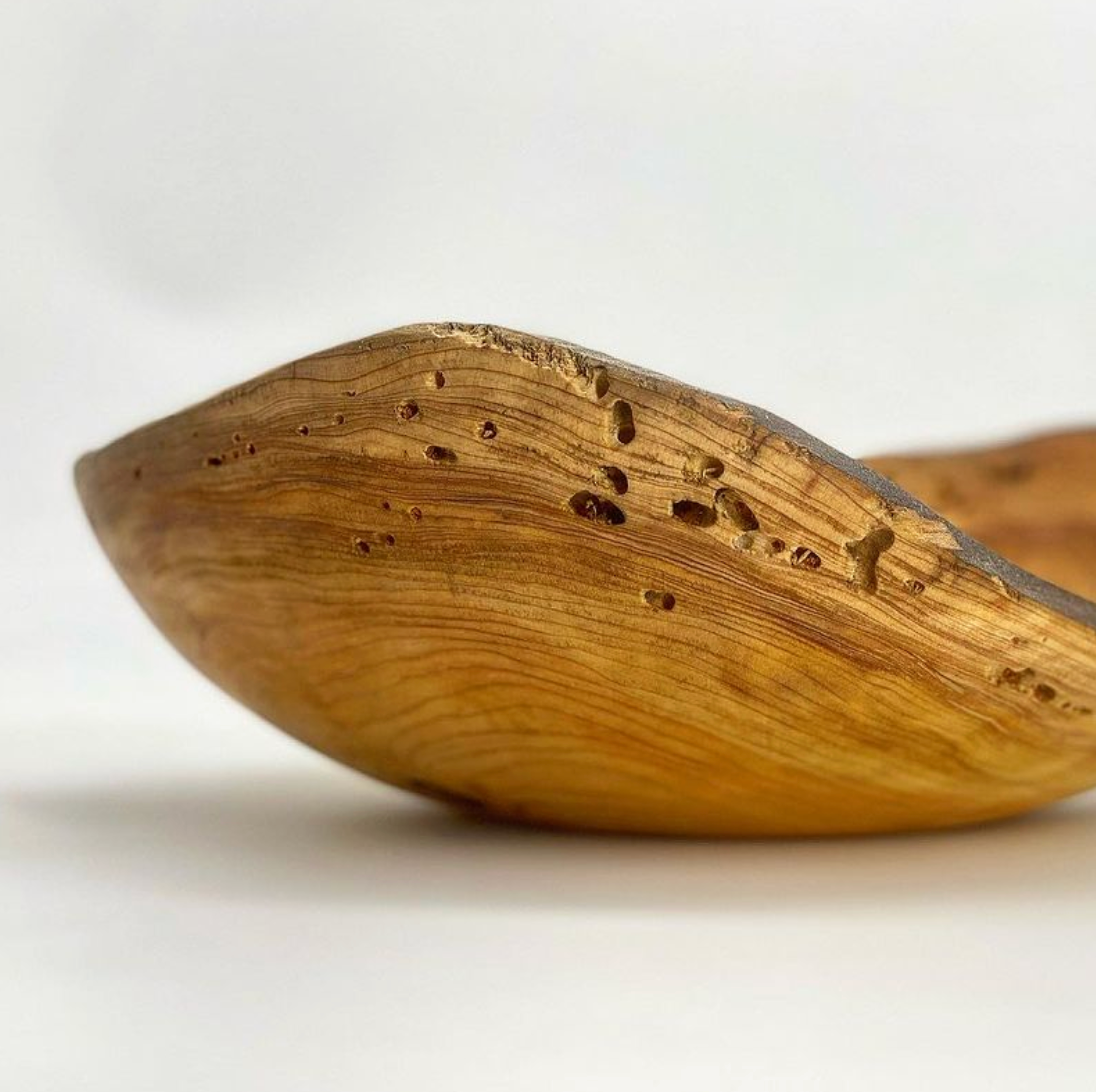
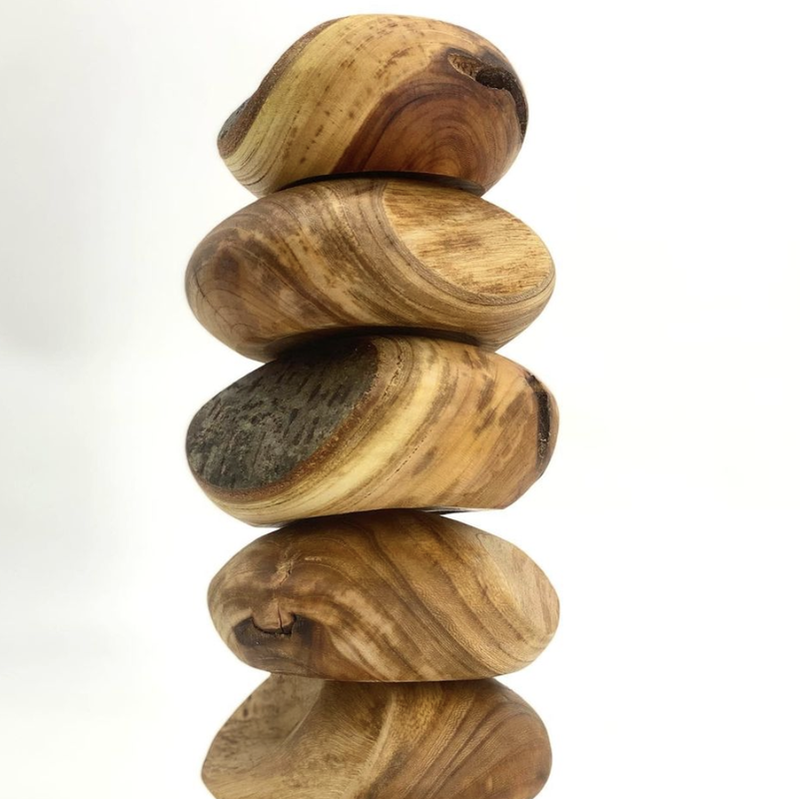
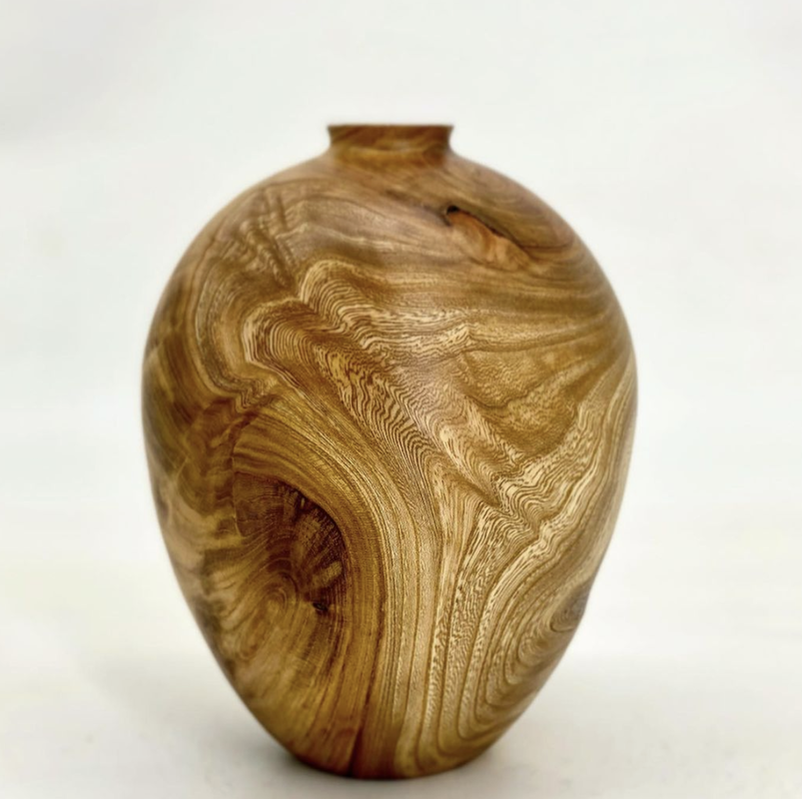

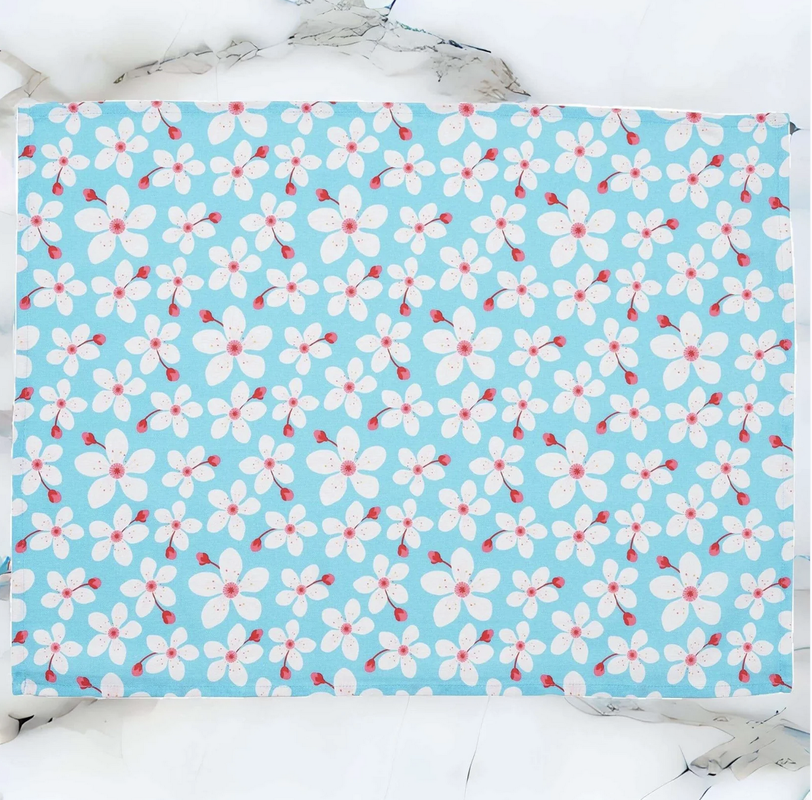
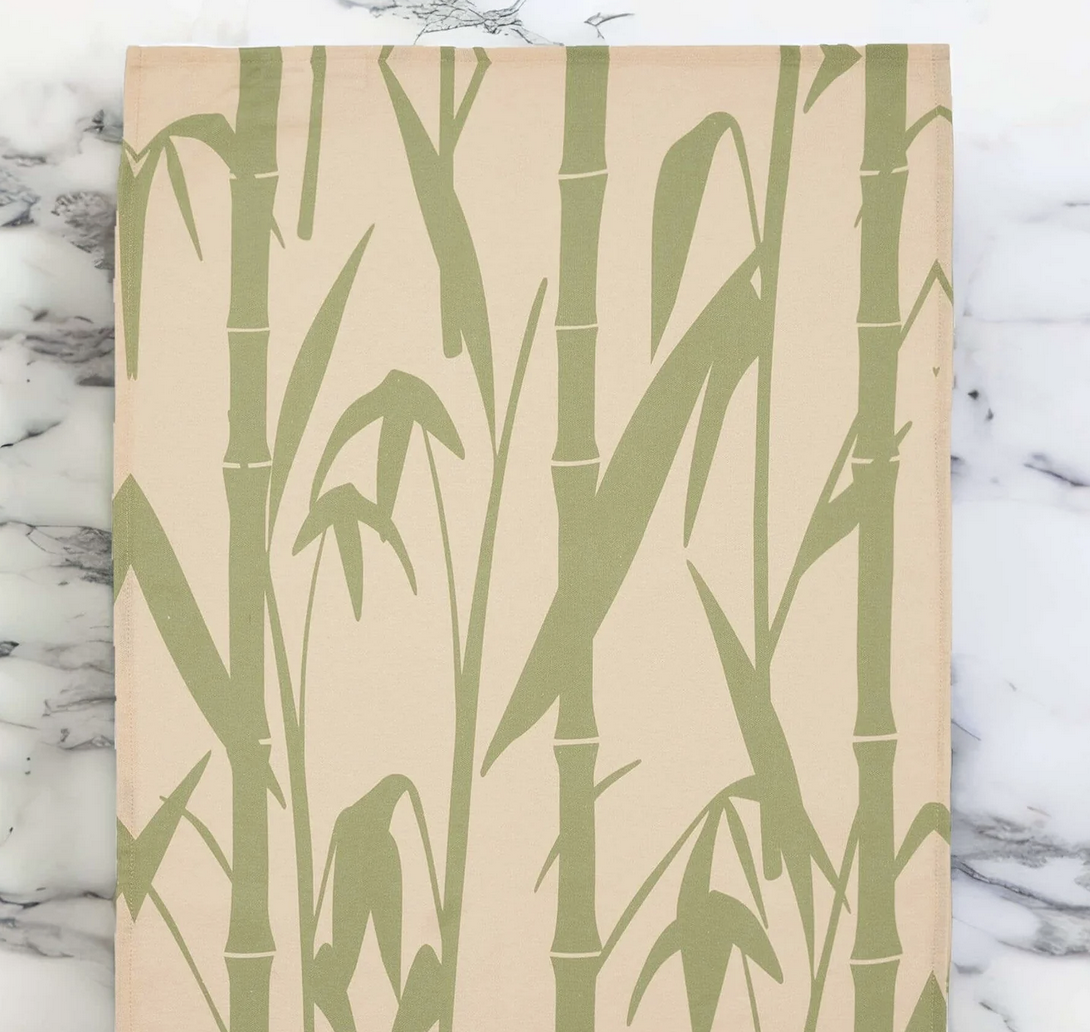
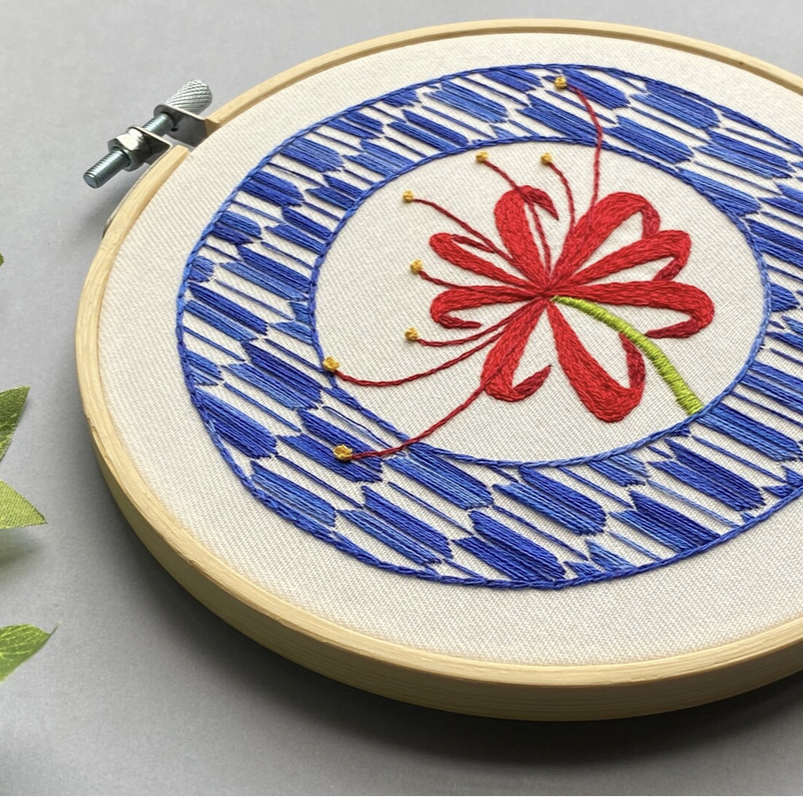
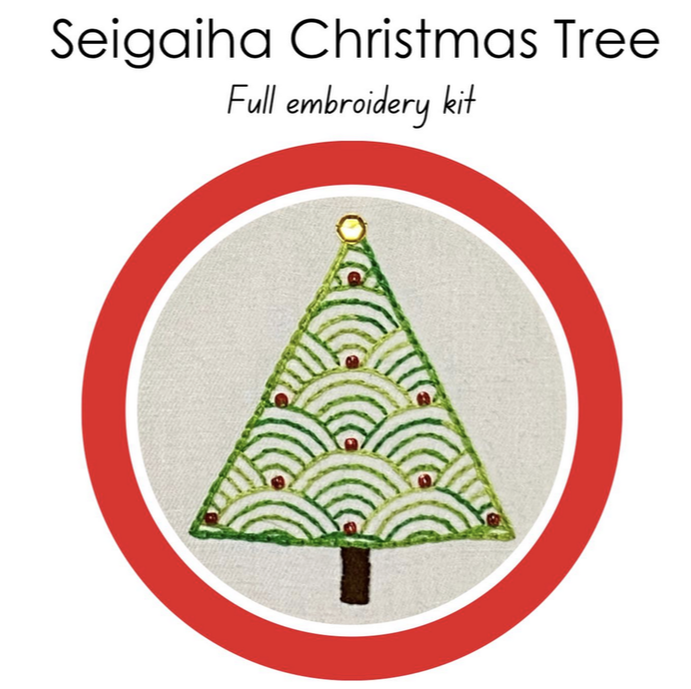
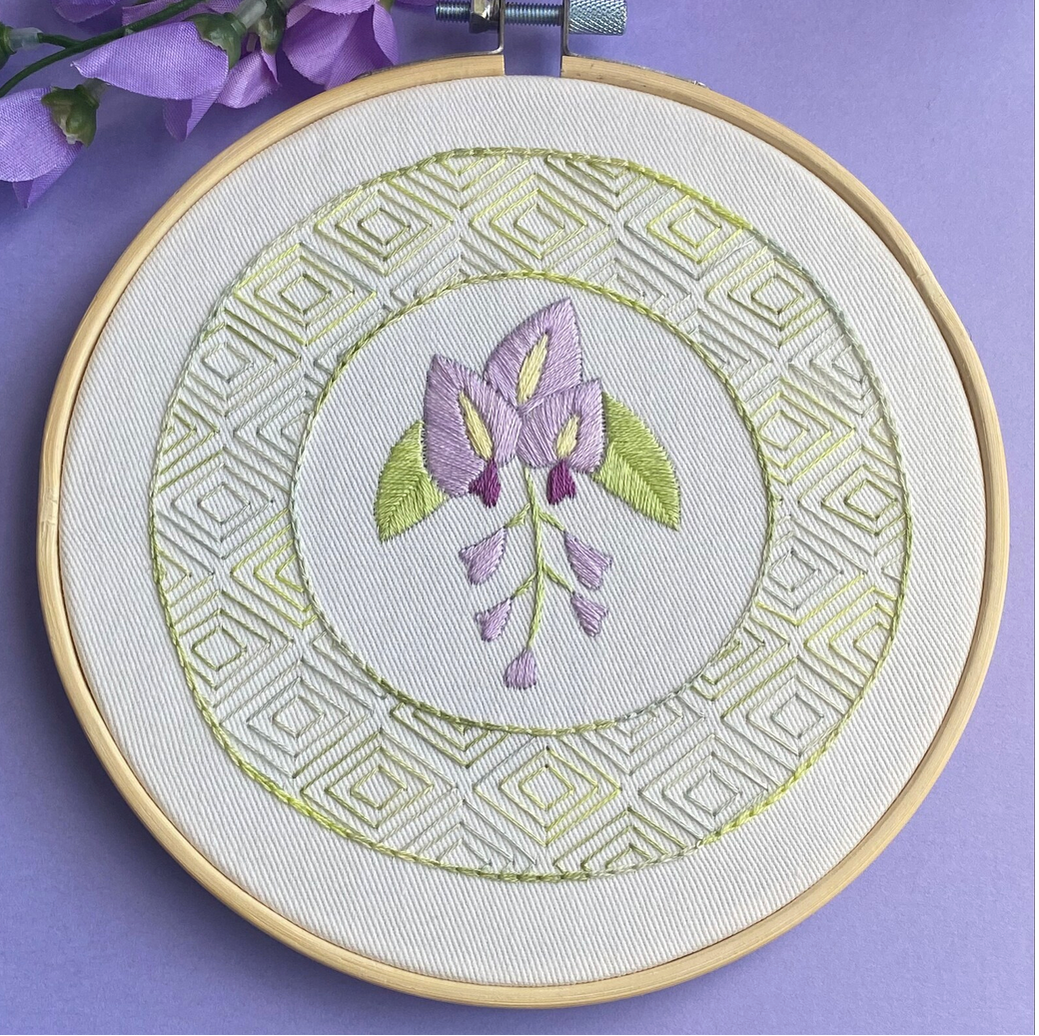
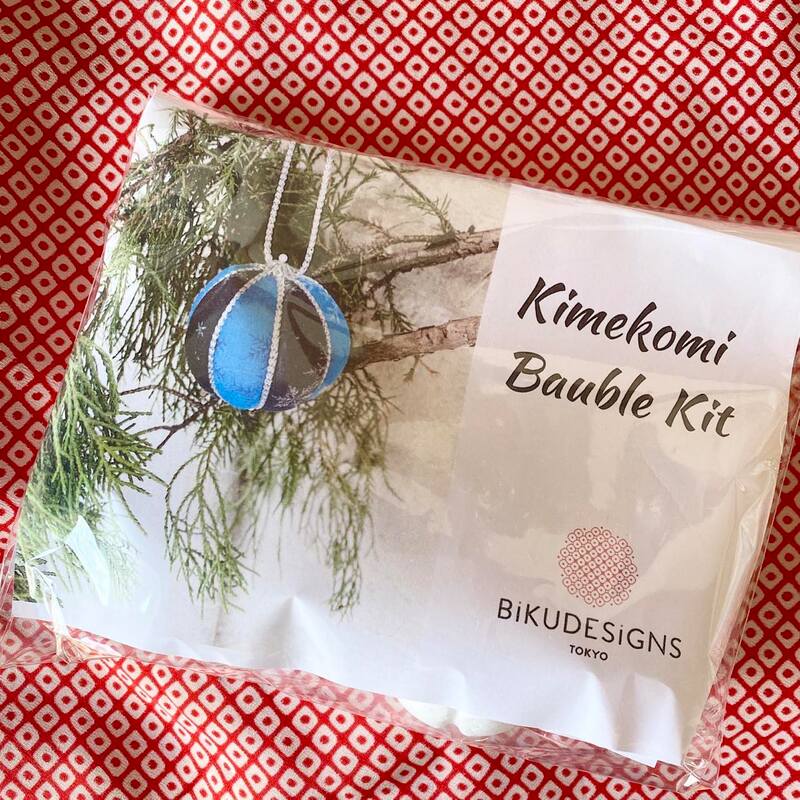
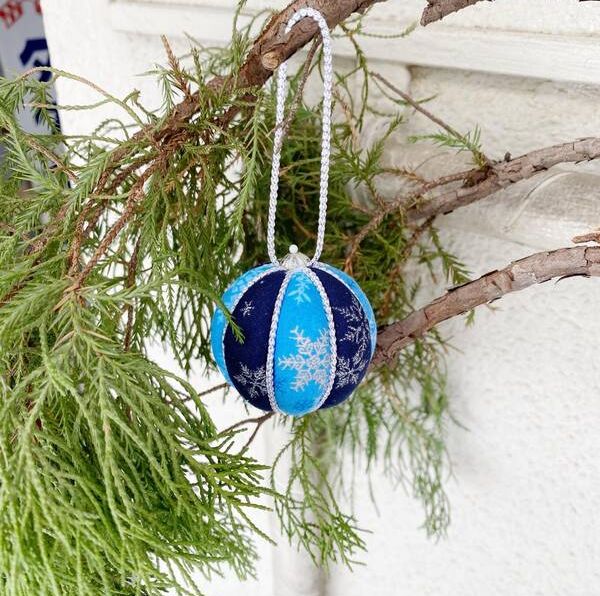
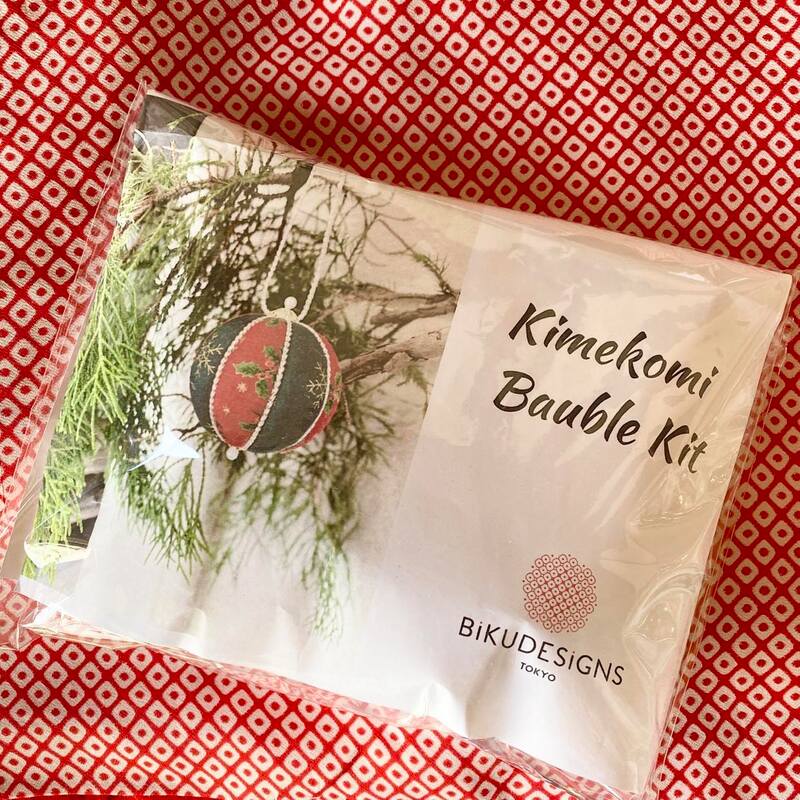
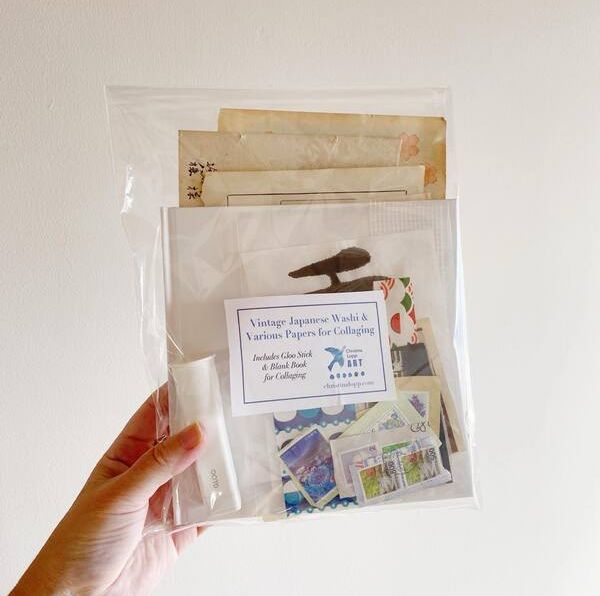
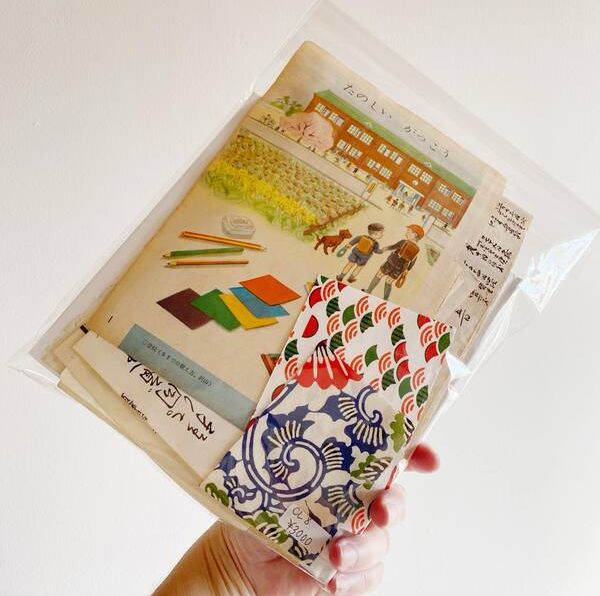
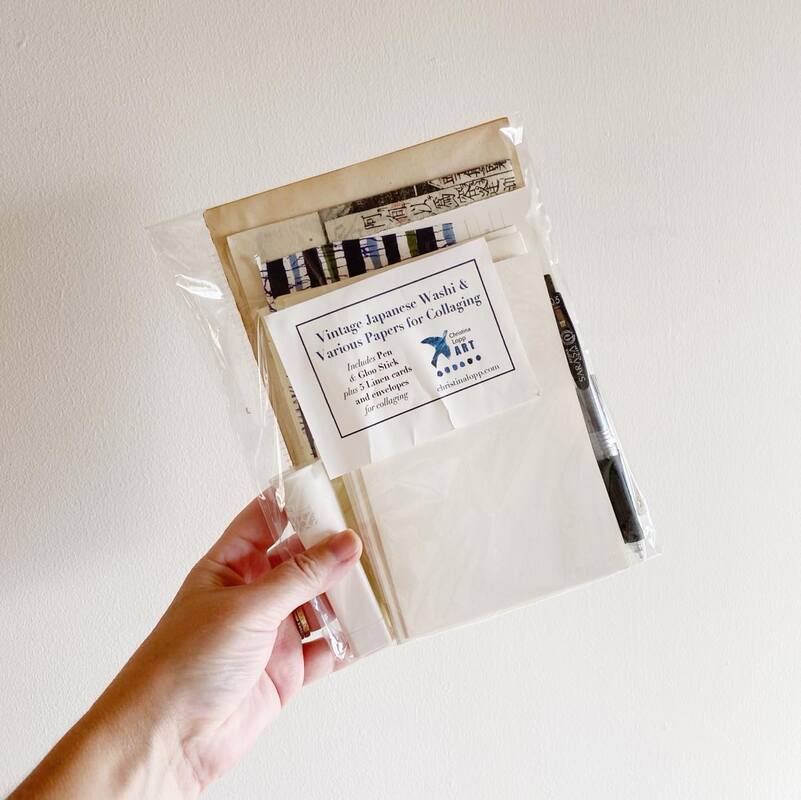
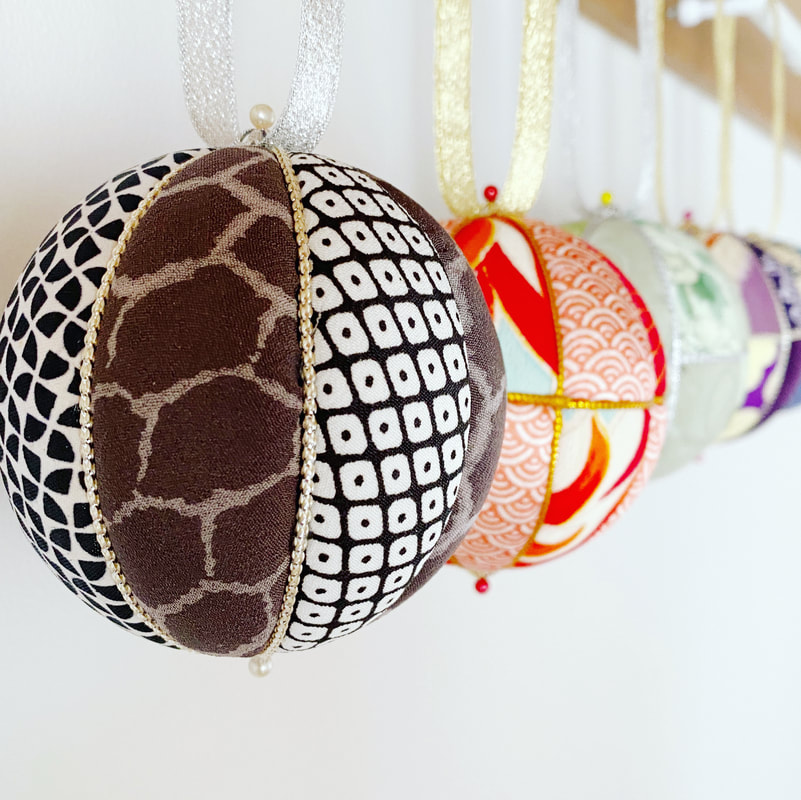
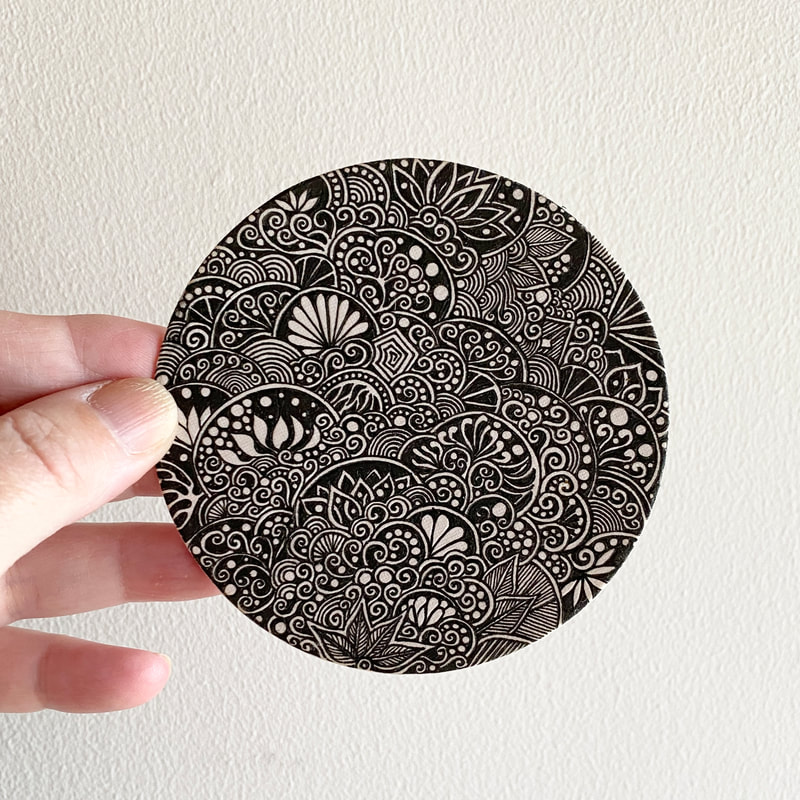
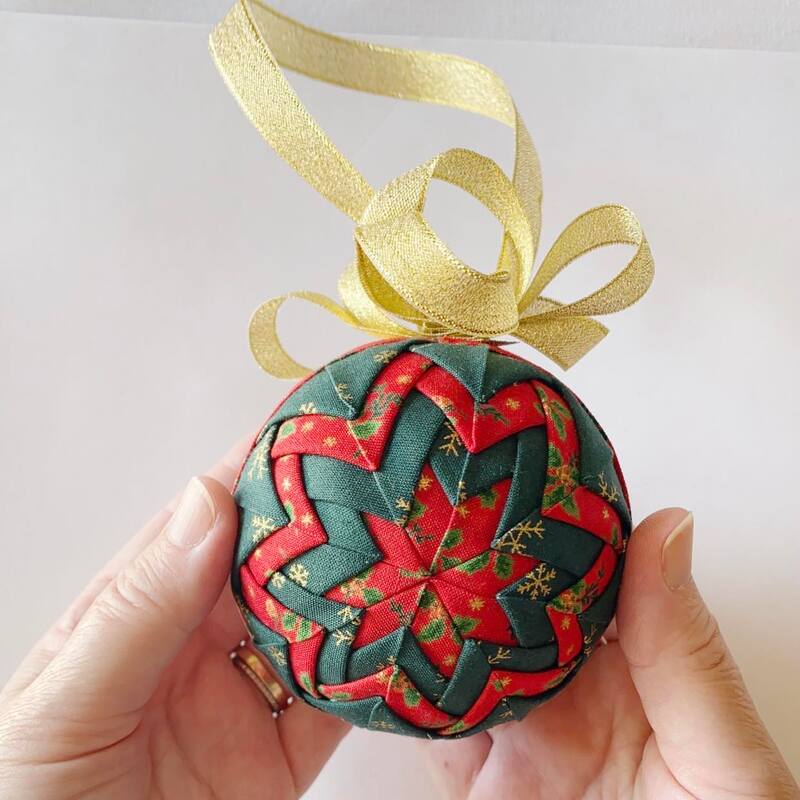
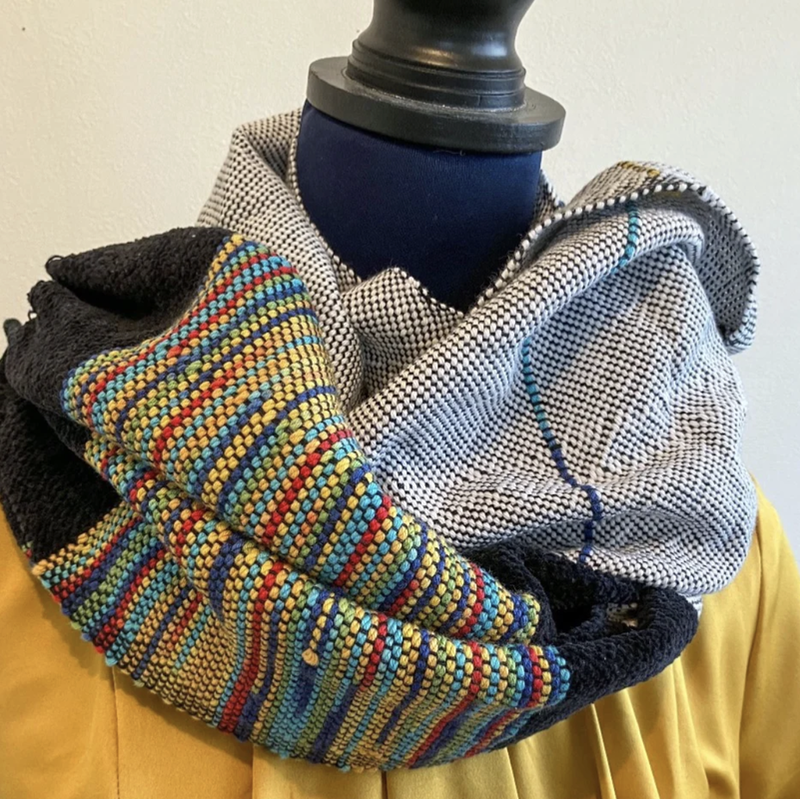
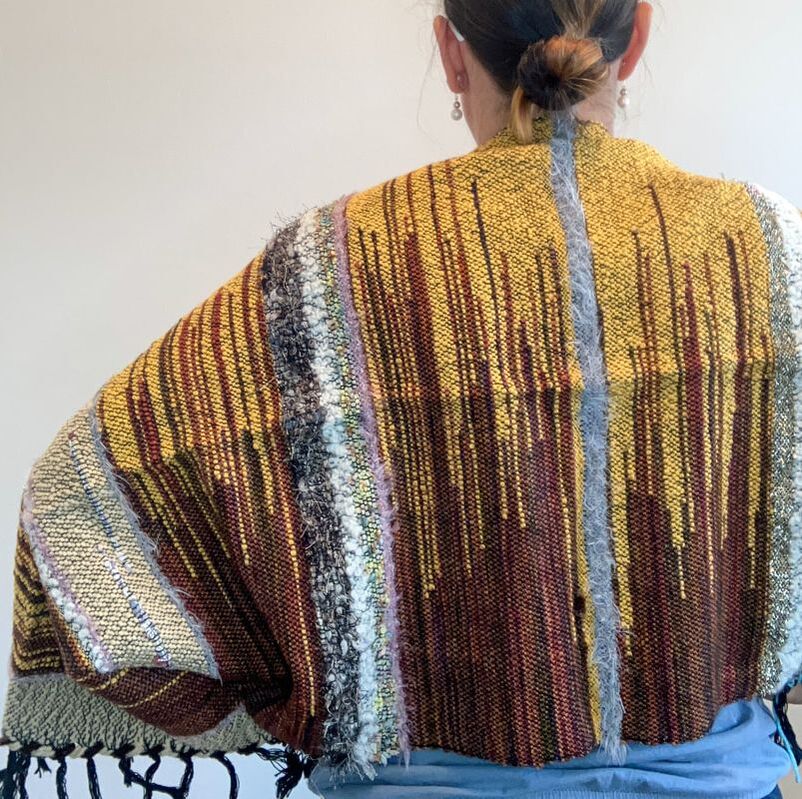
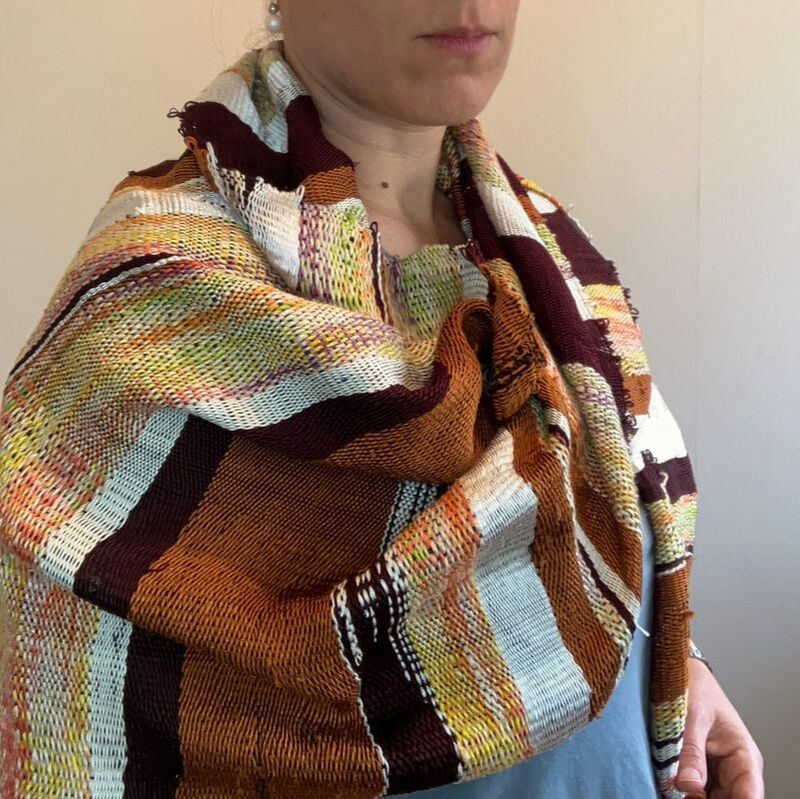
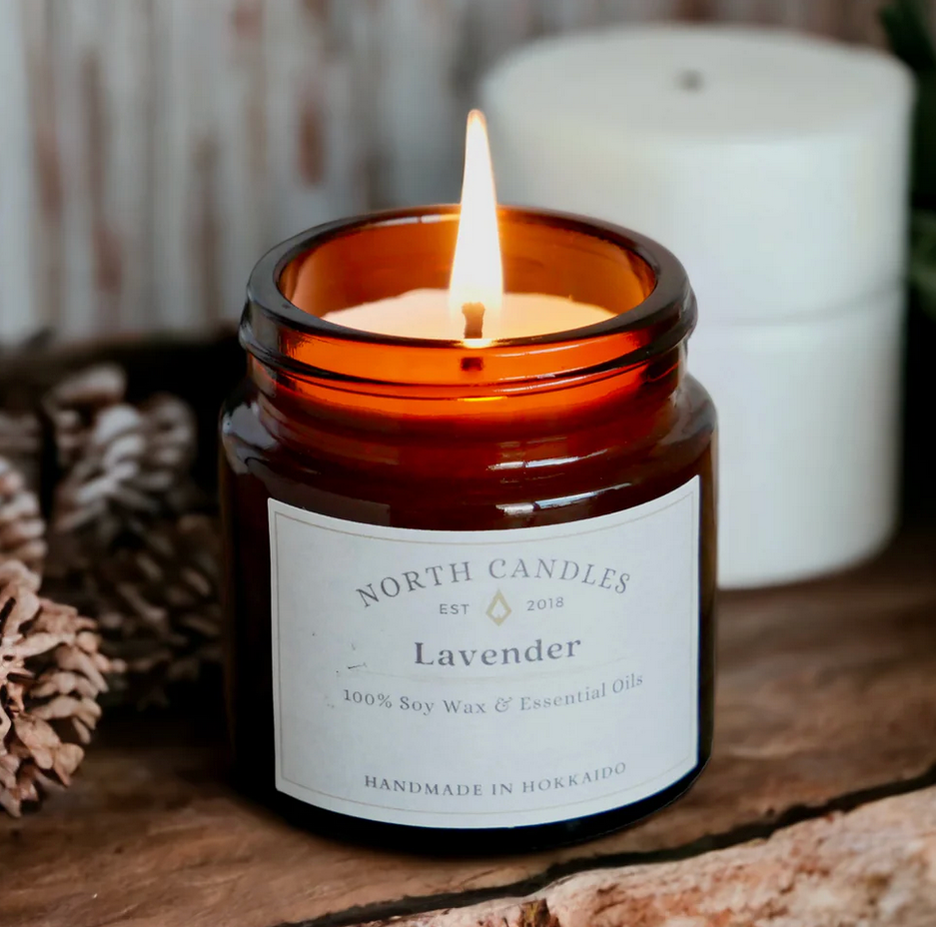
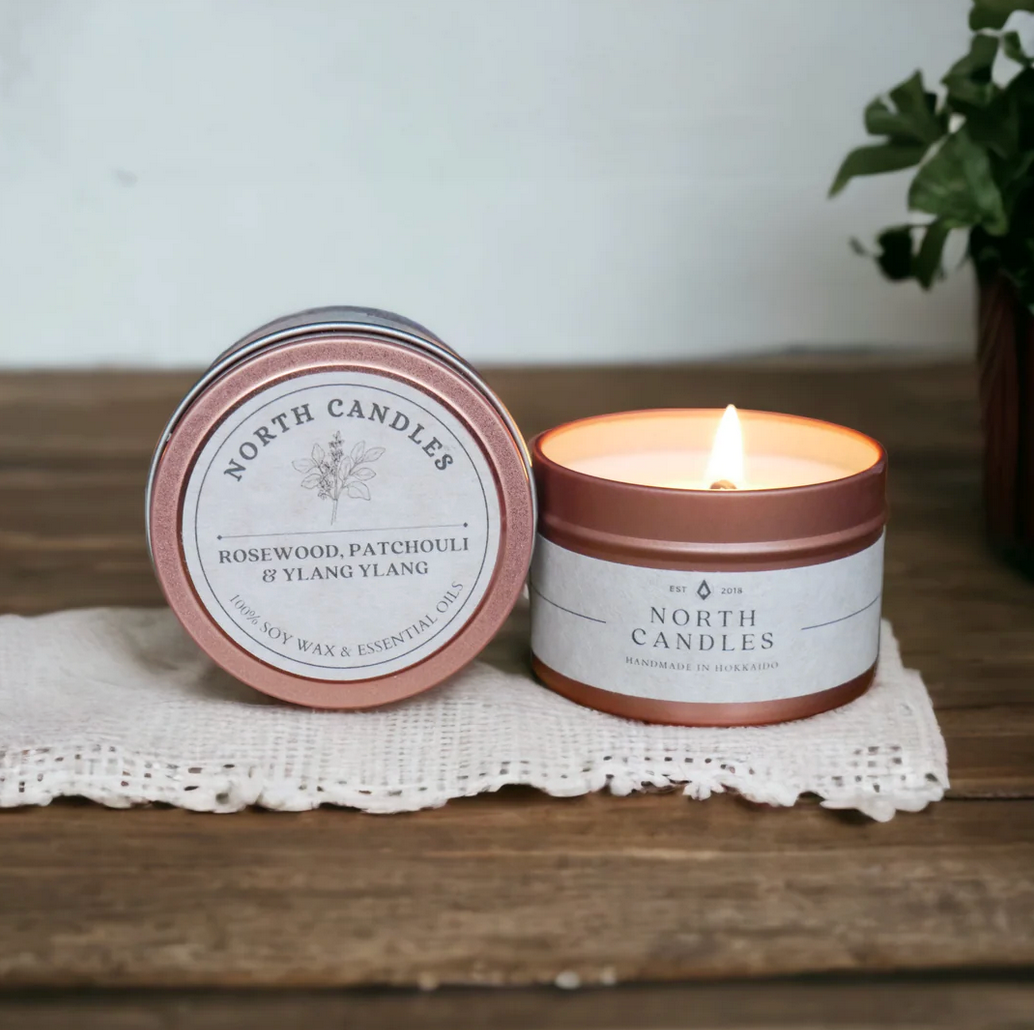
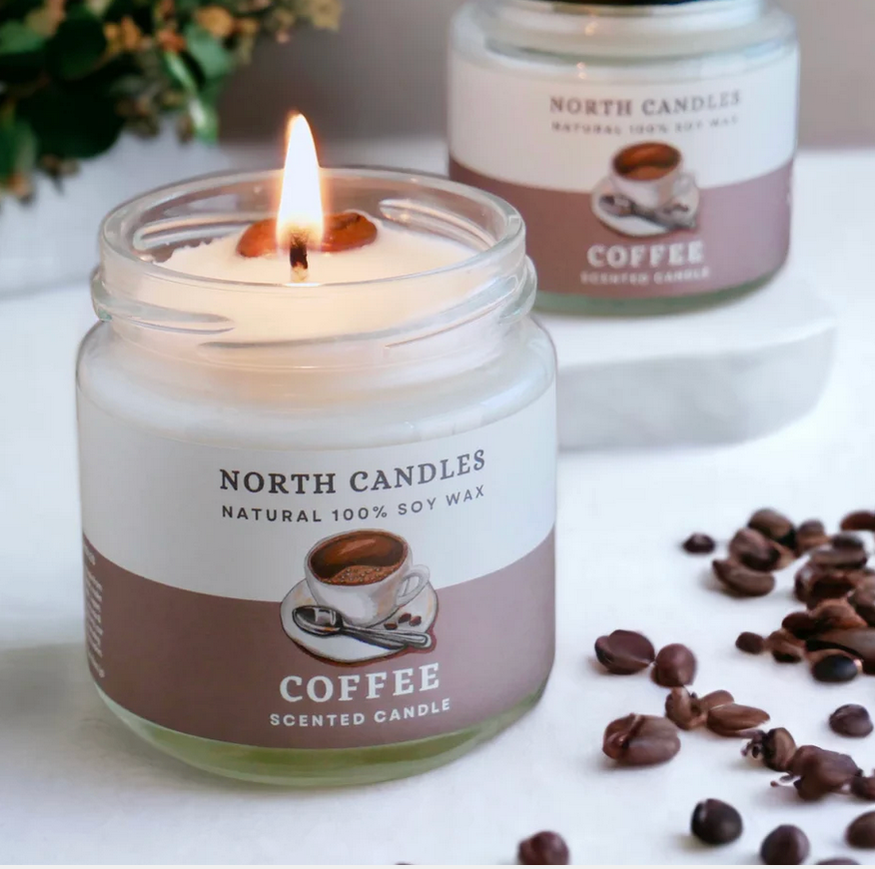
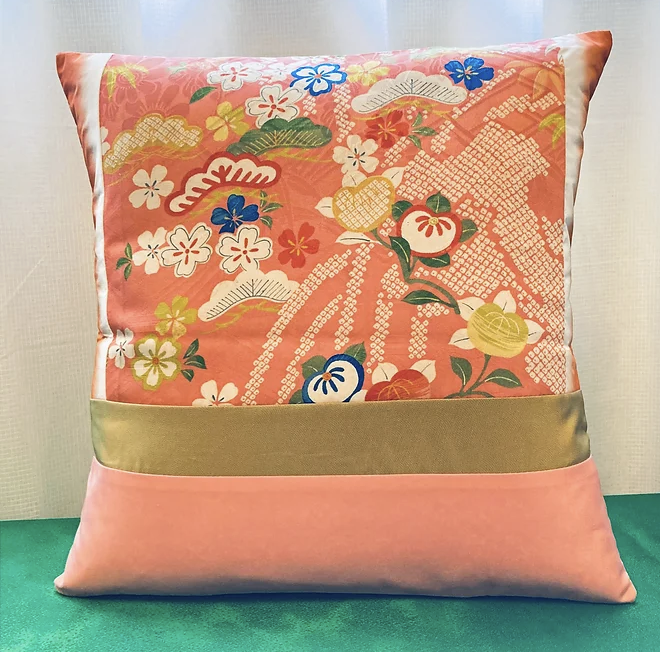
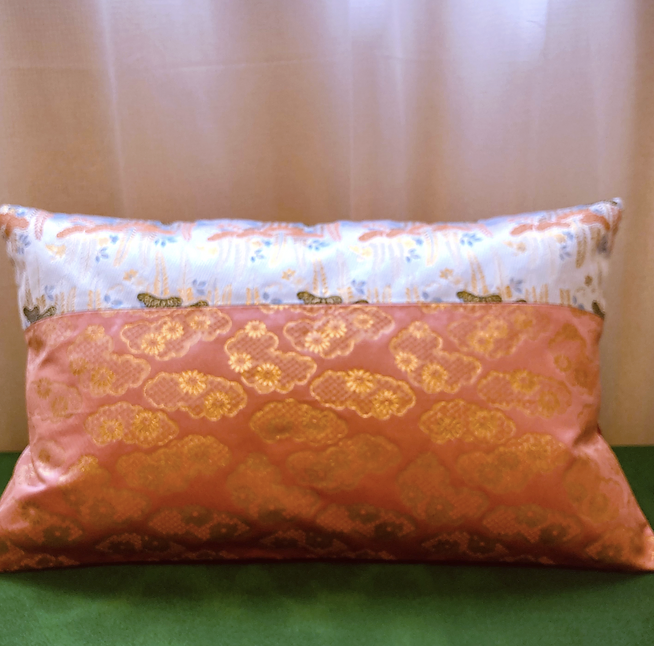
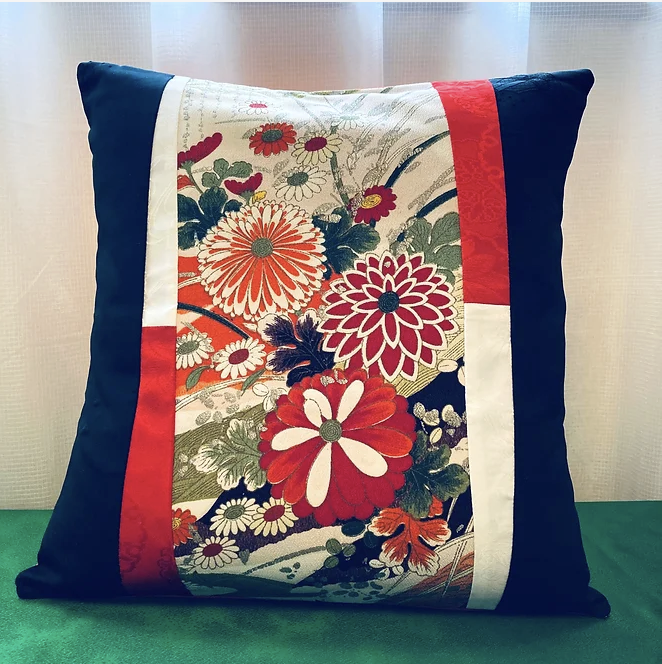
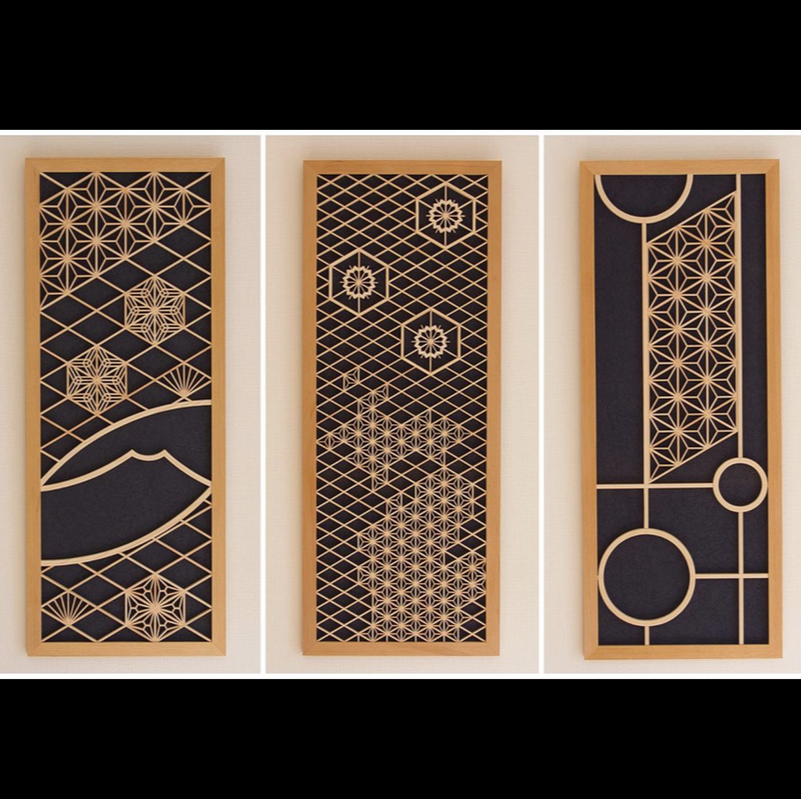
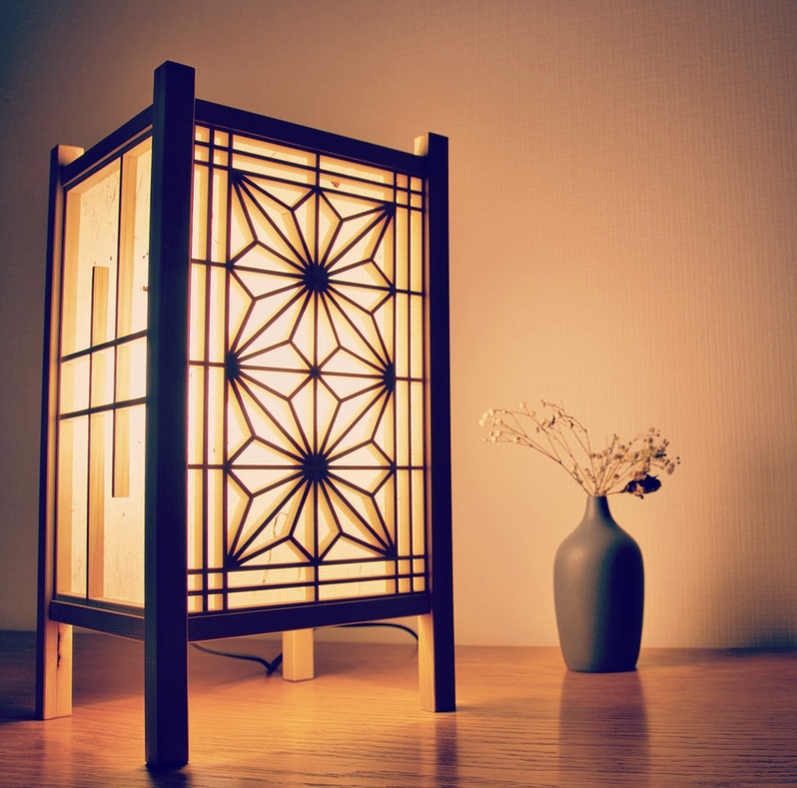
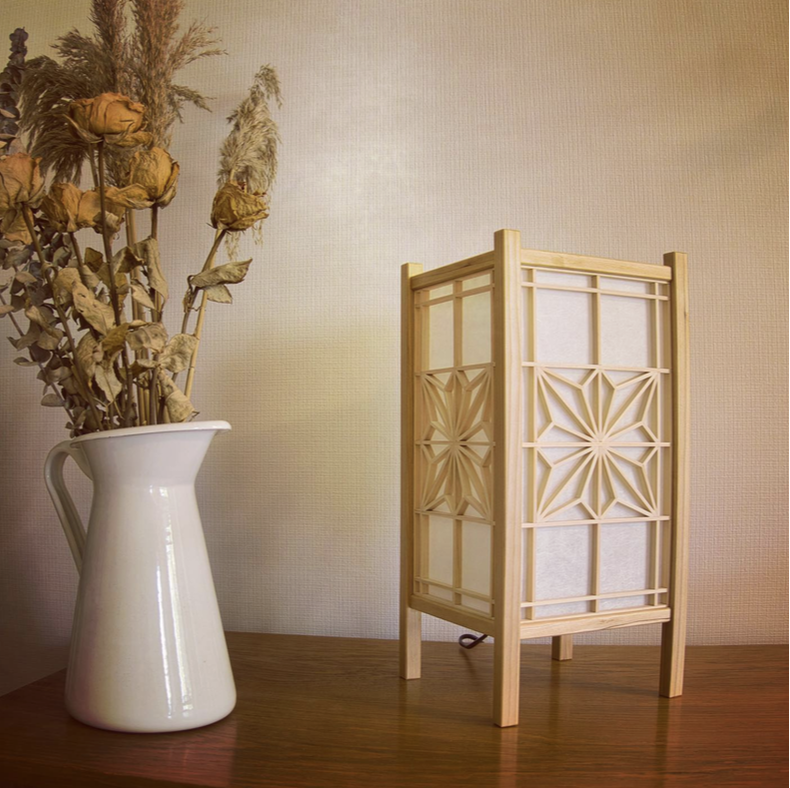
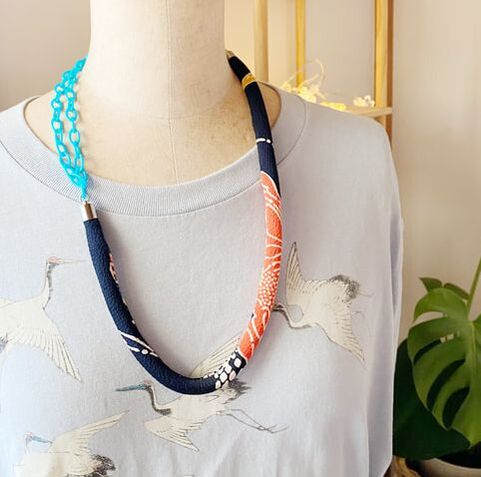
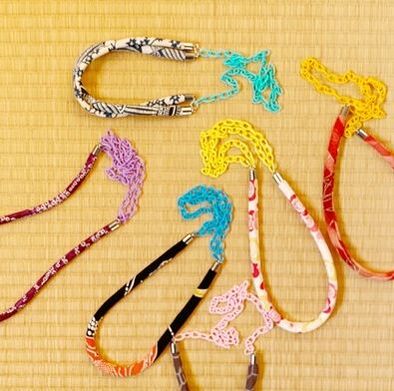
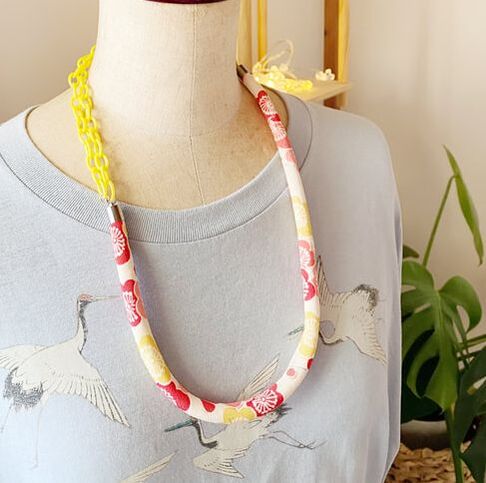
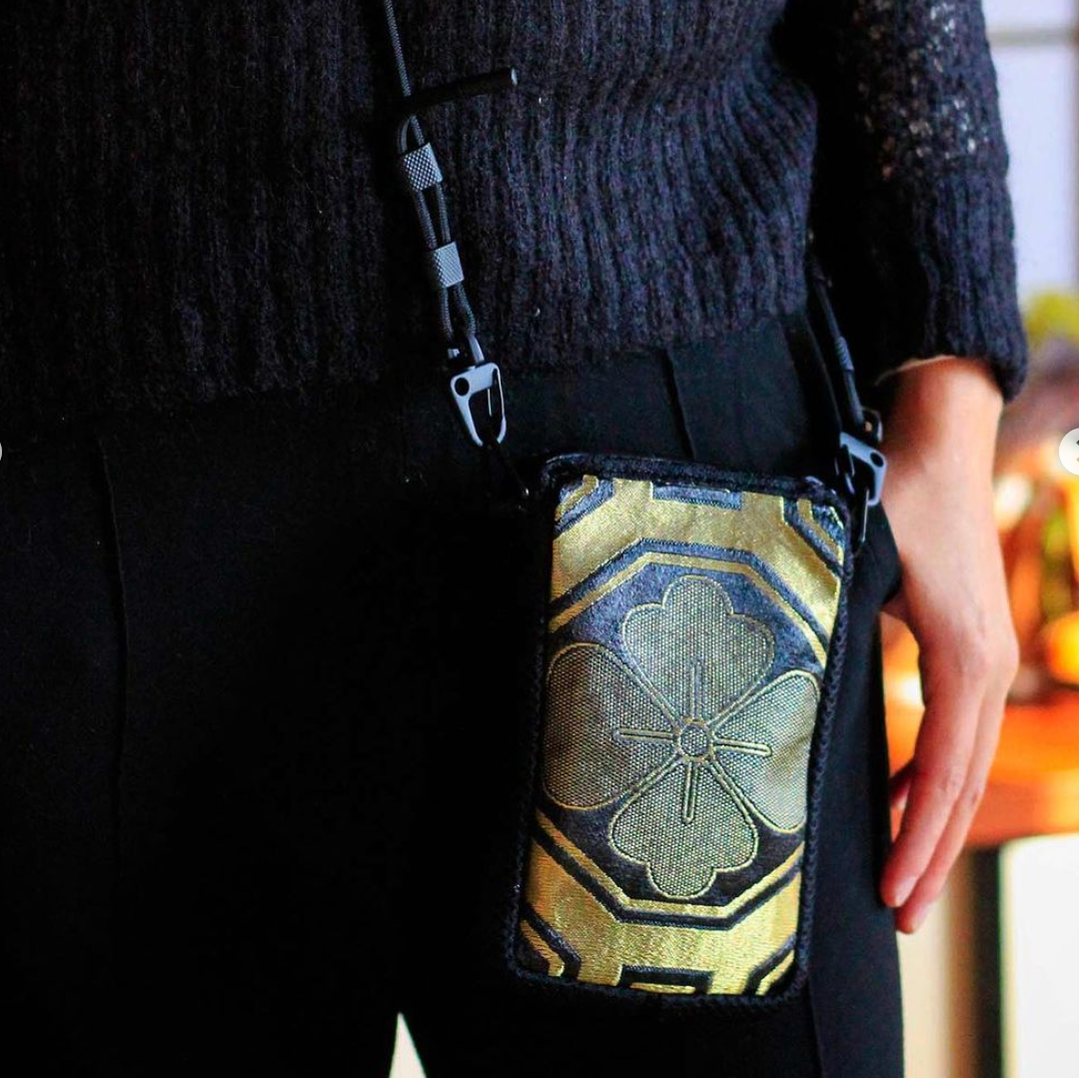
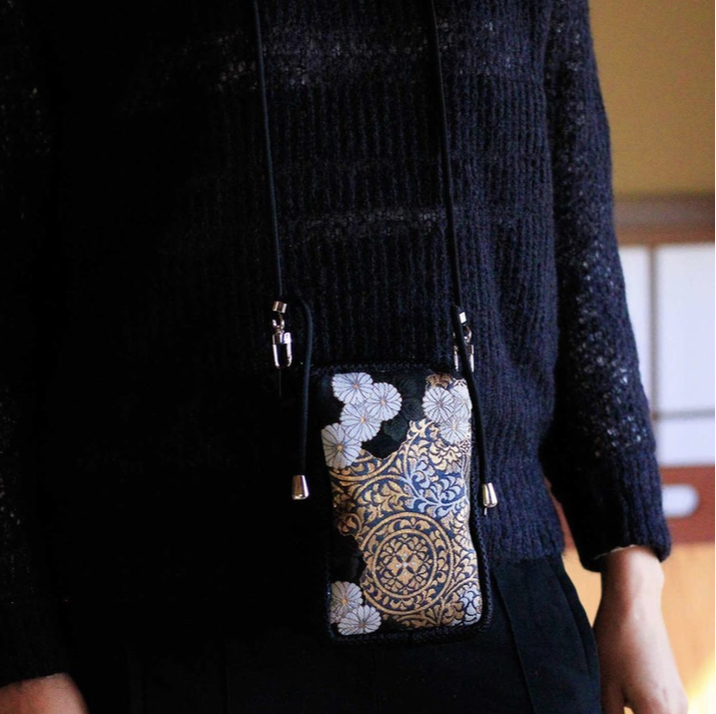
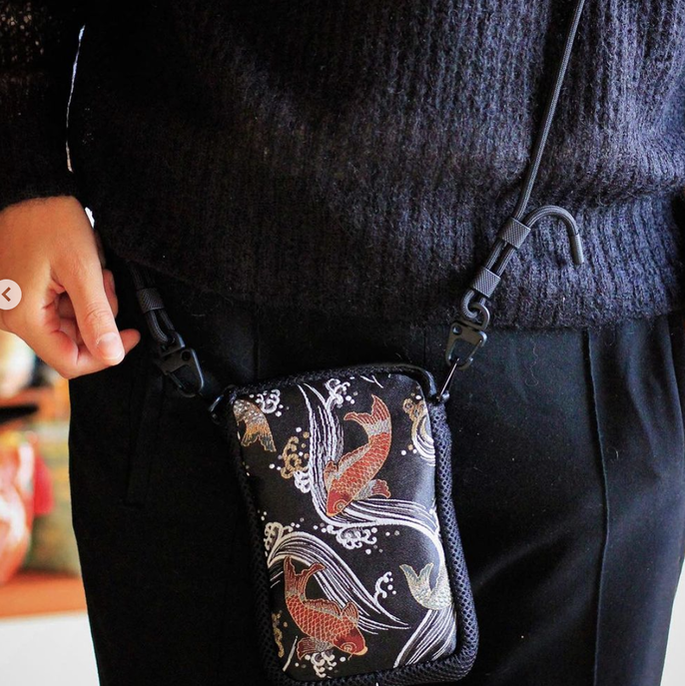
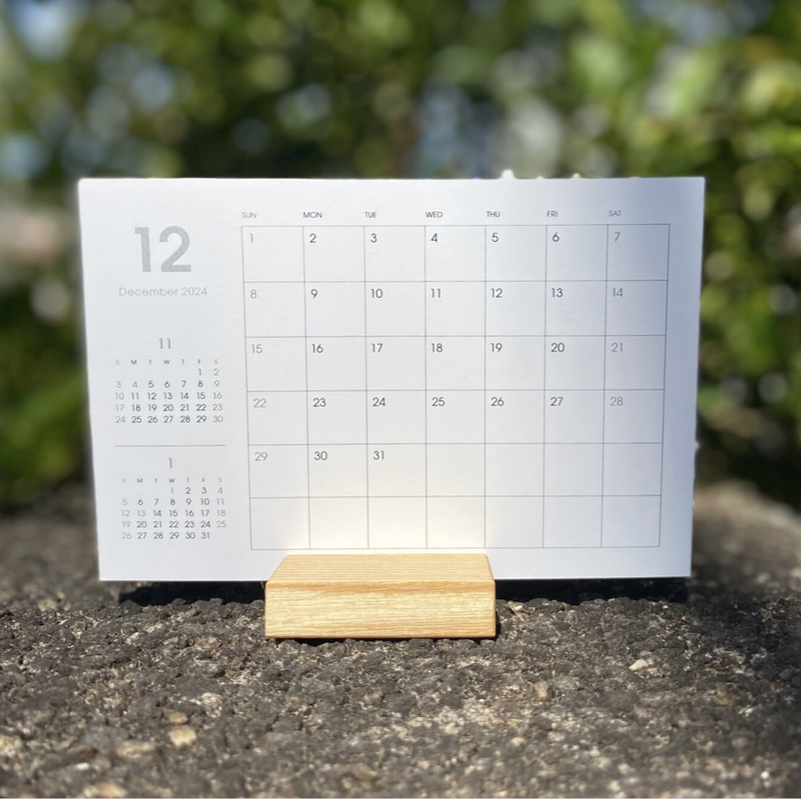

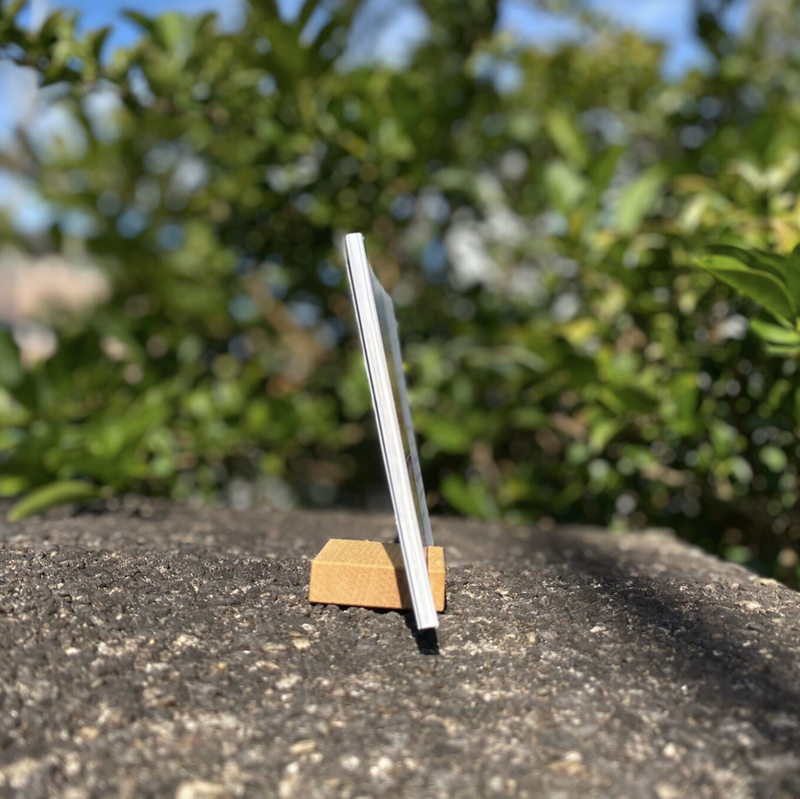
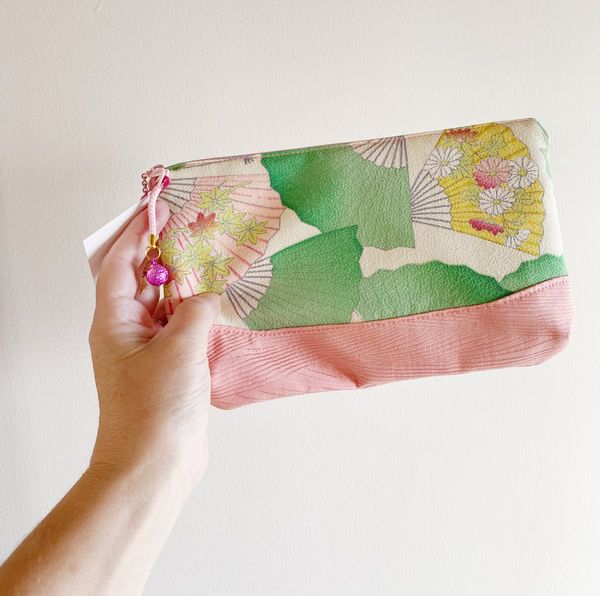
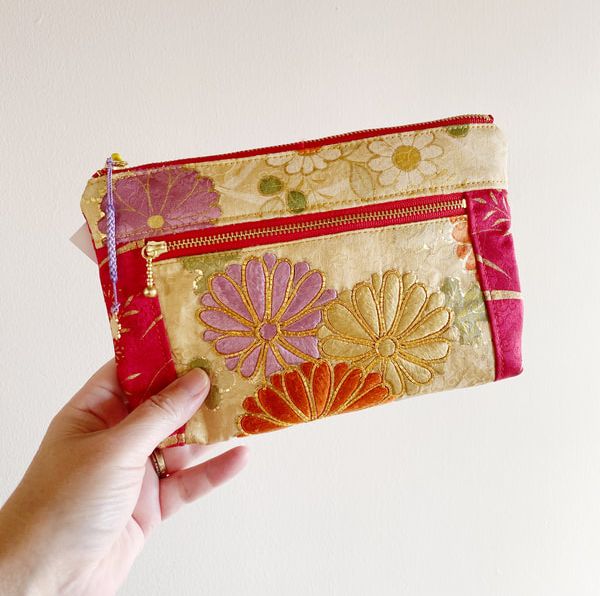
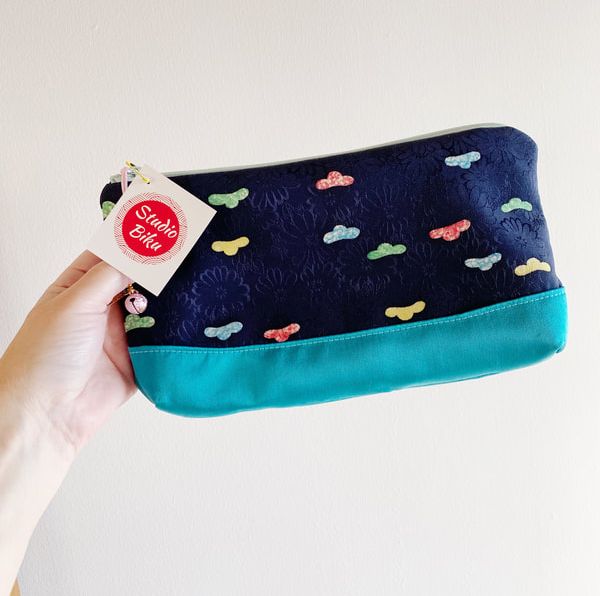
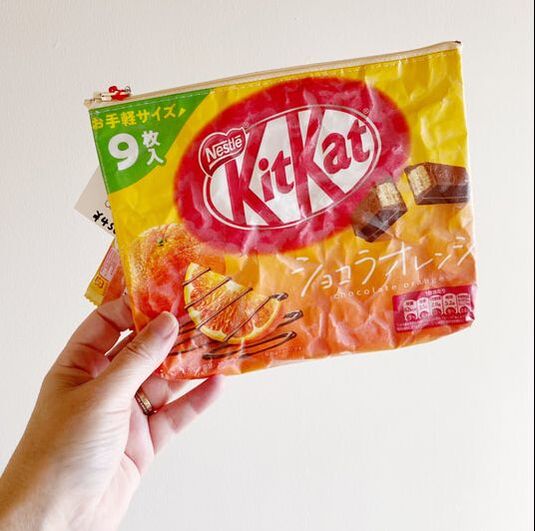
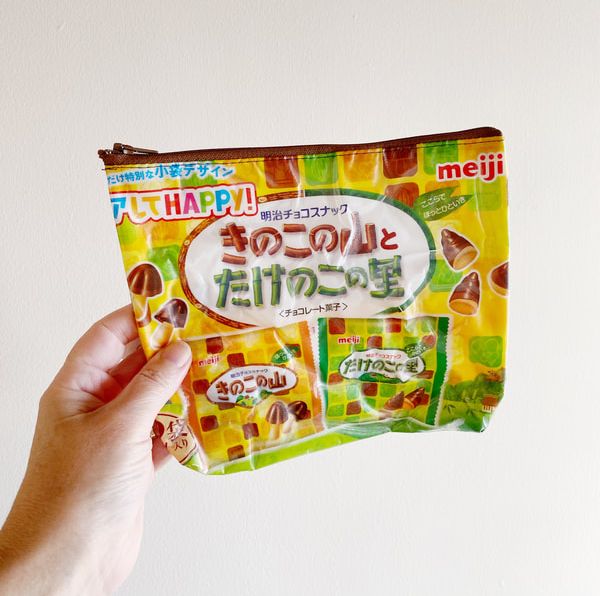
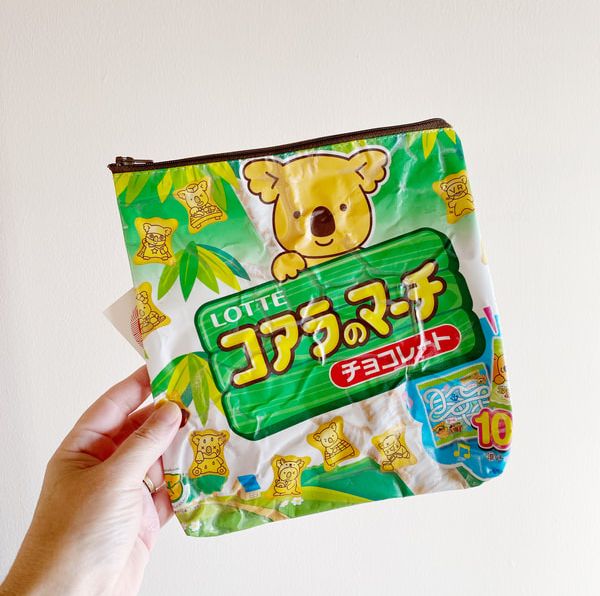
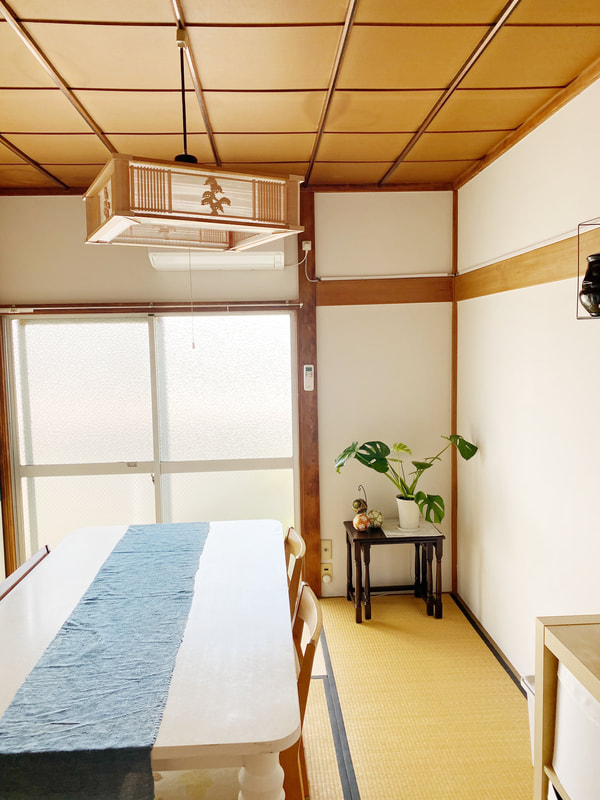

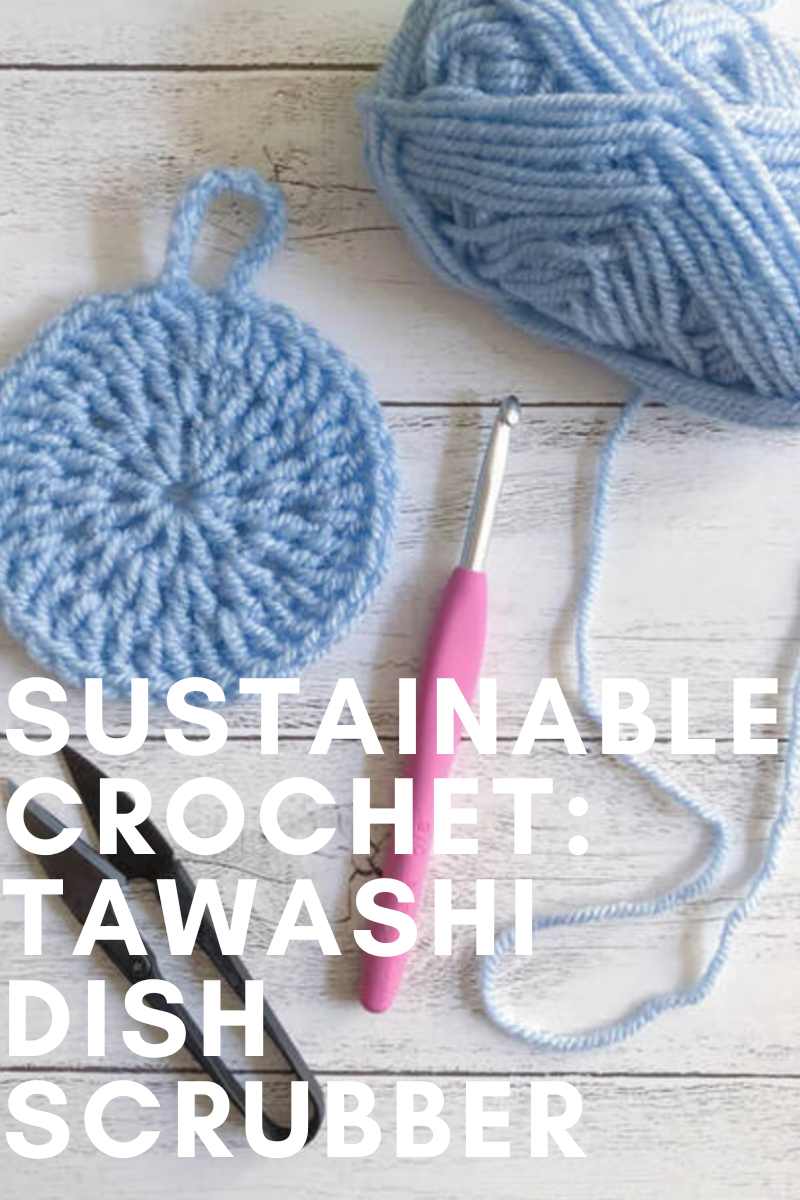
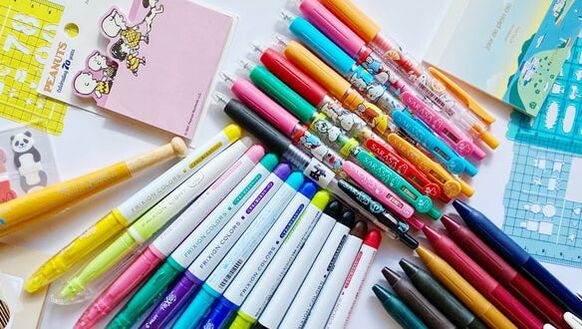
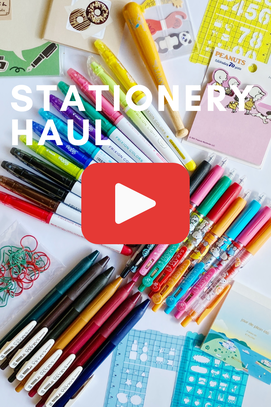
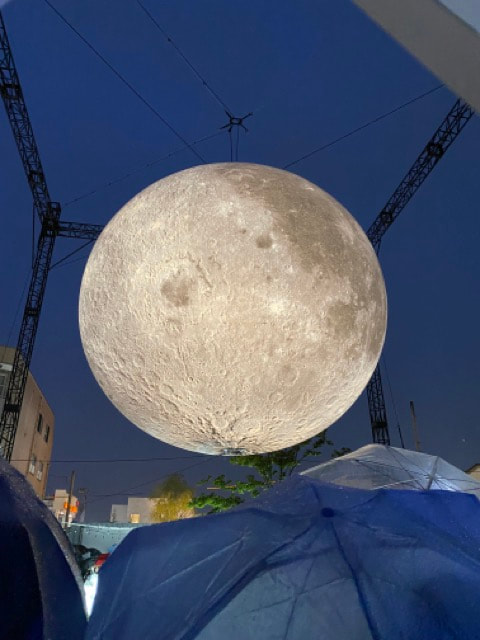
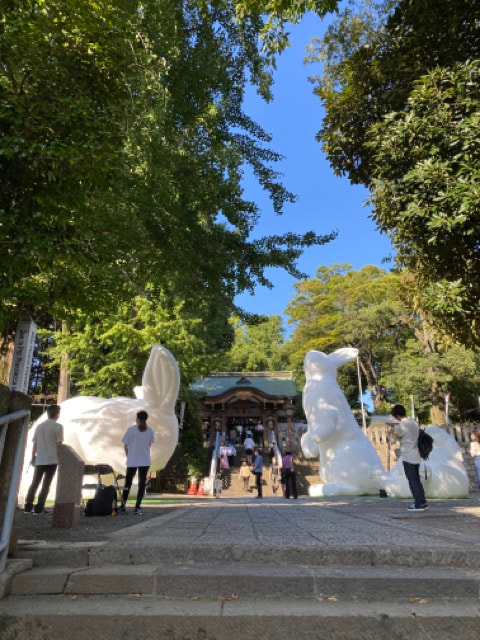

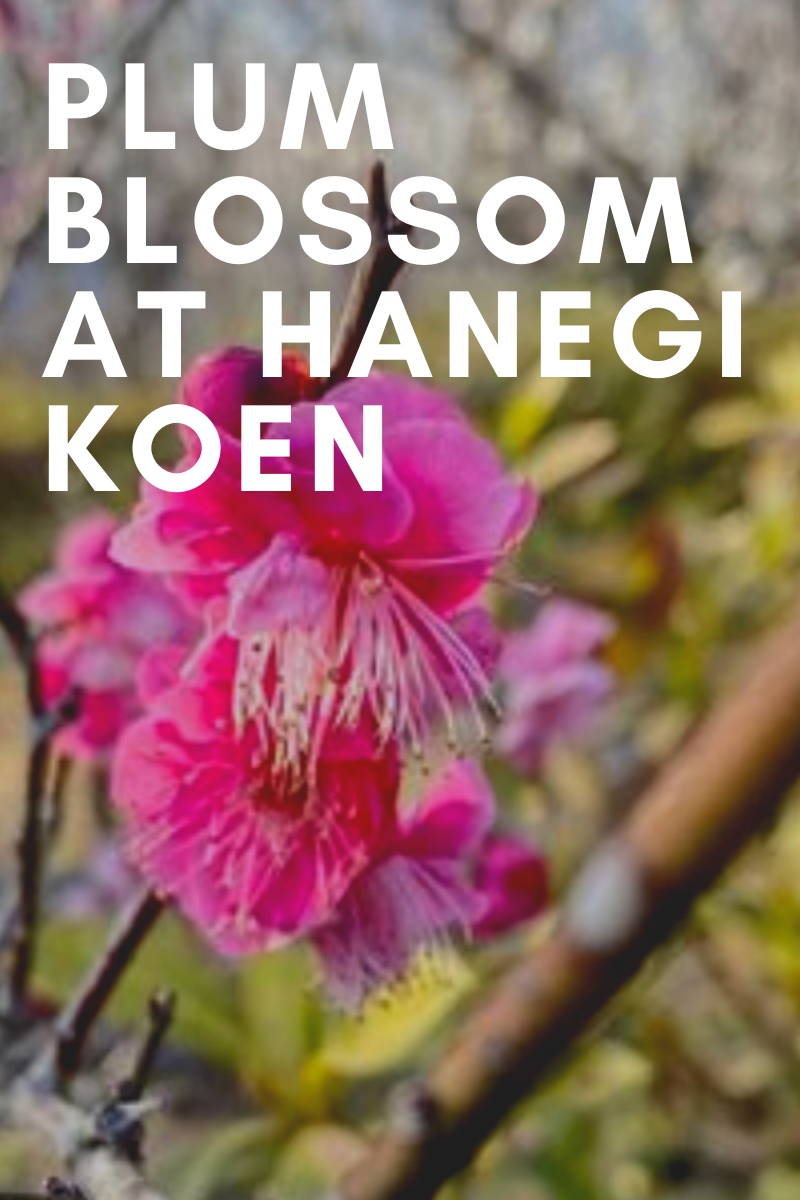
 RSS Feed
RSS Feed 